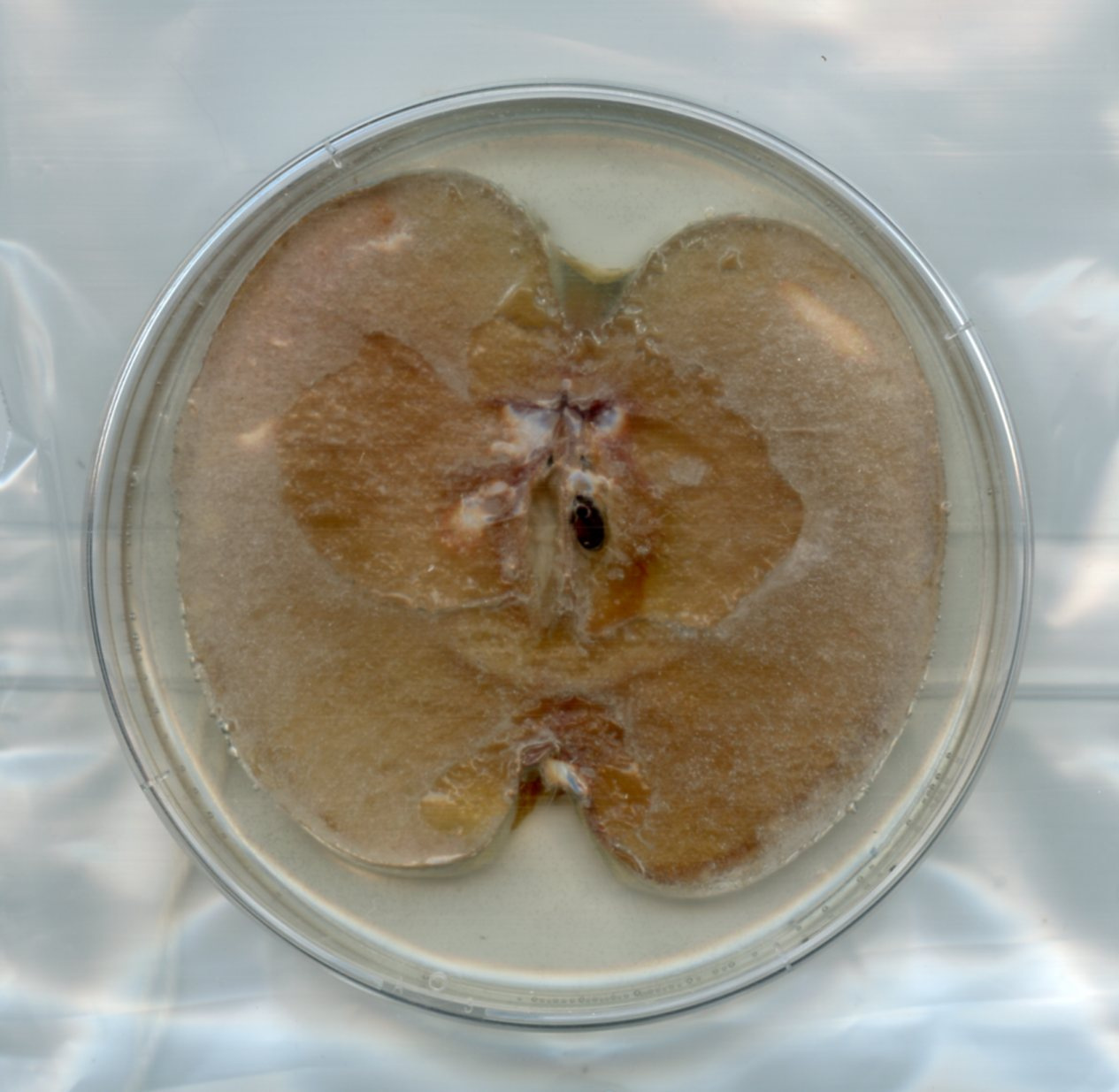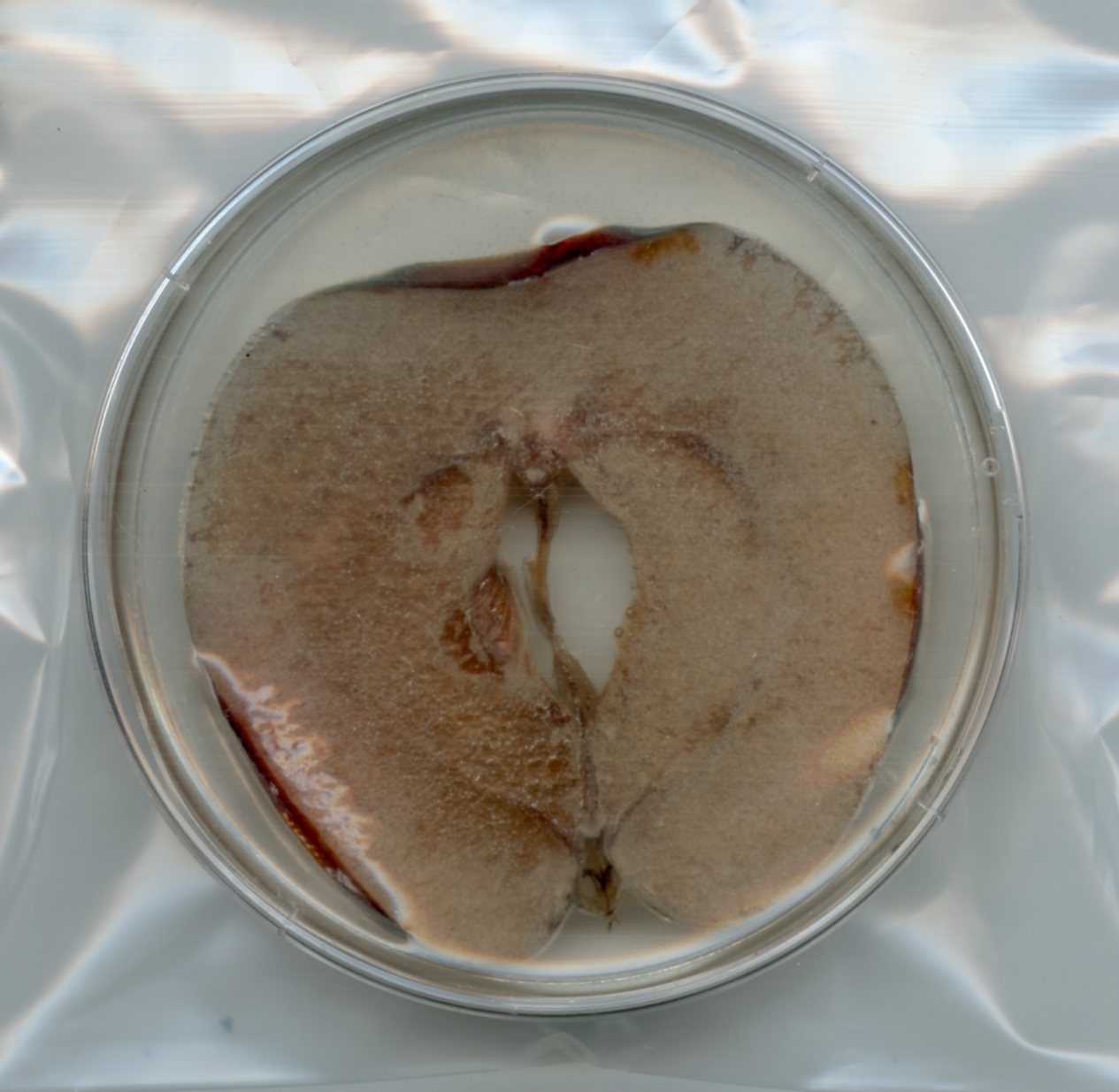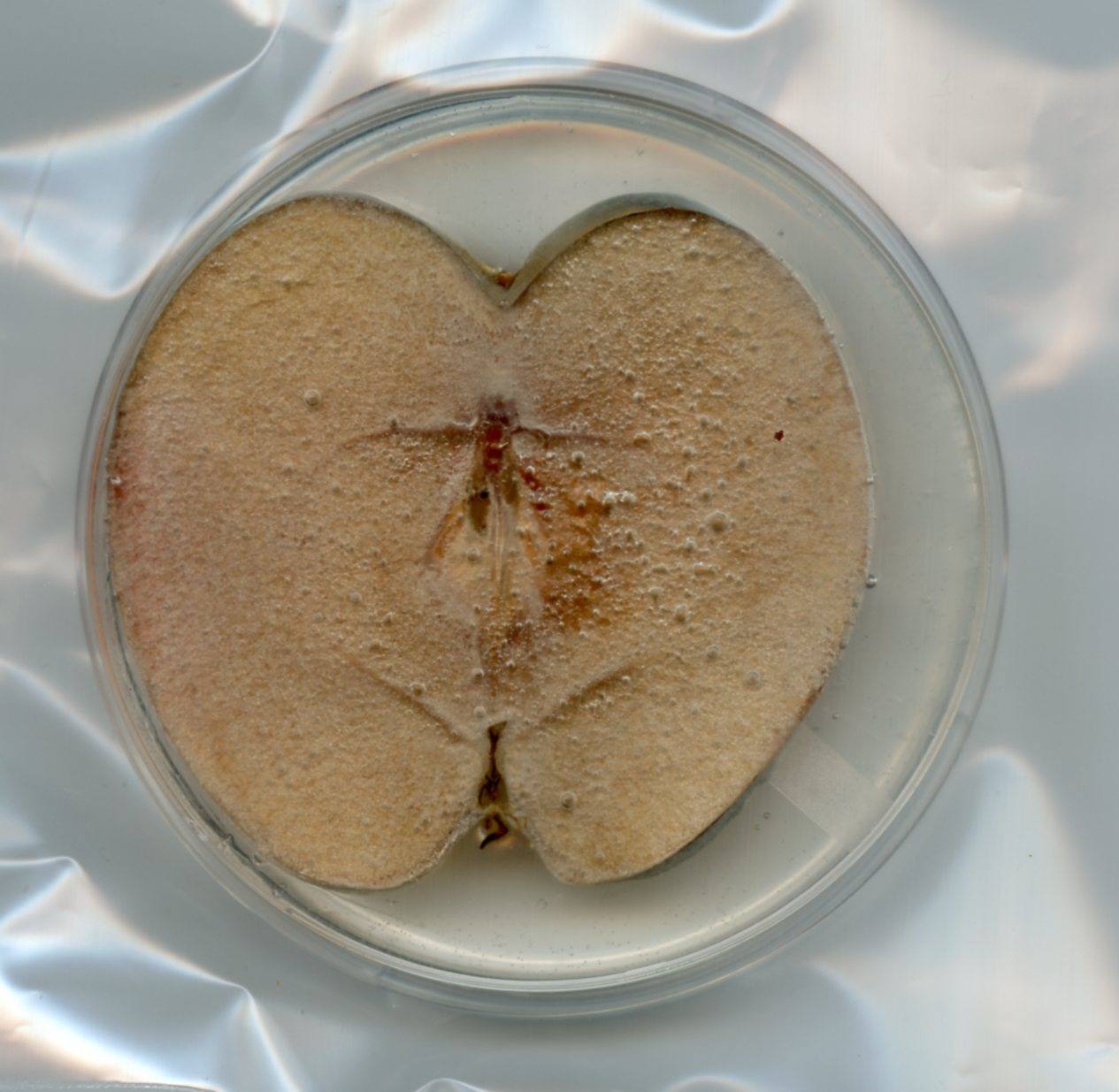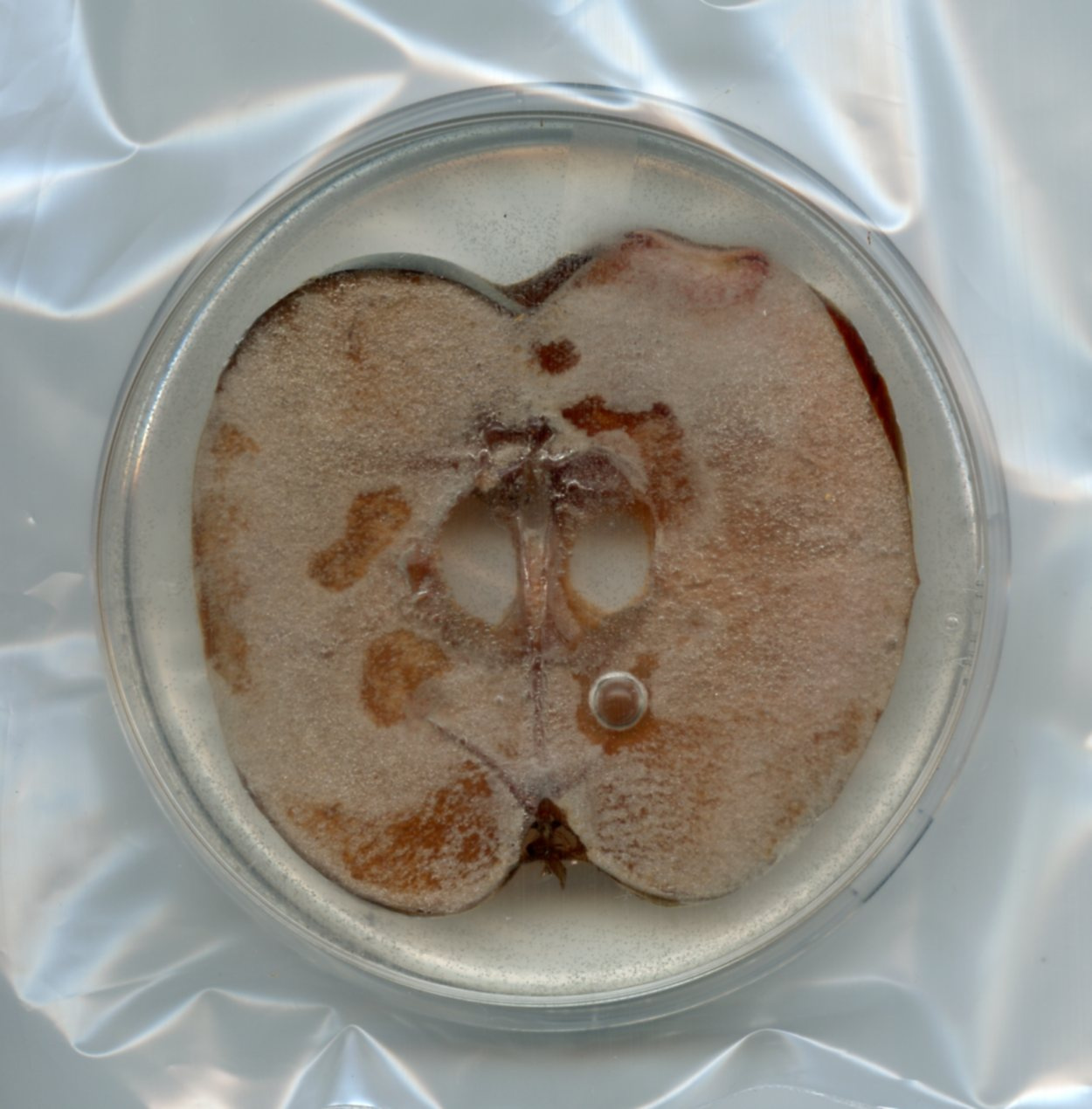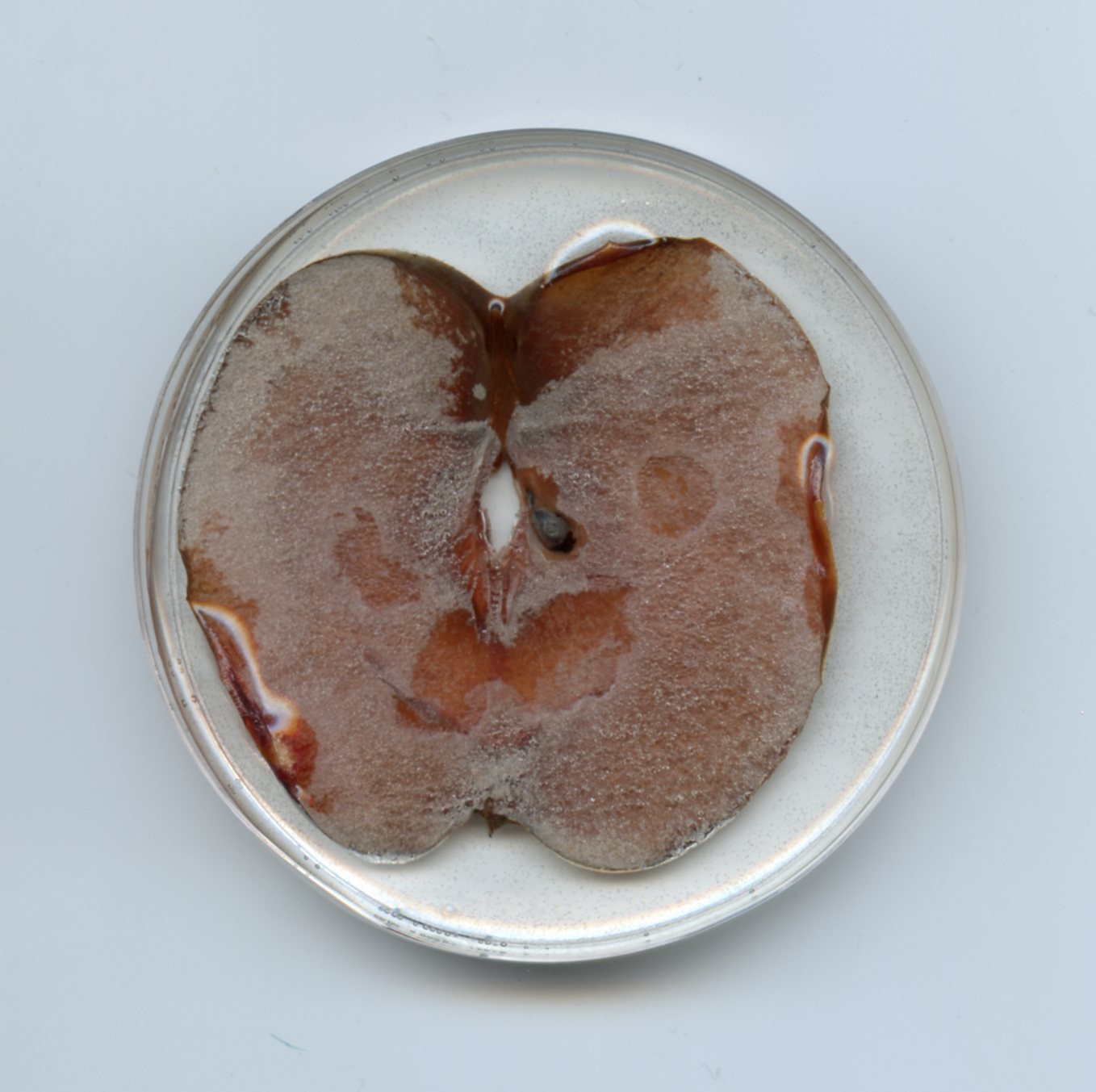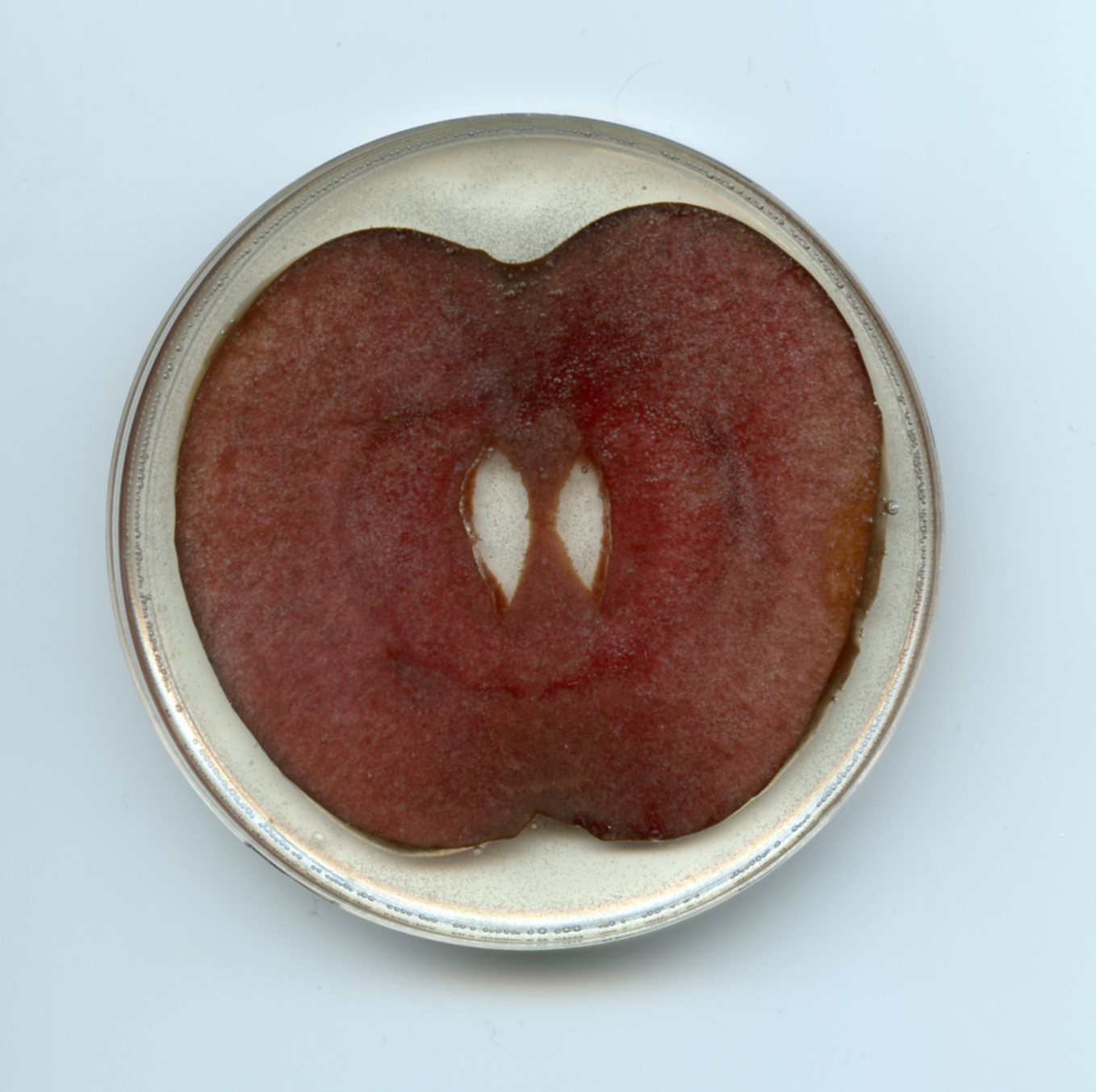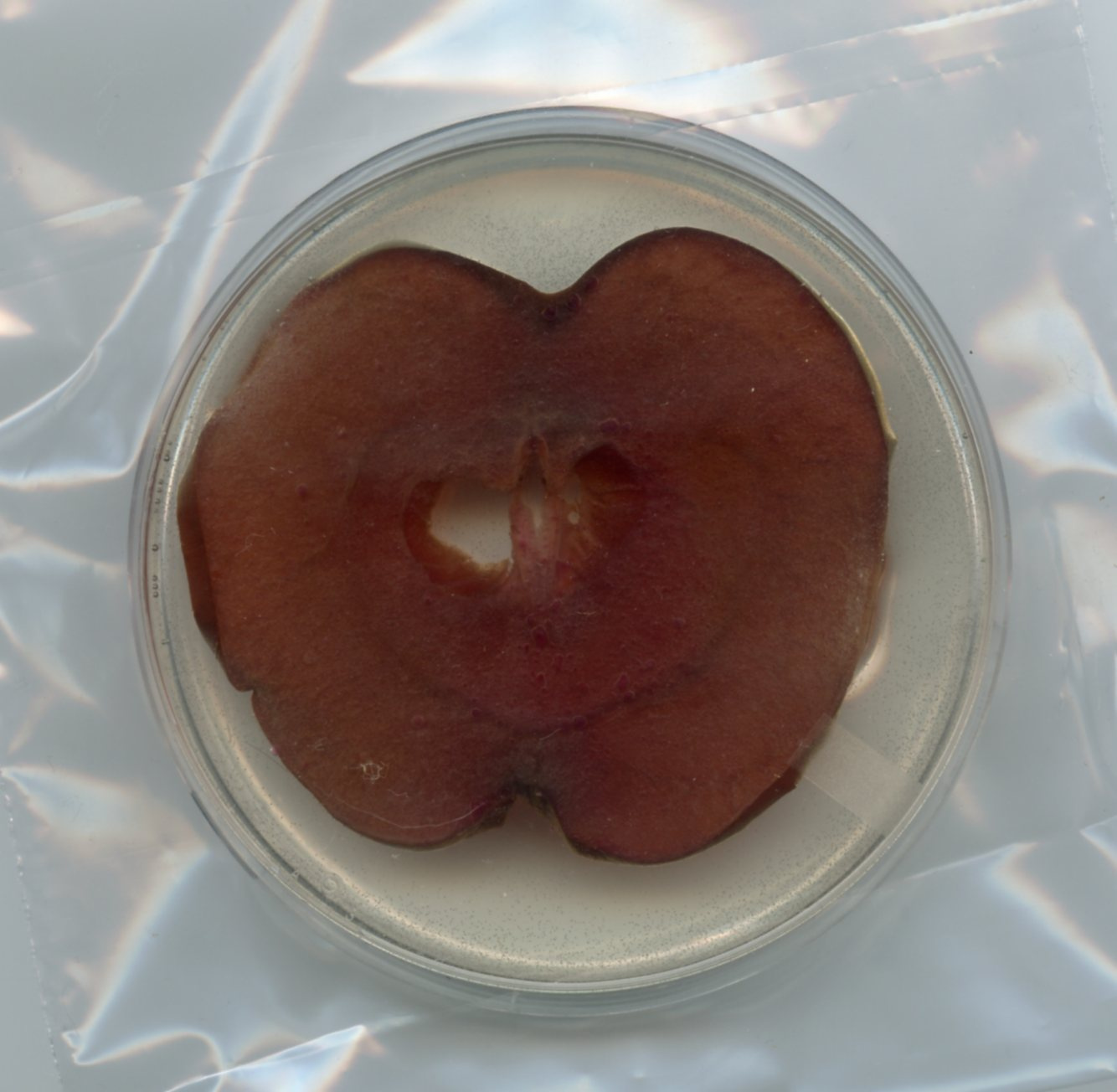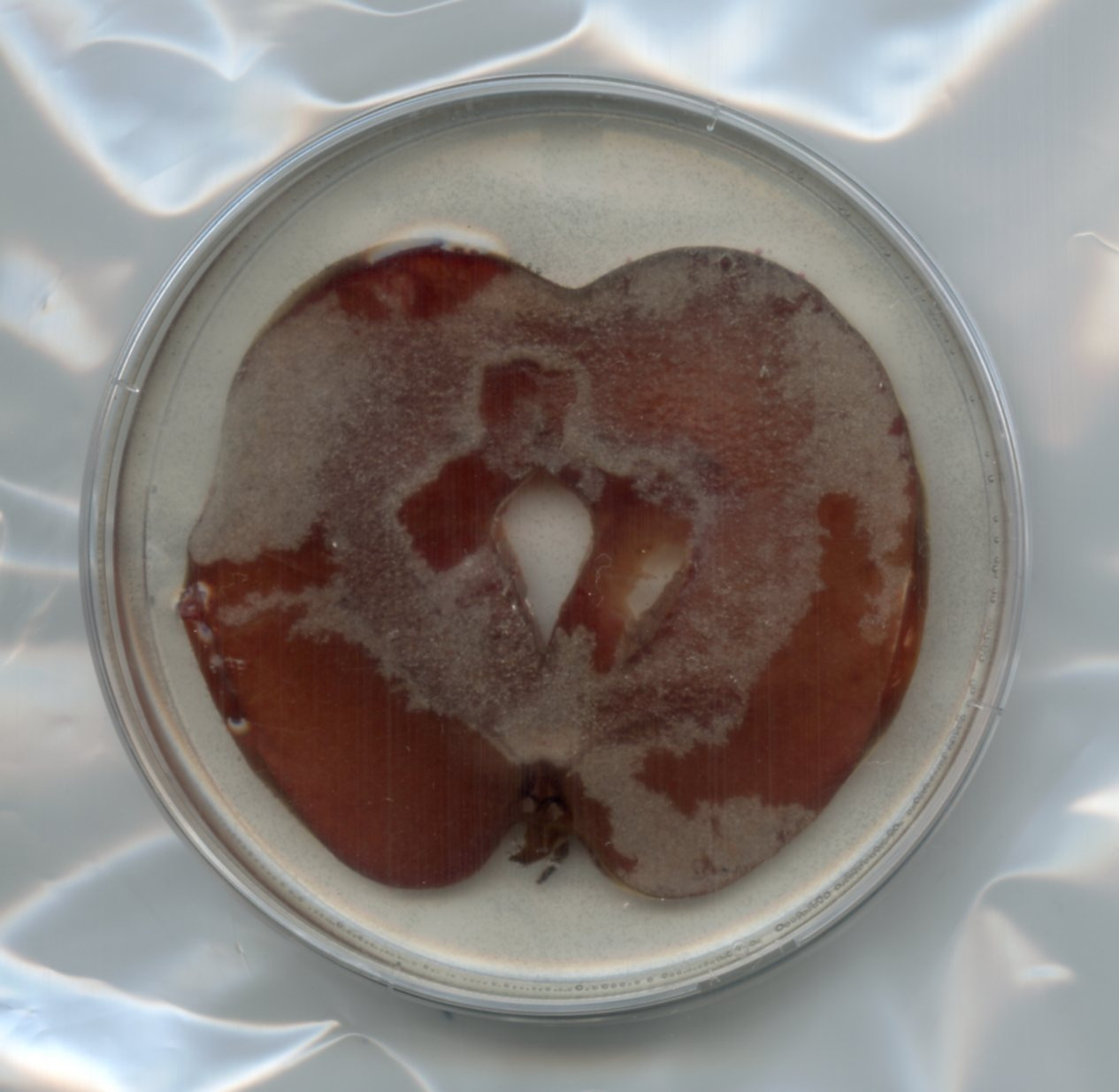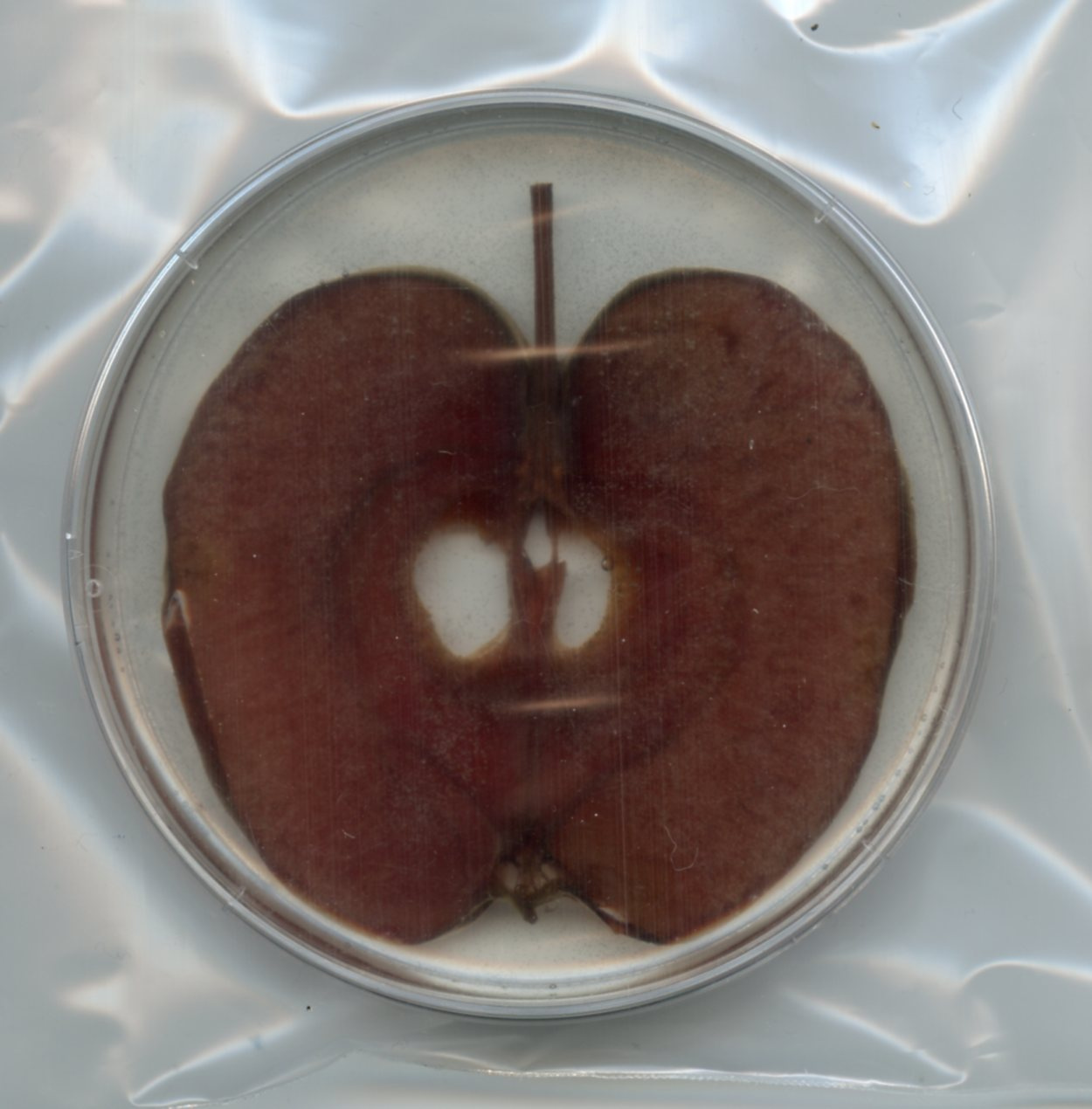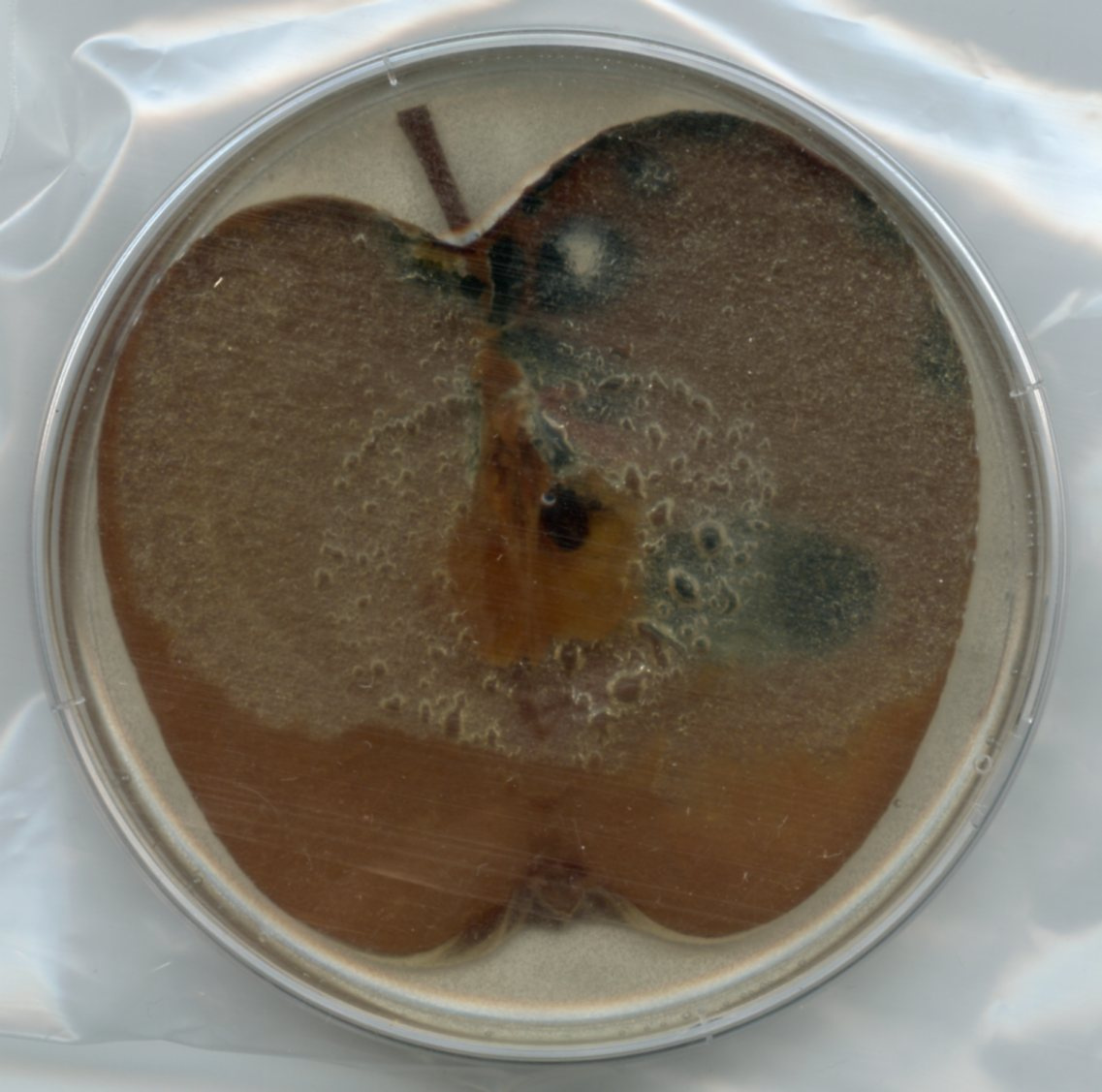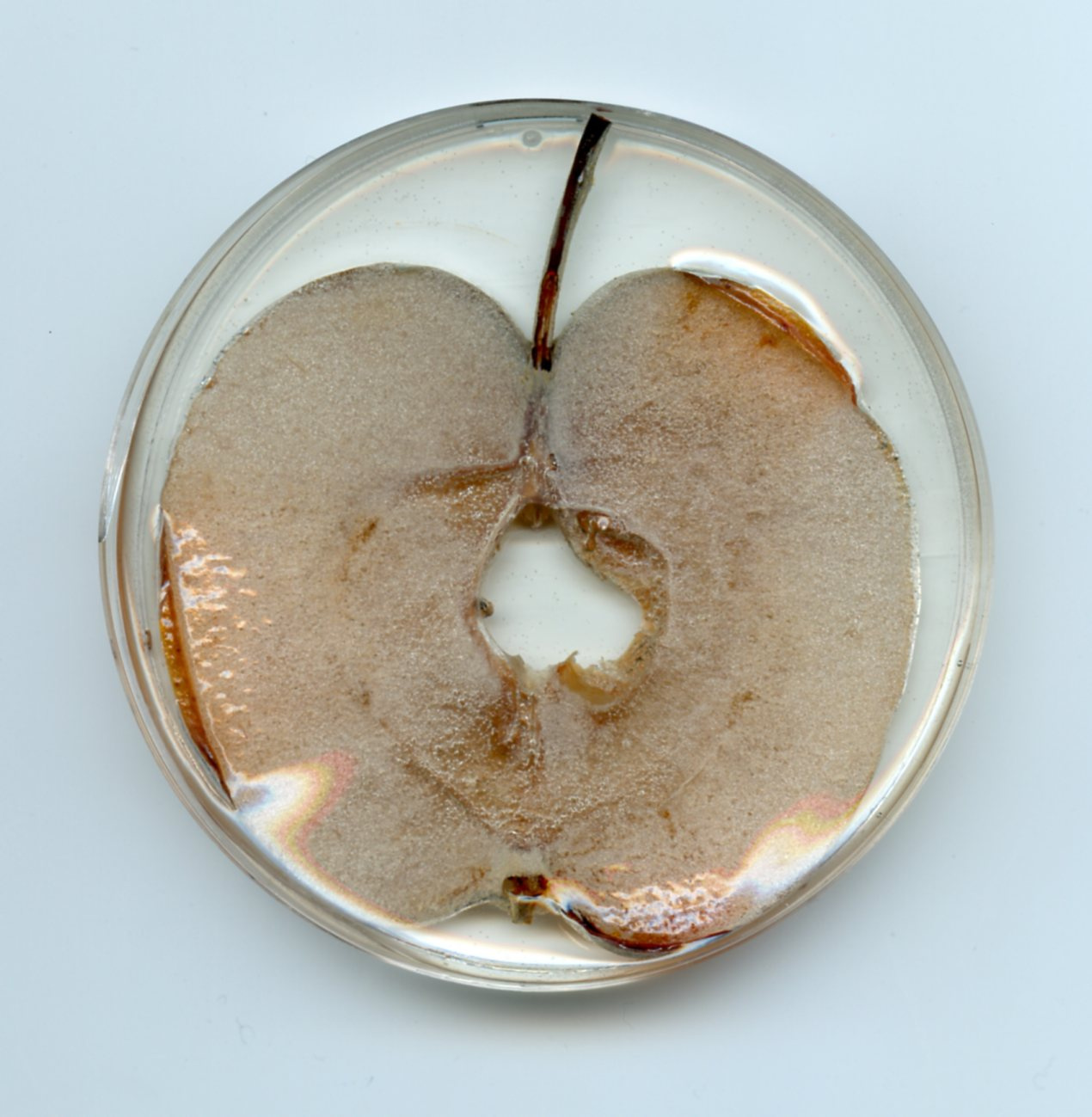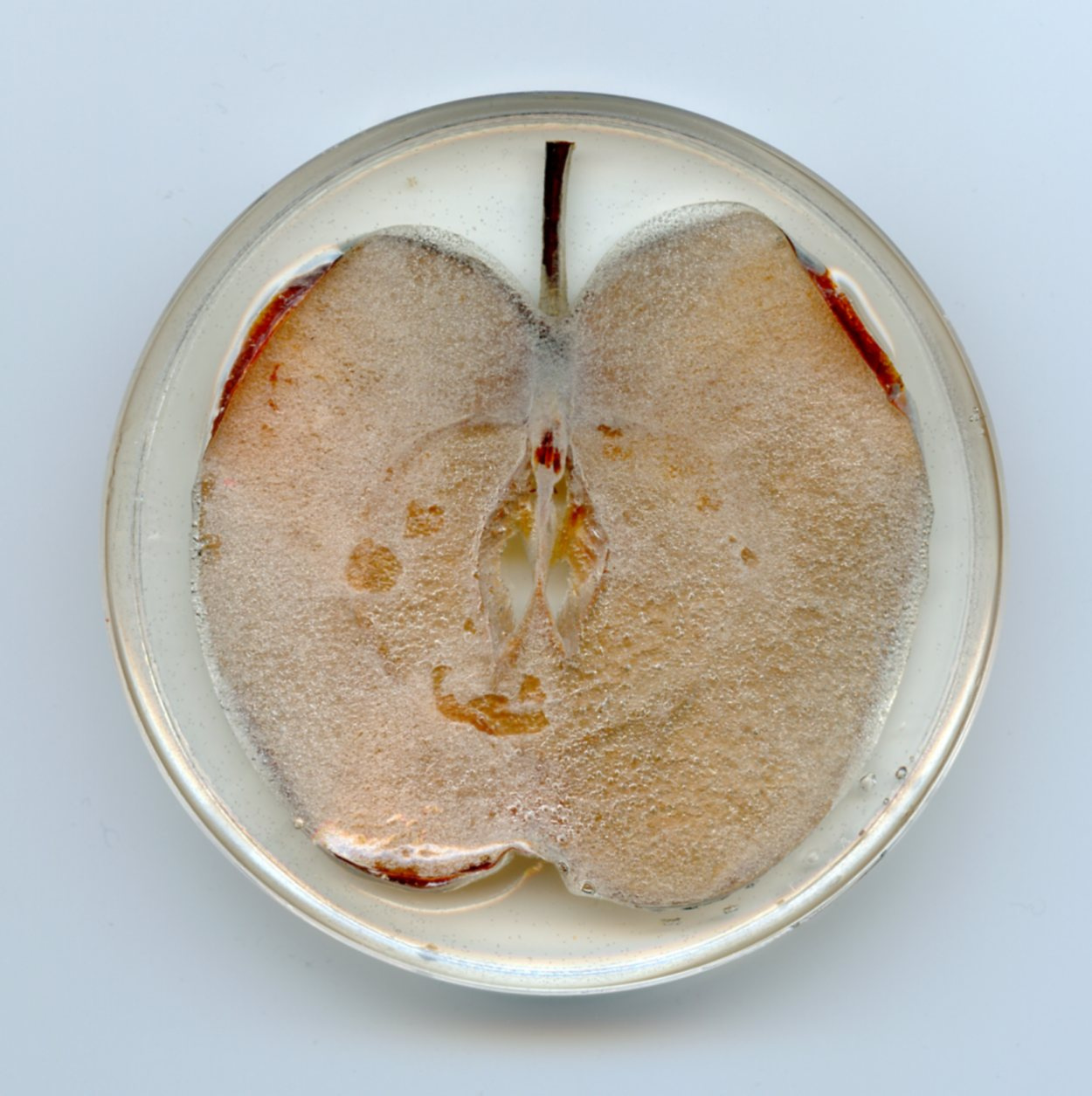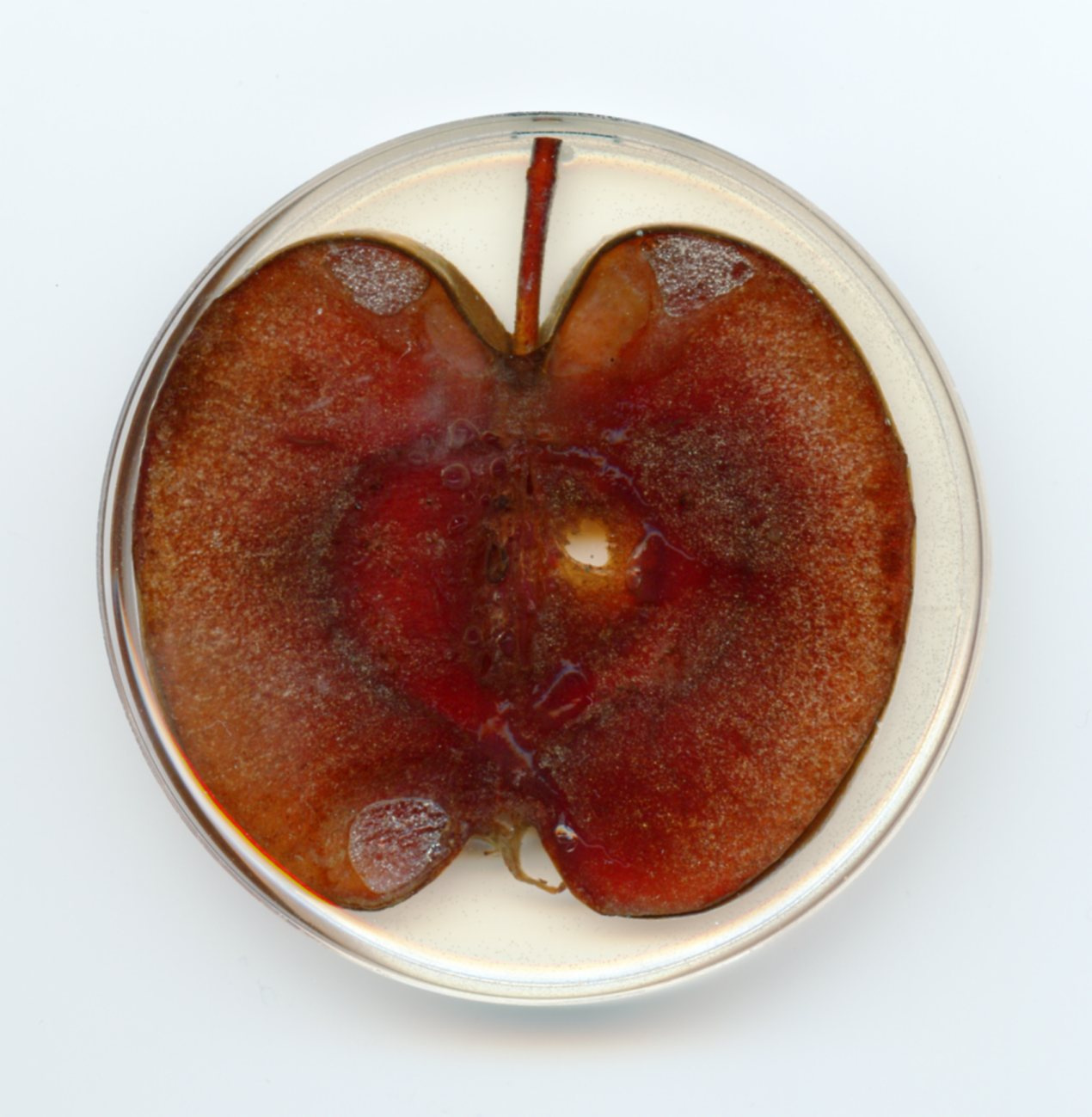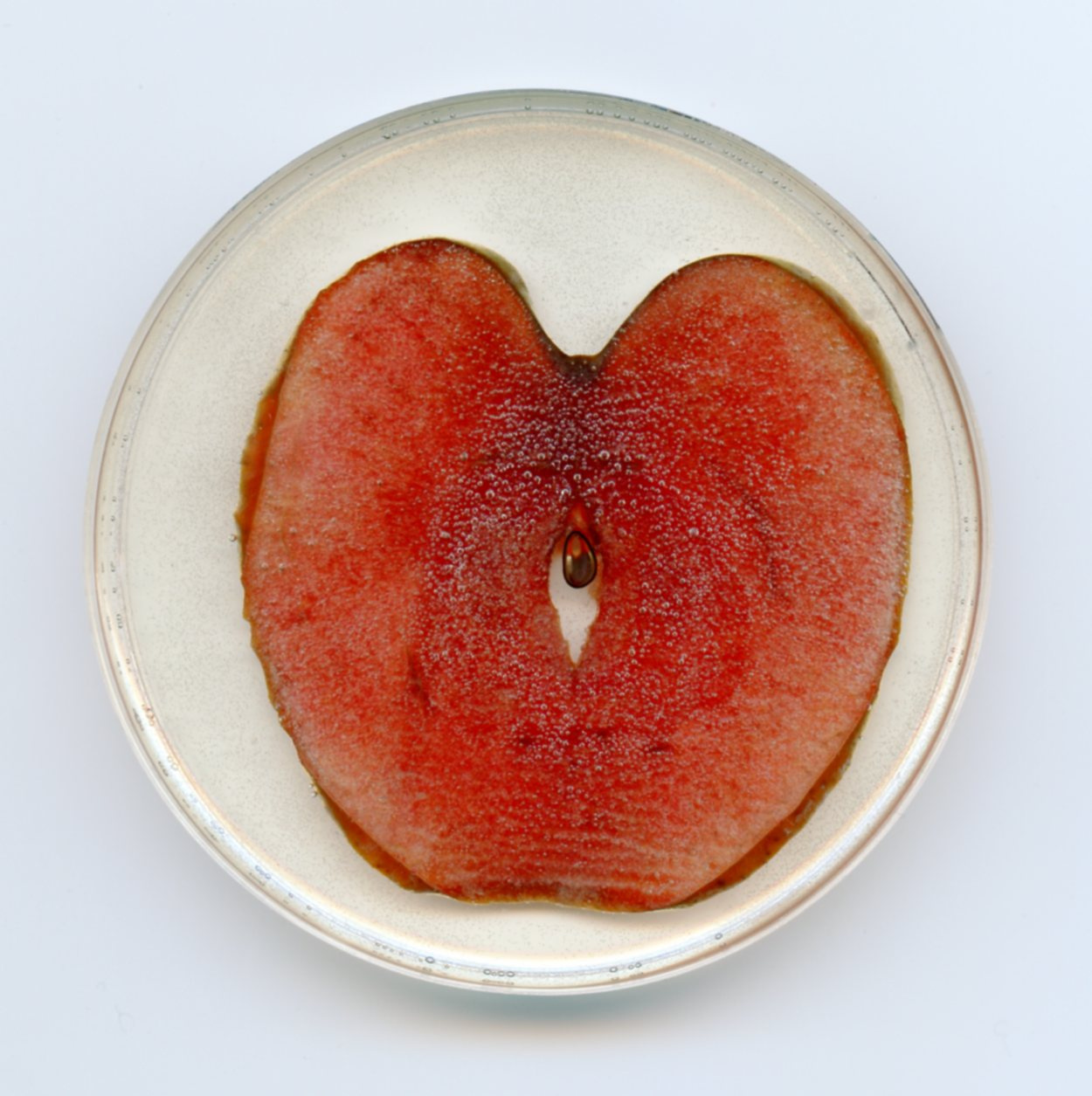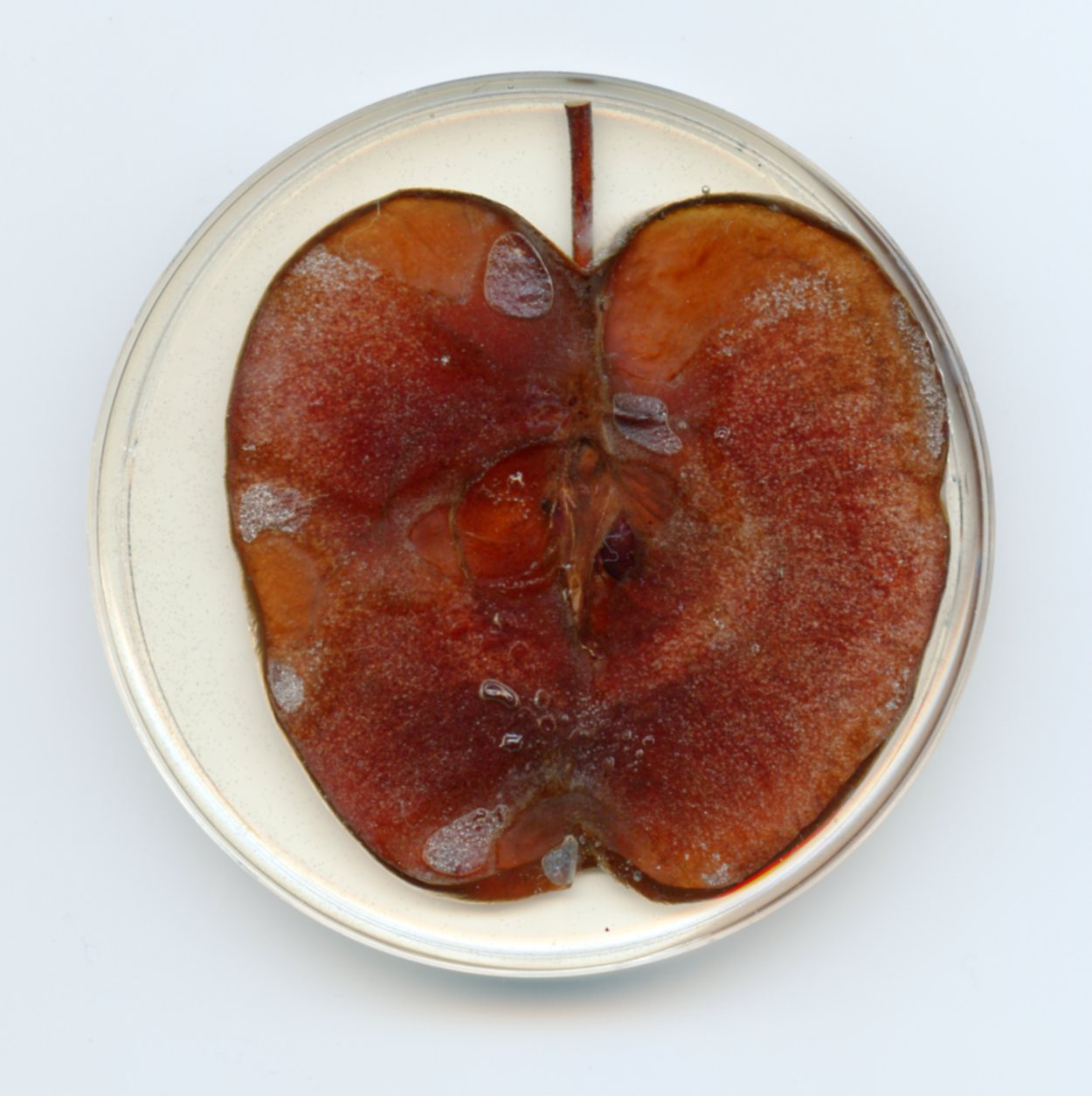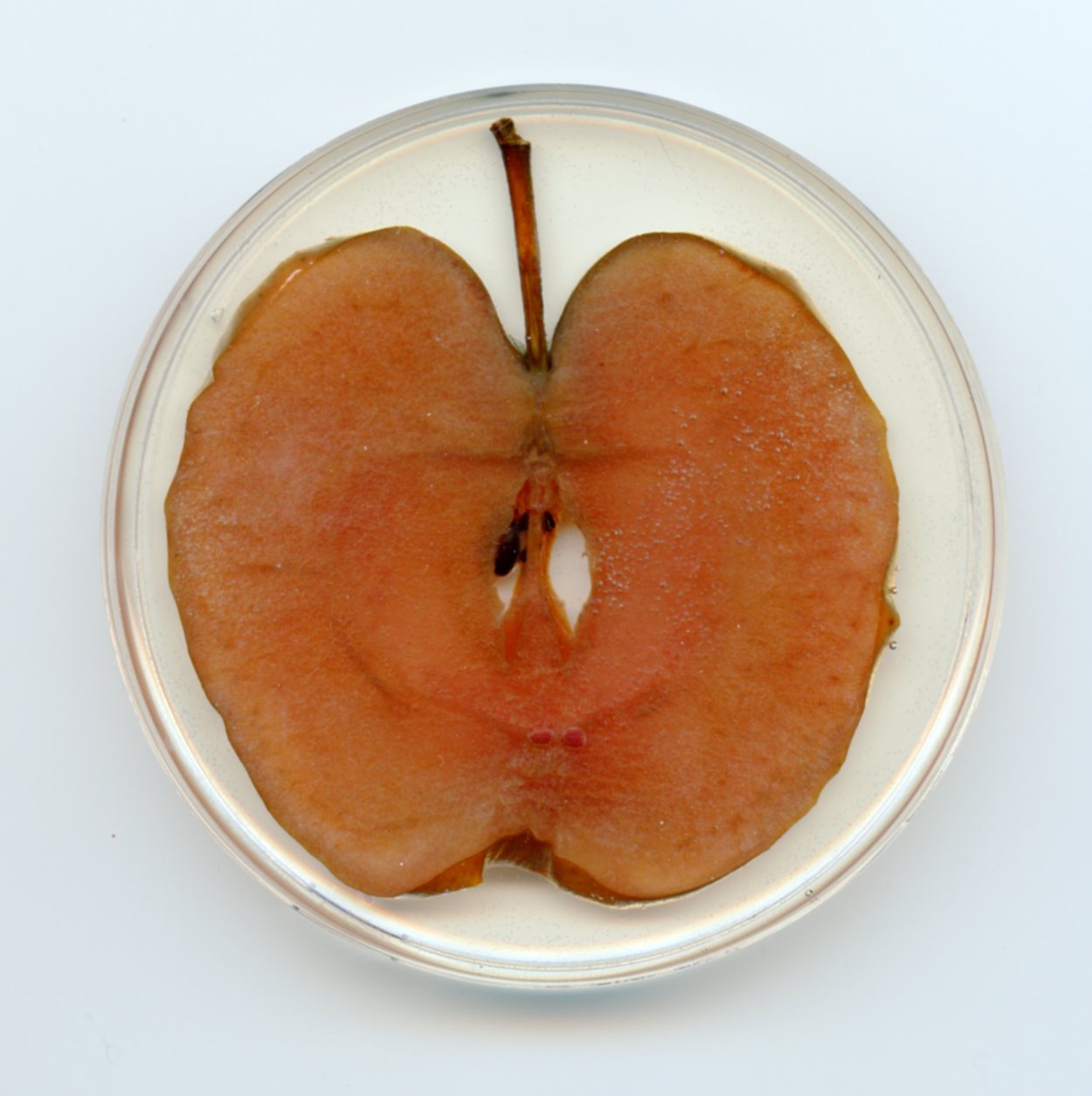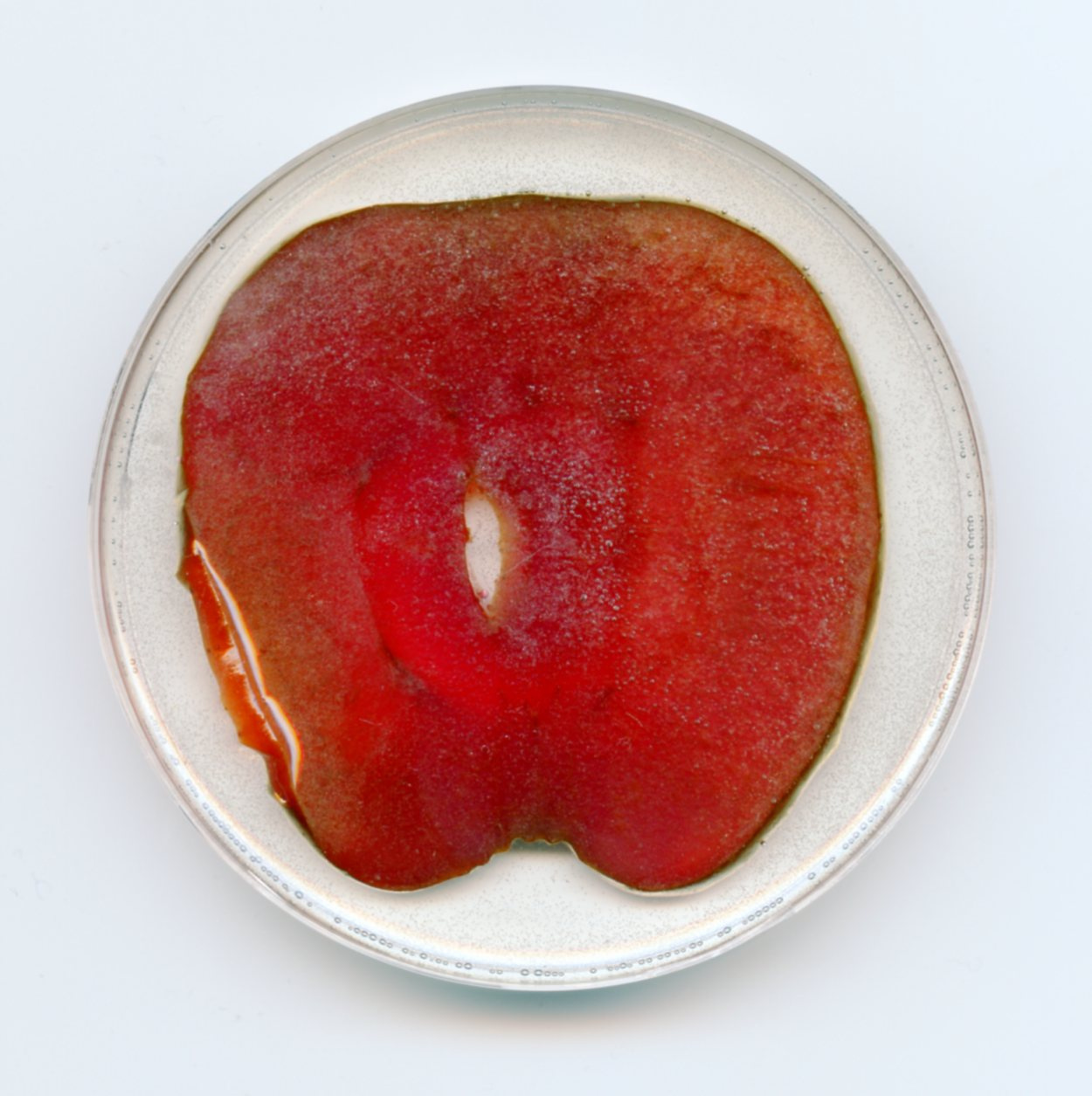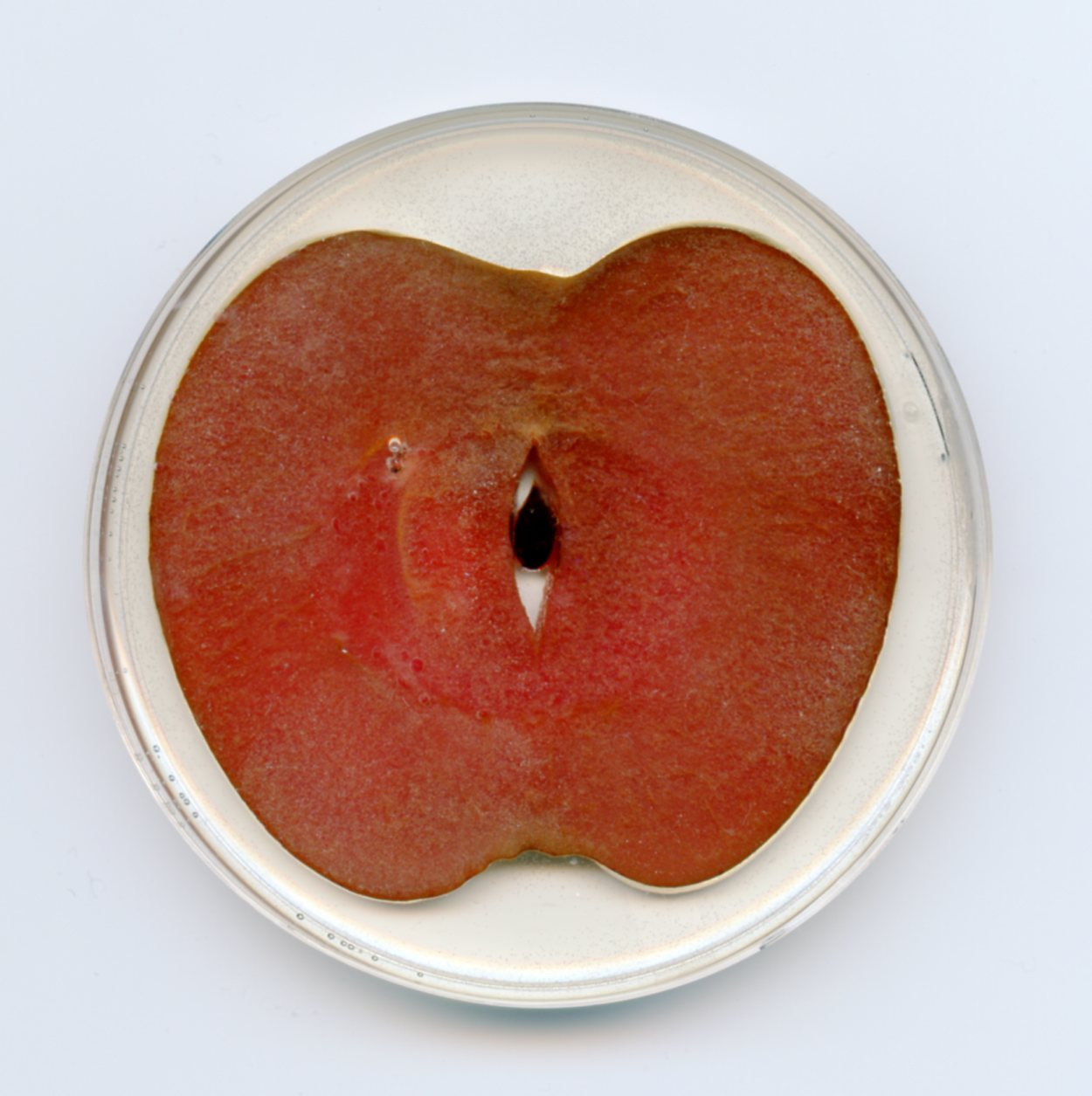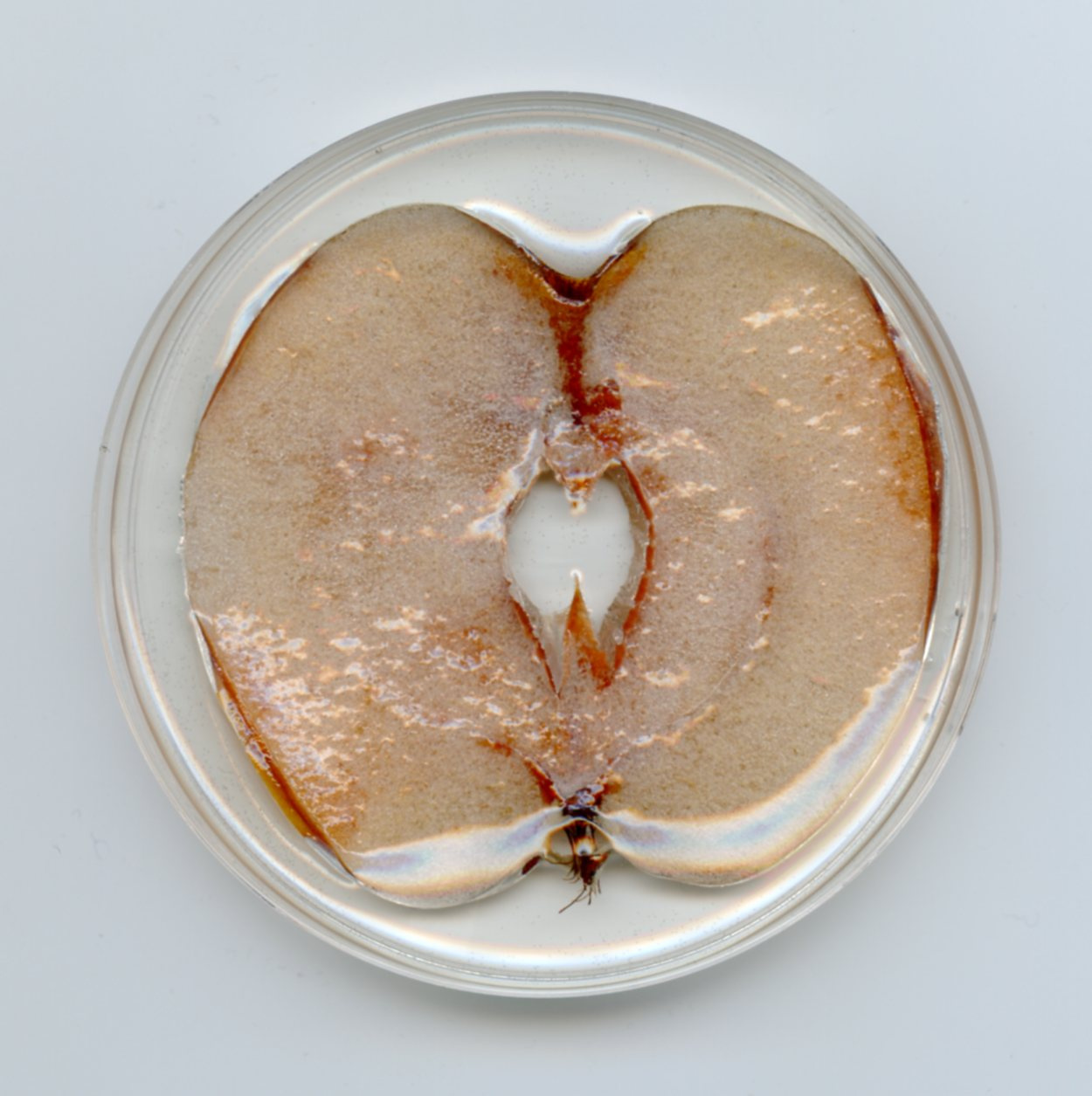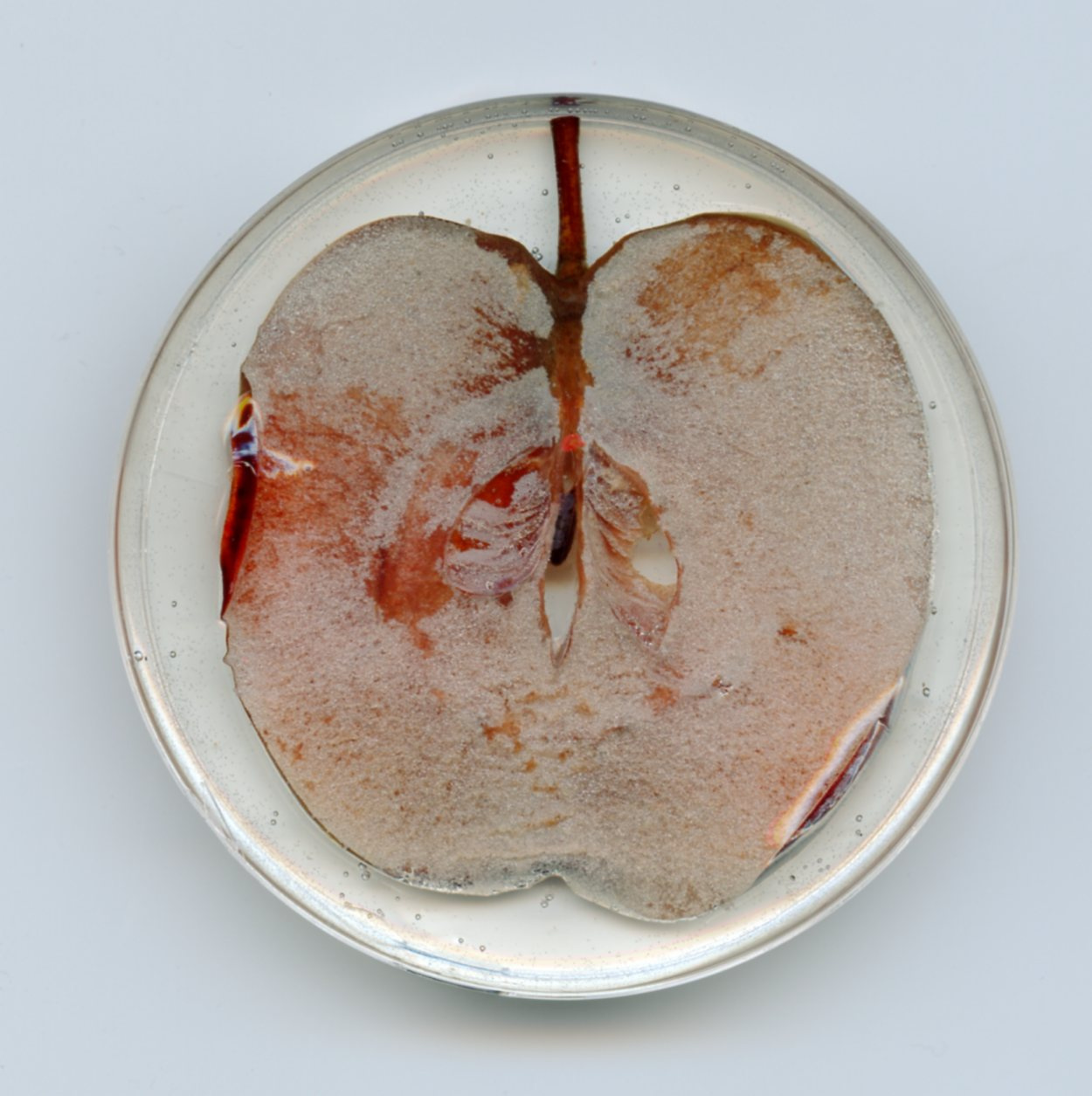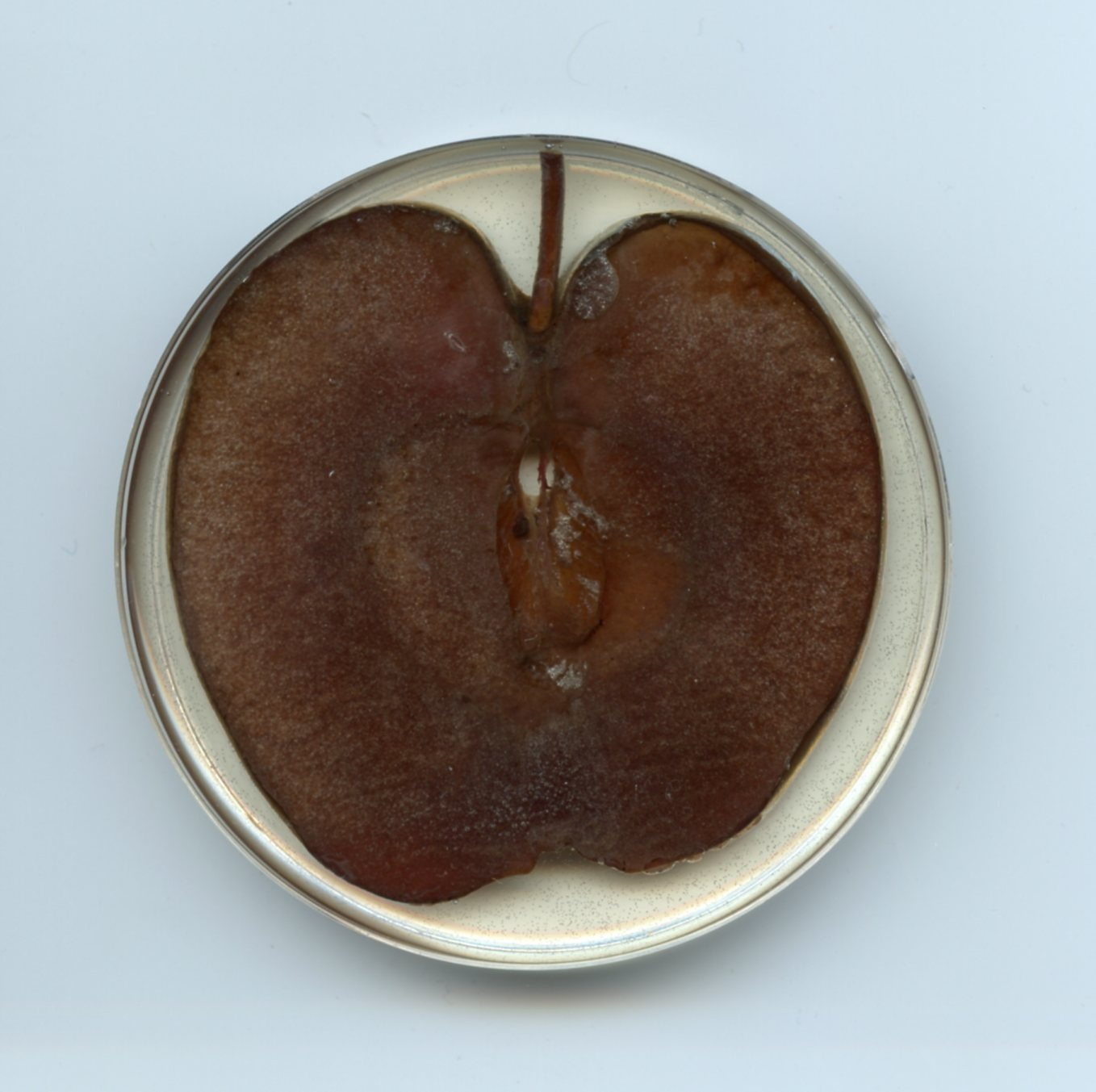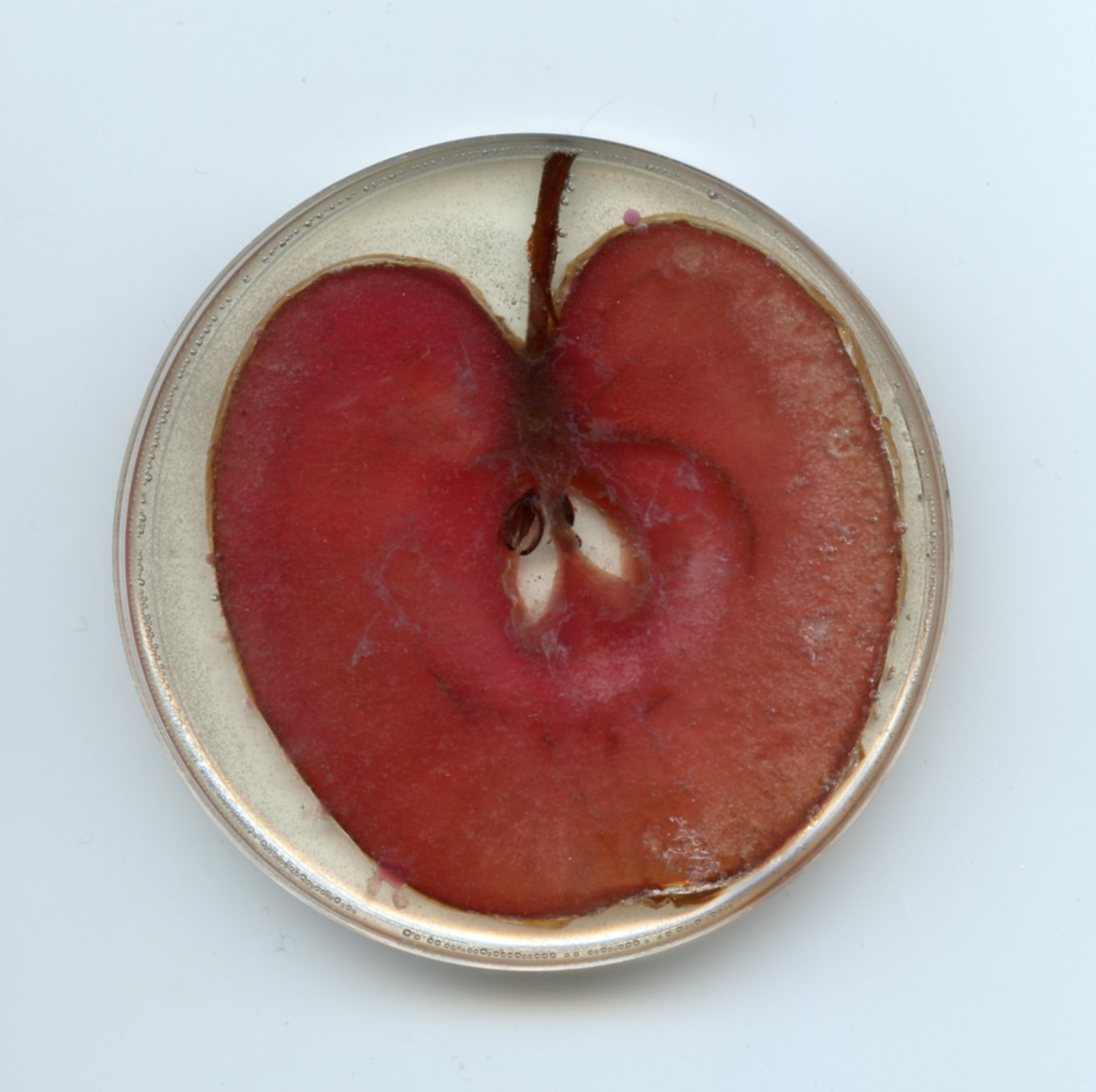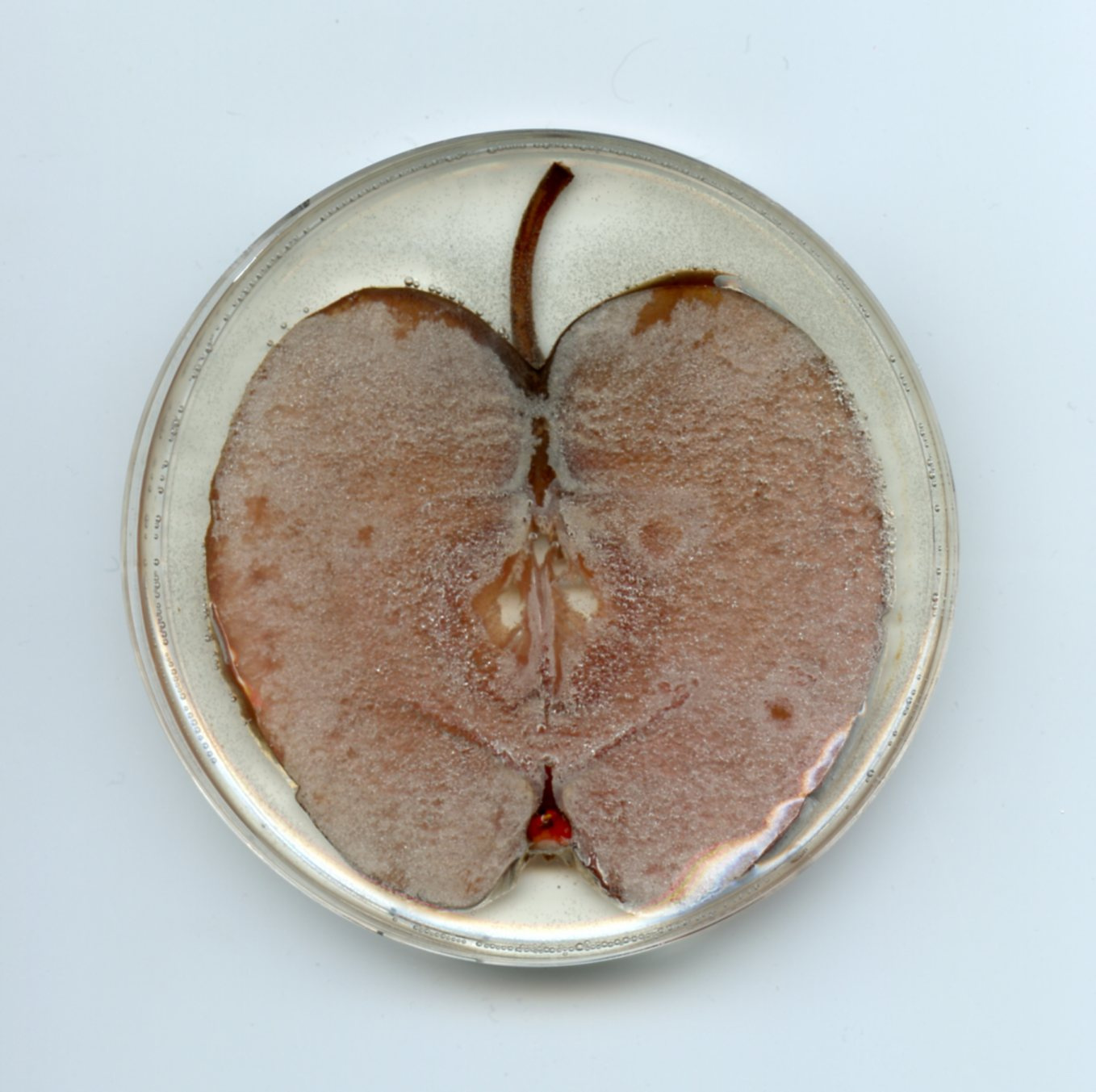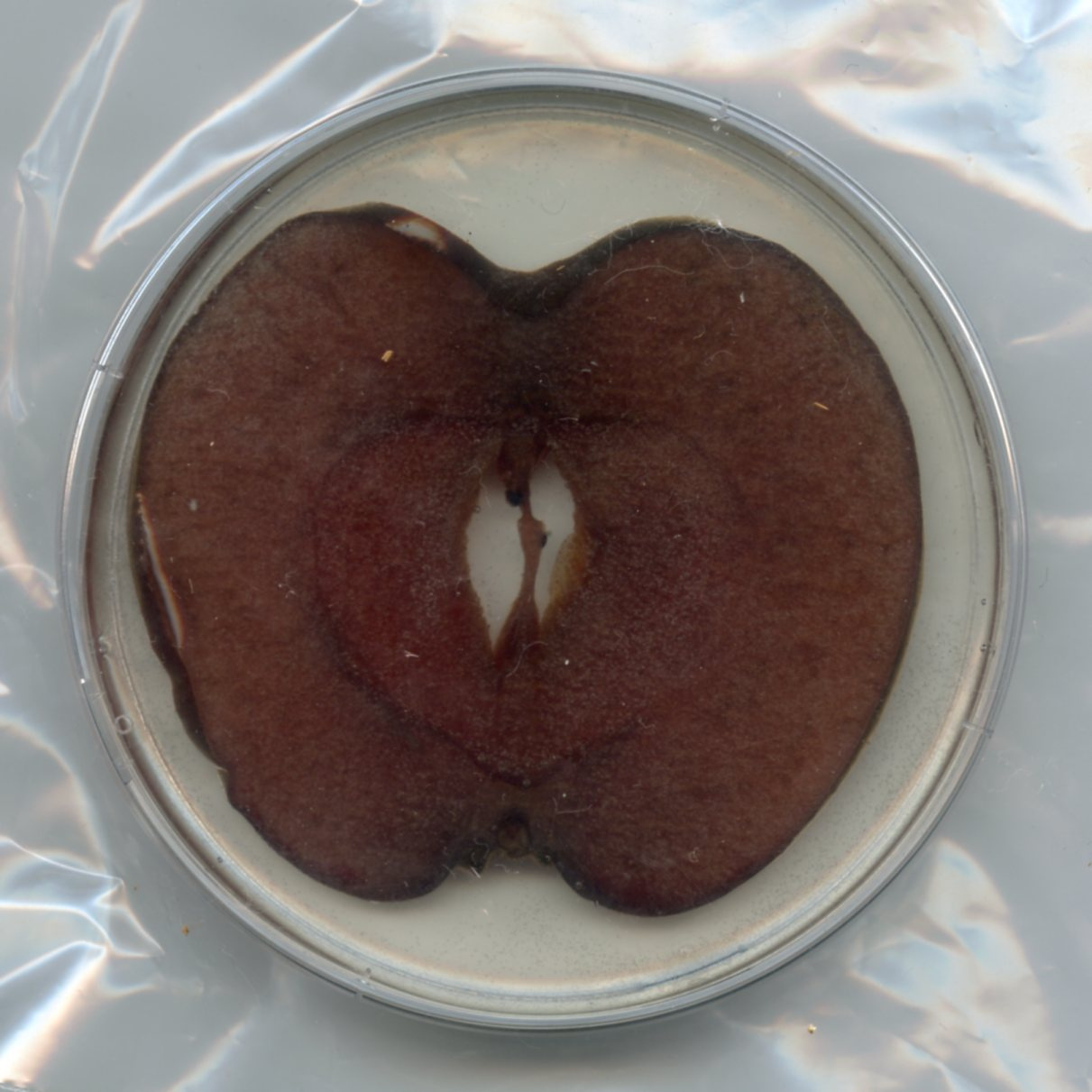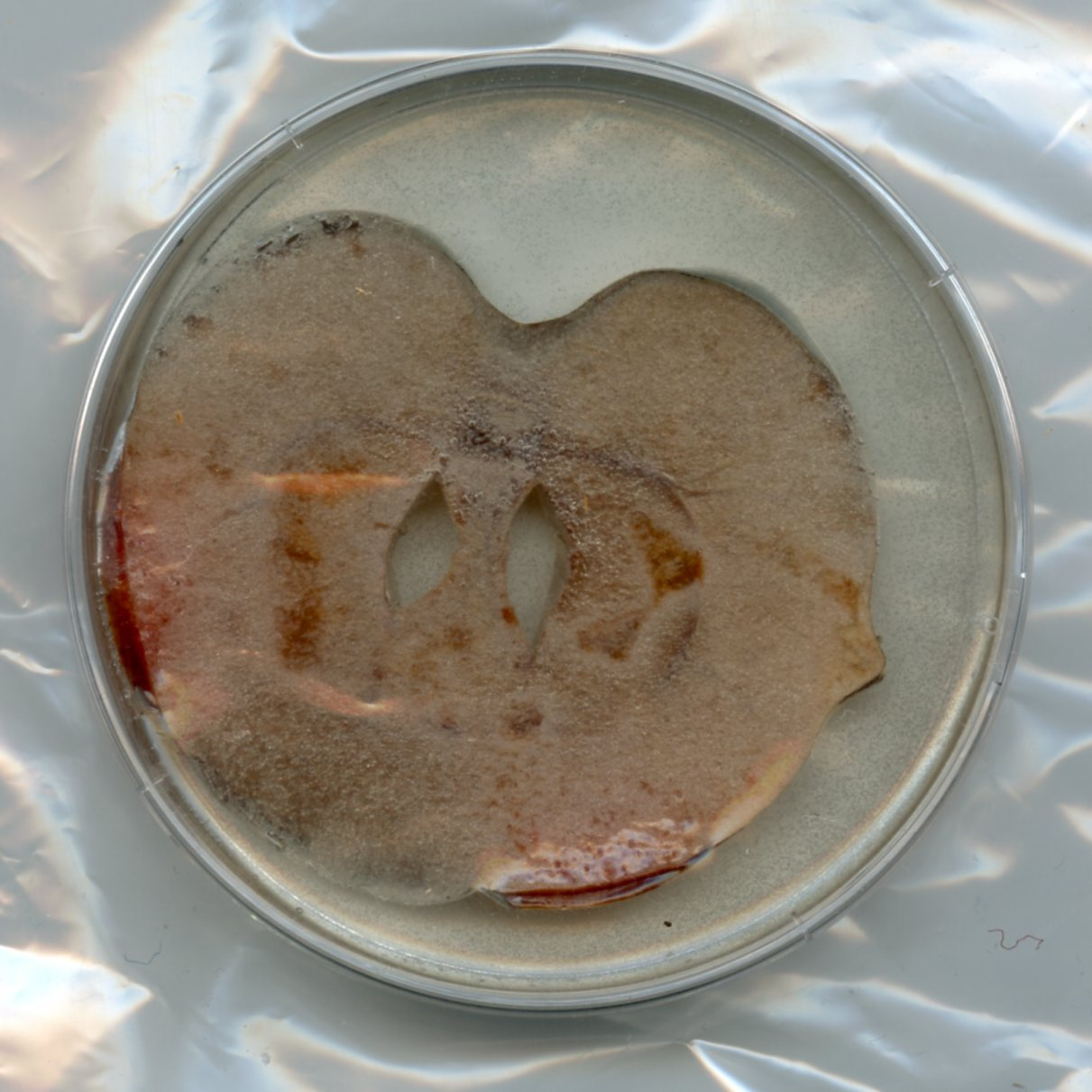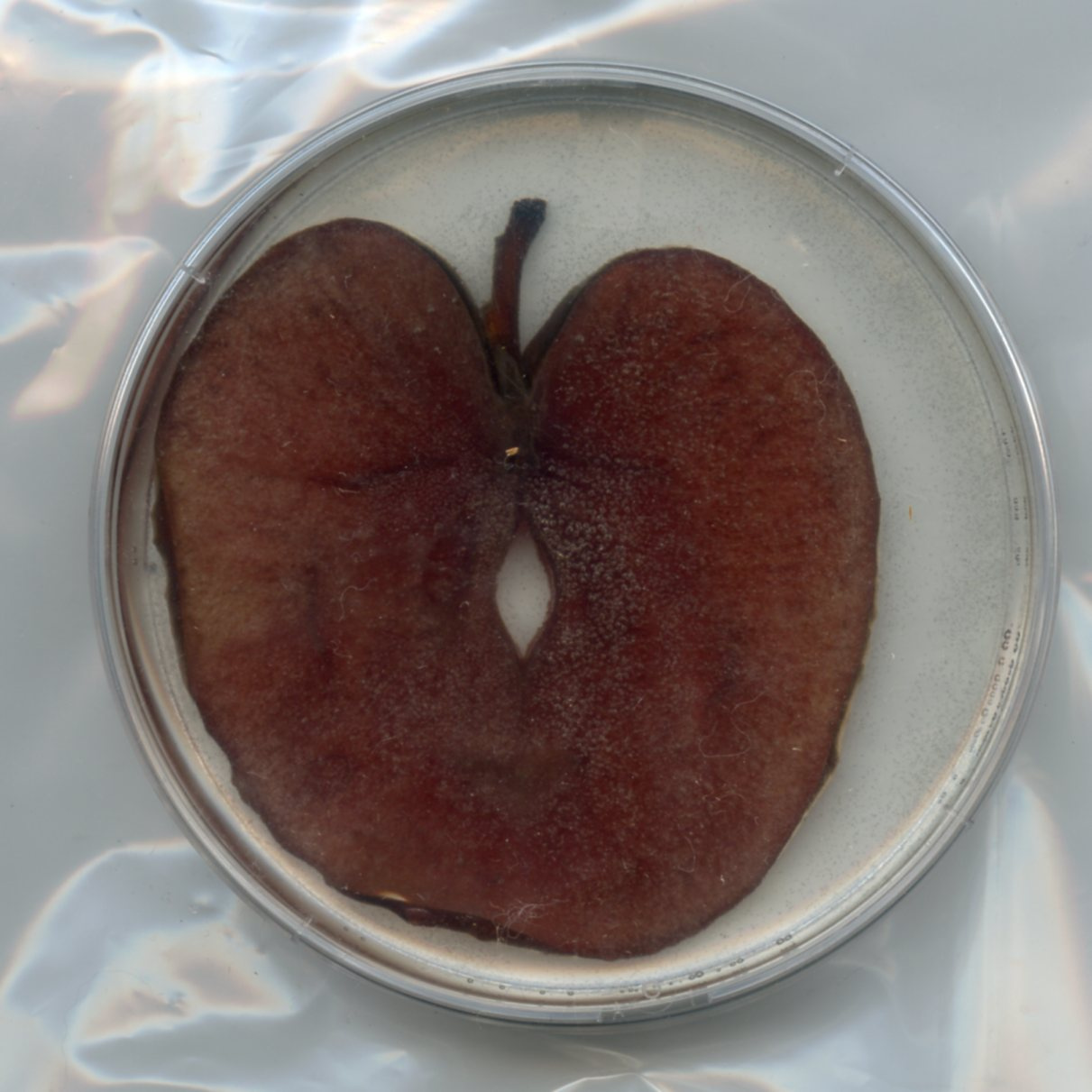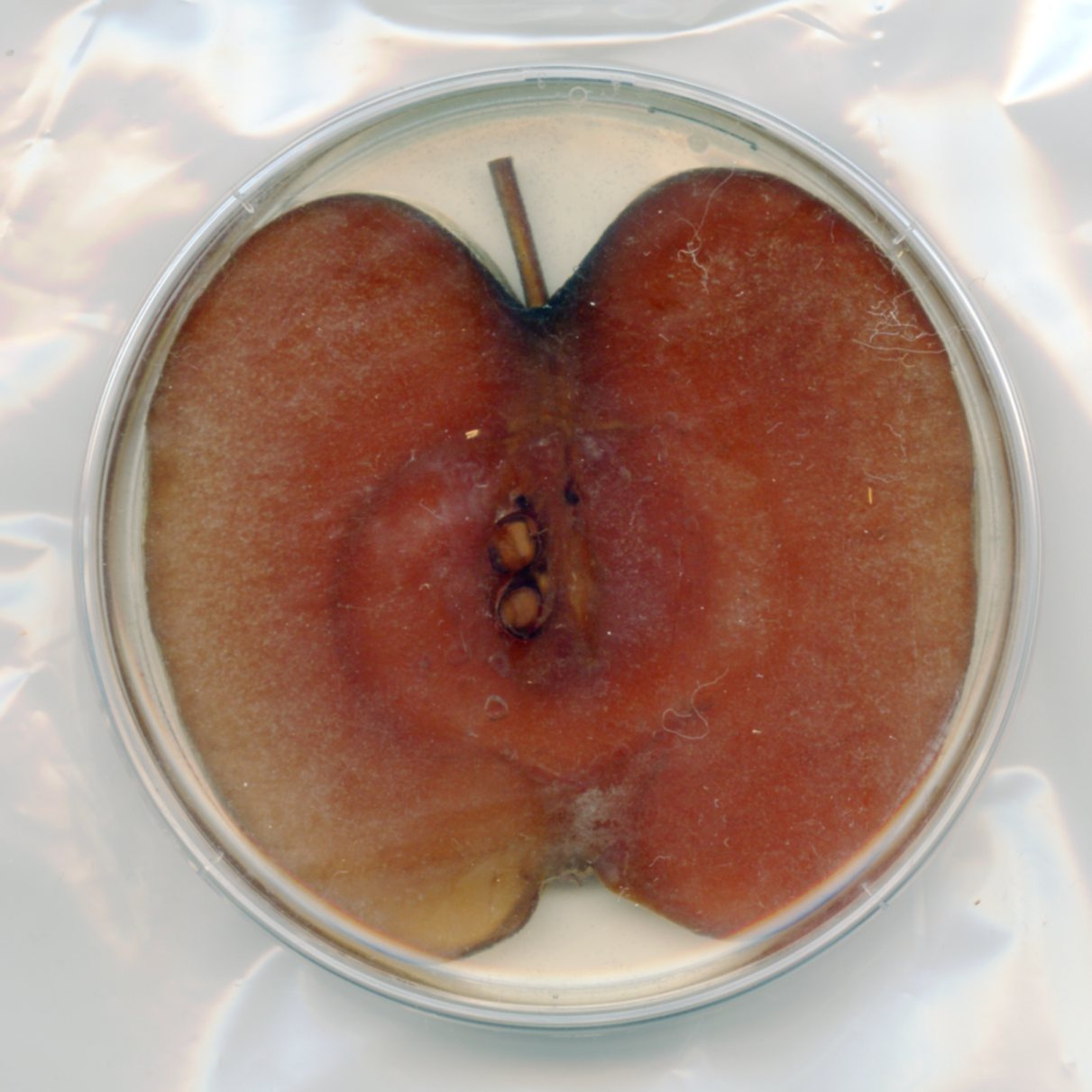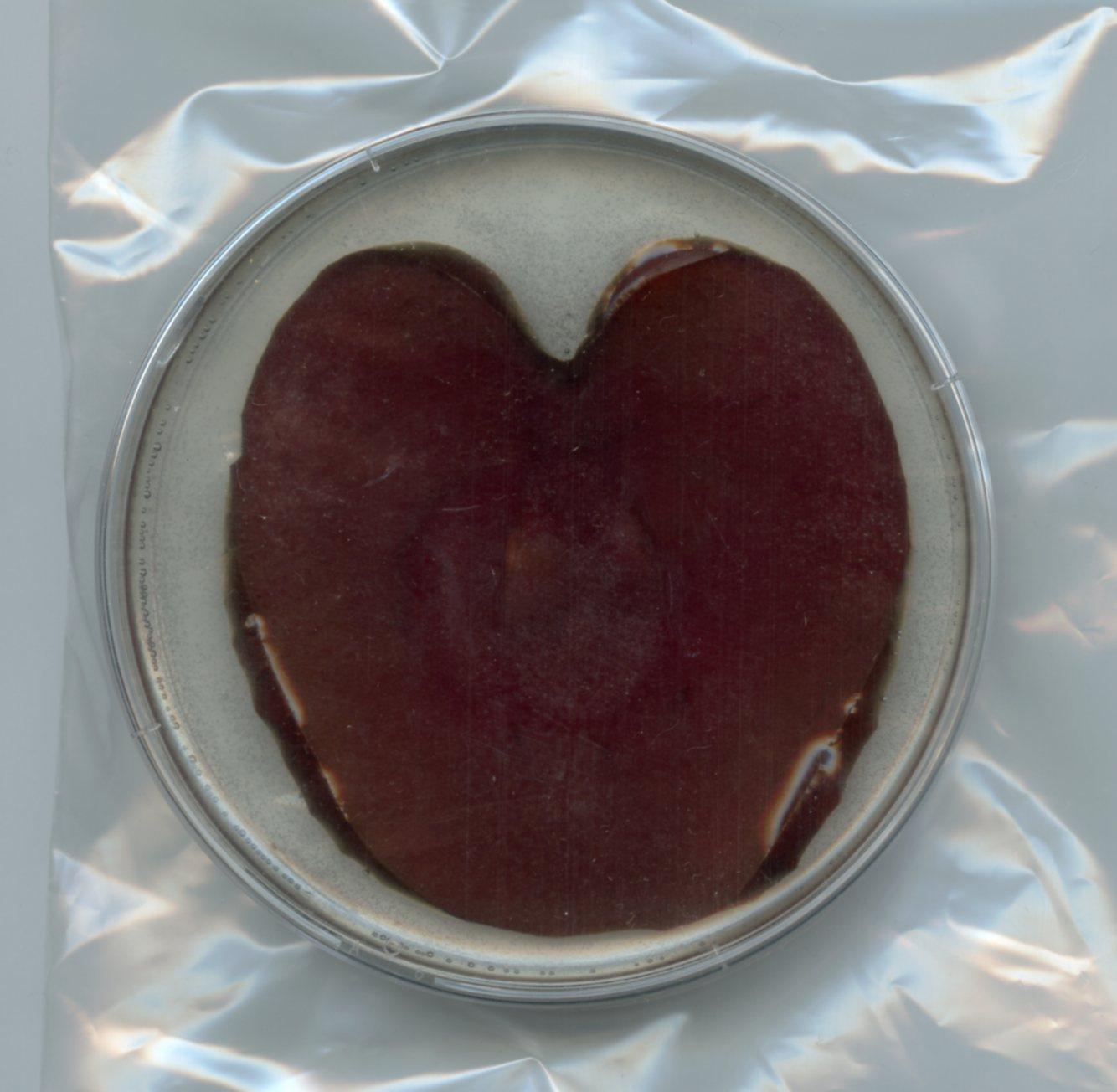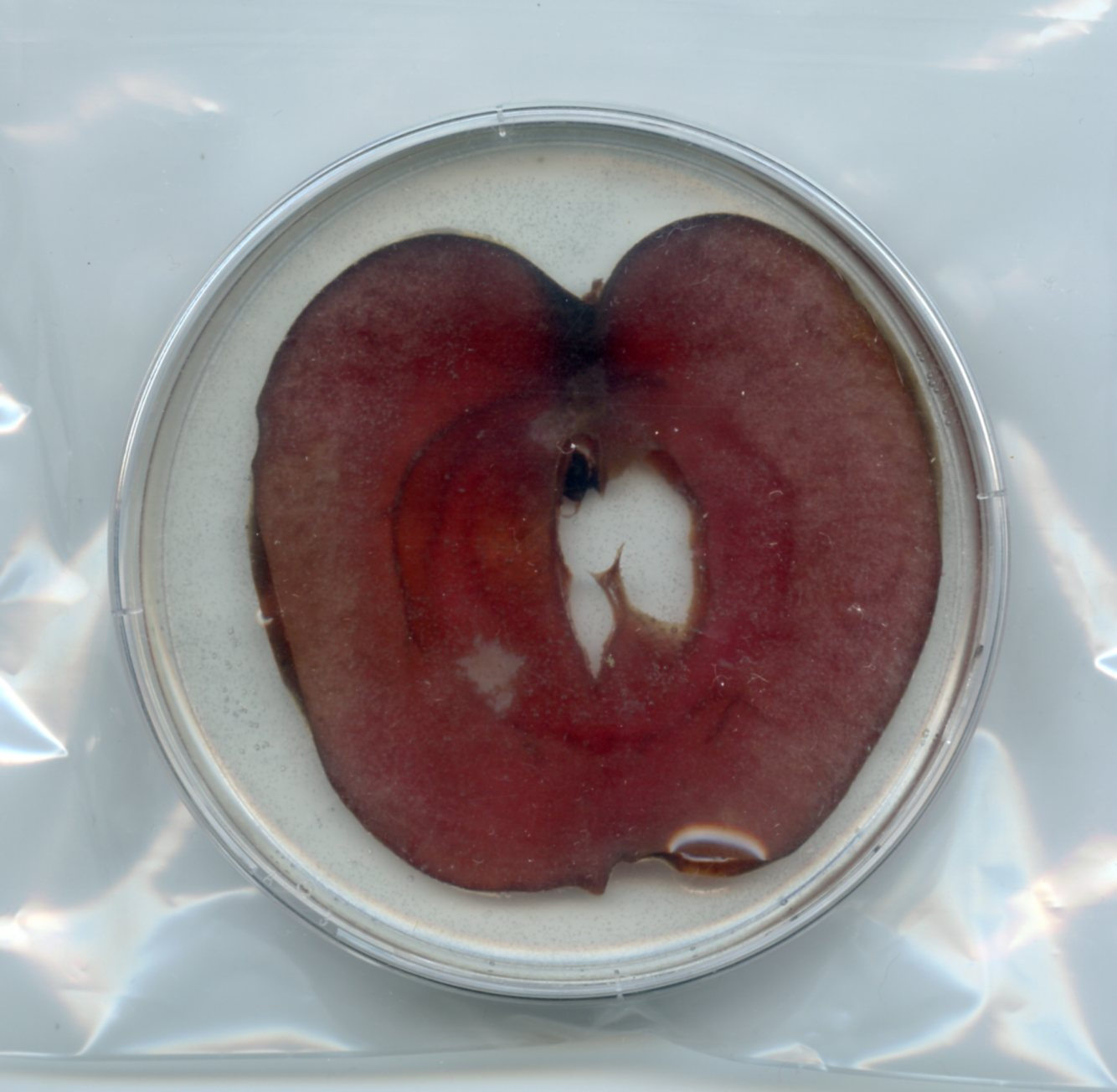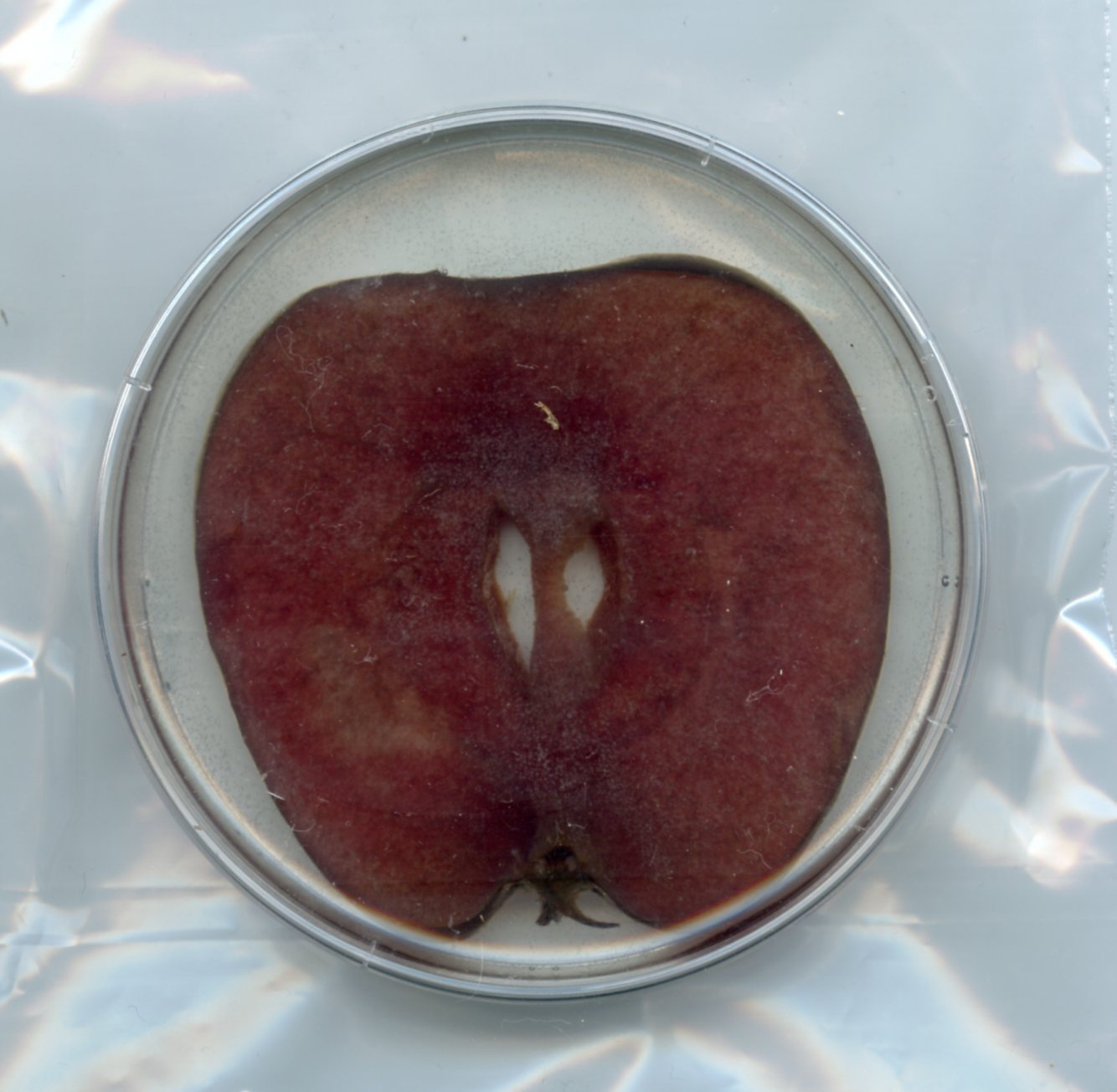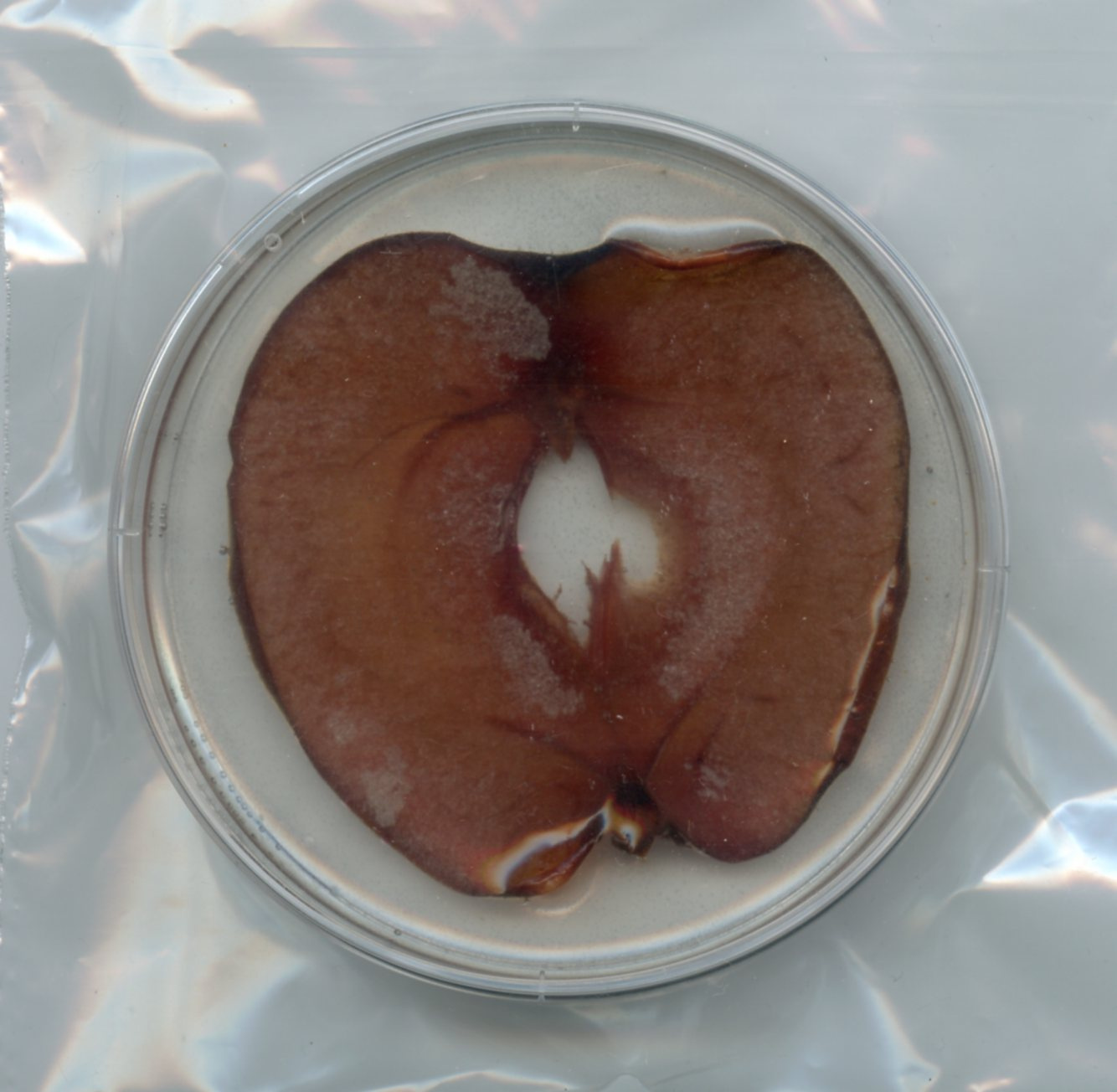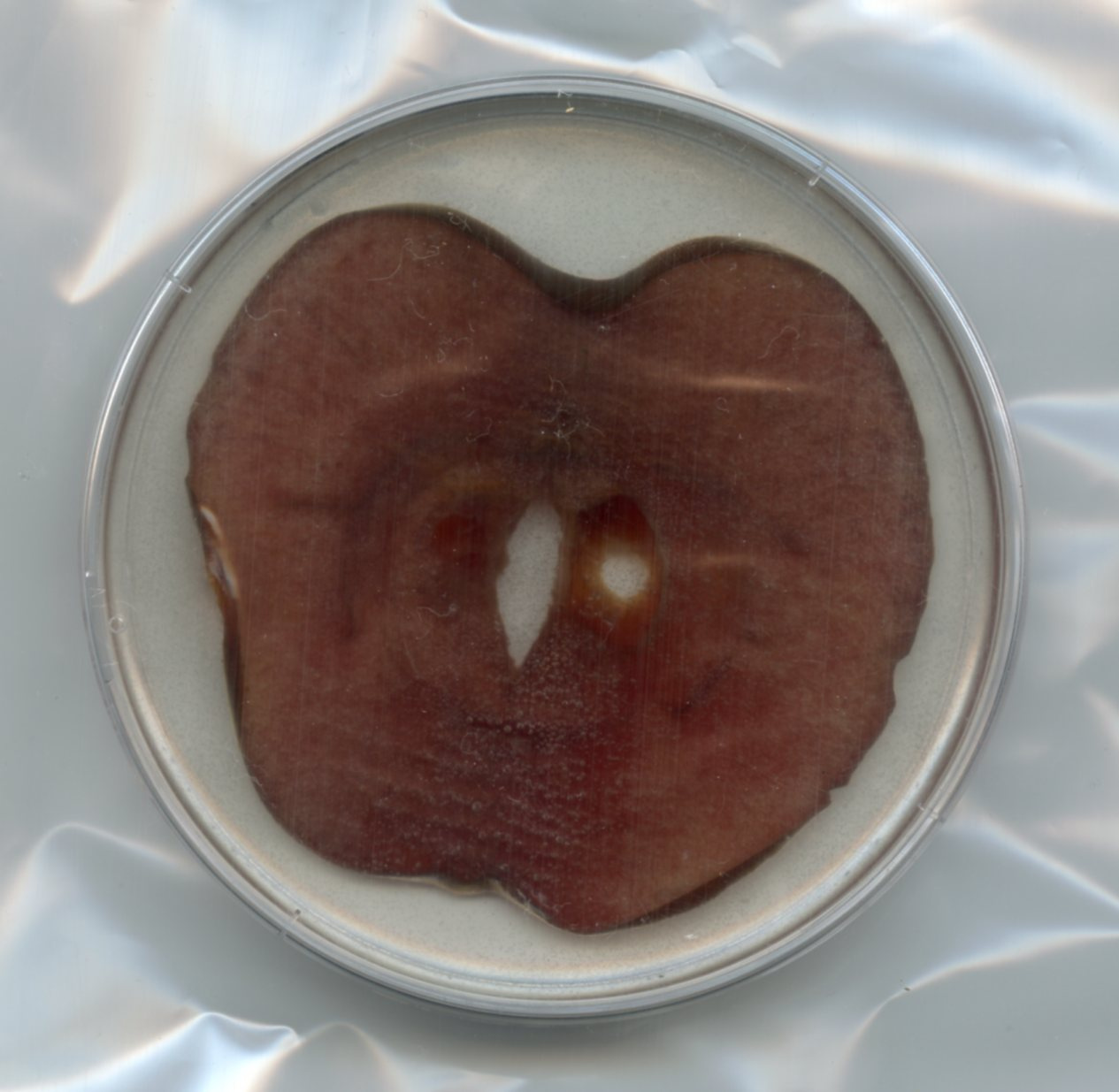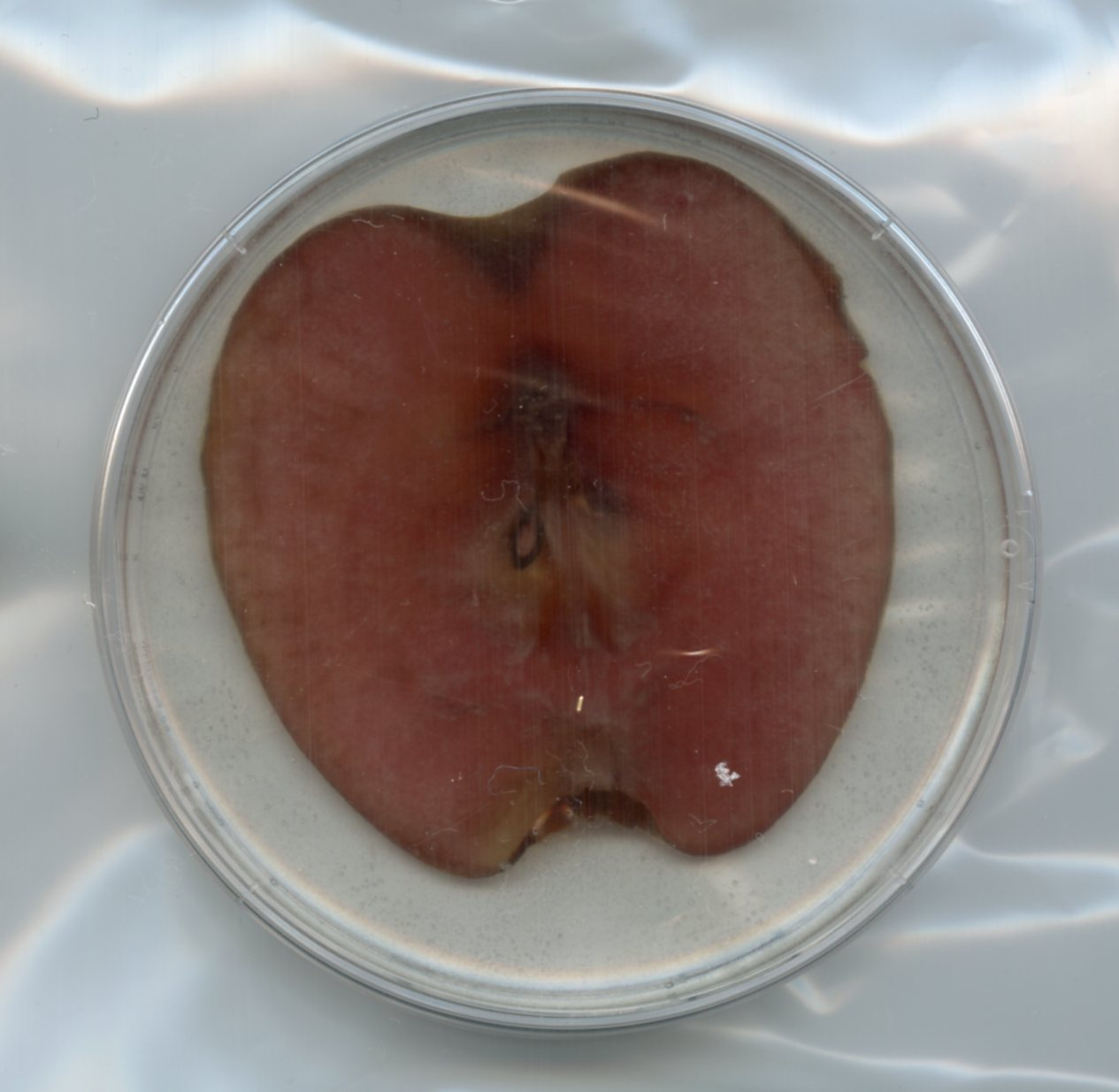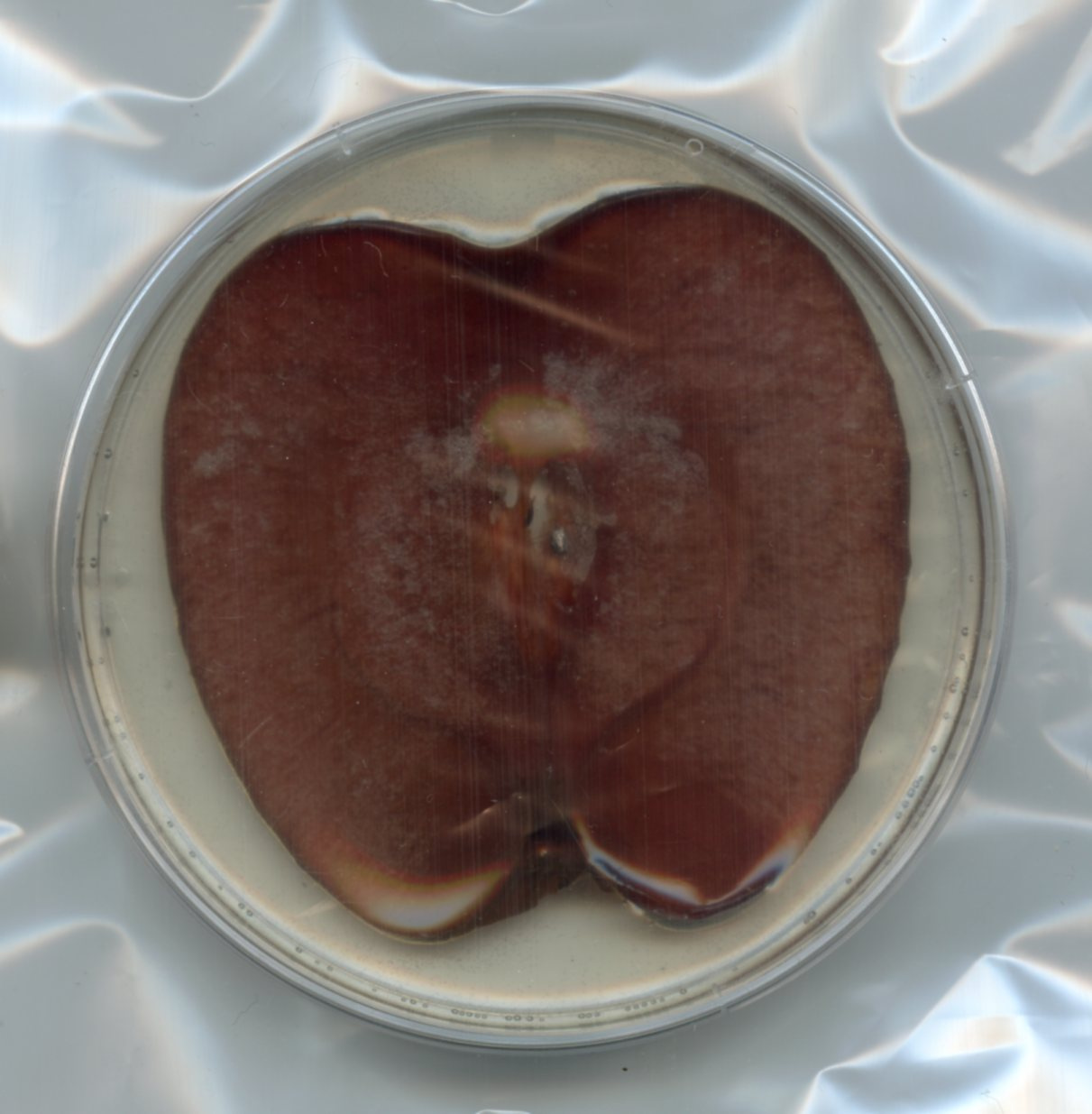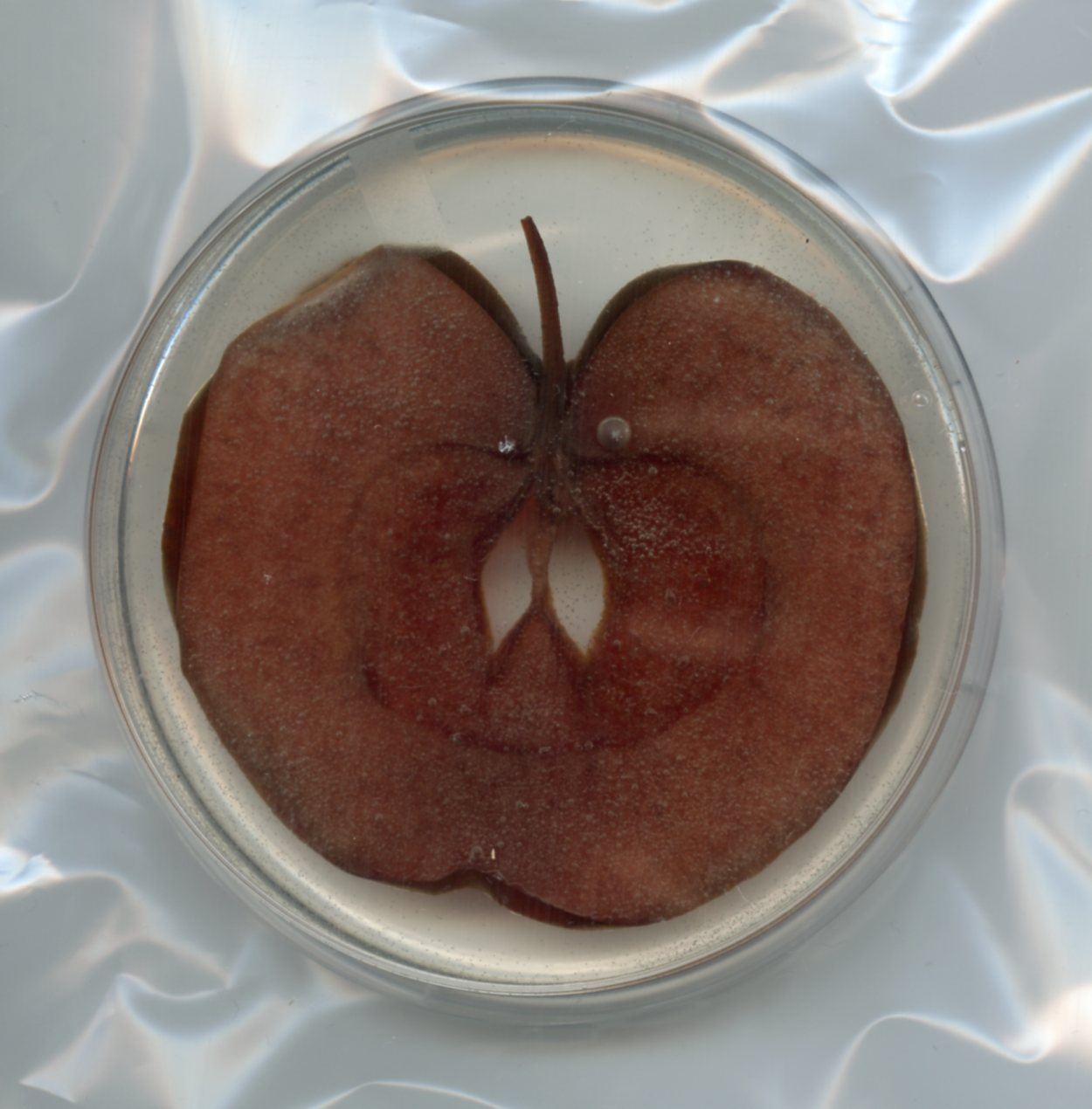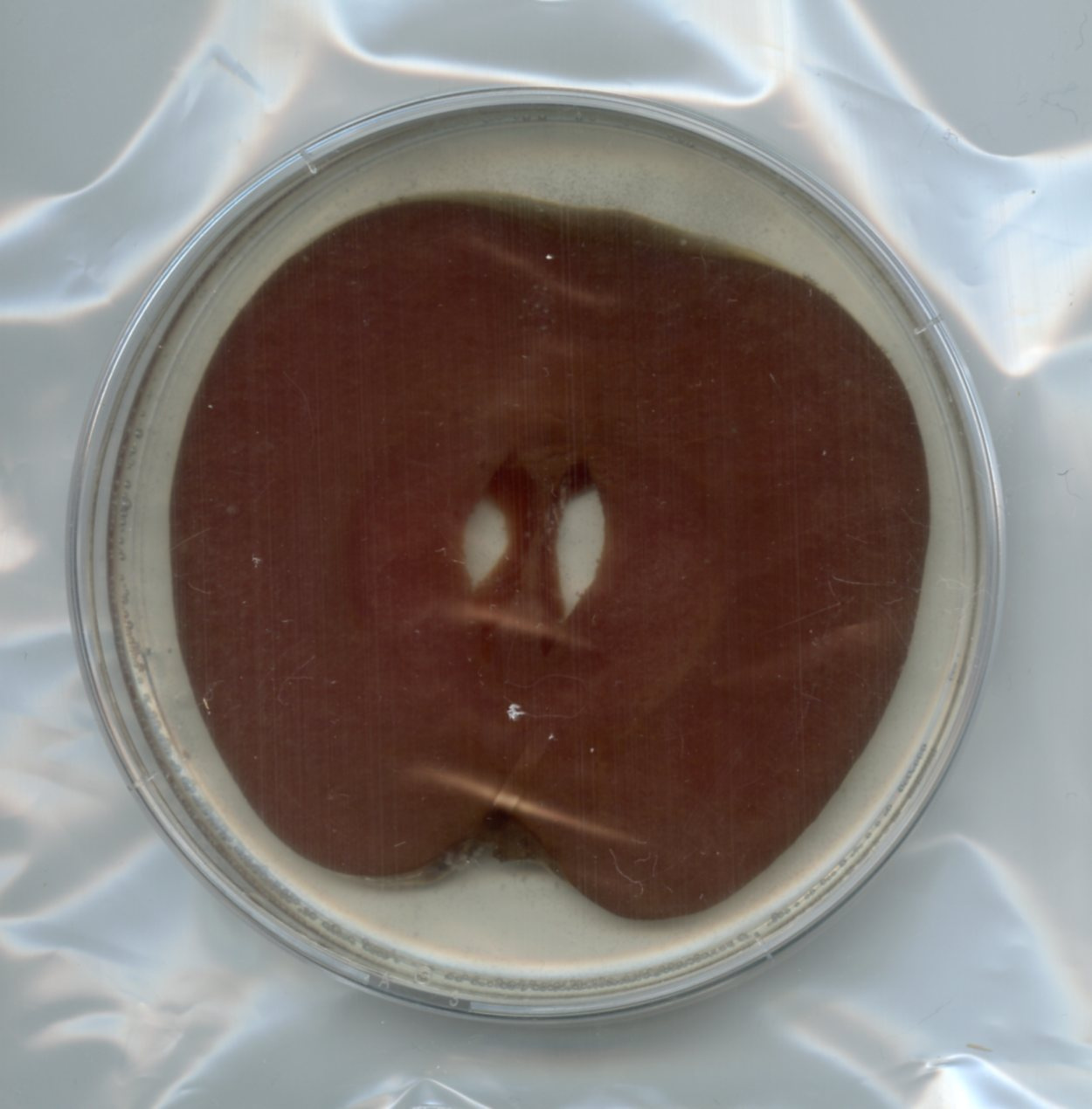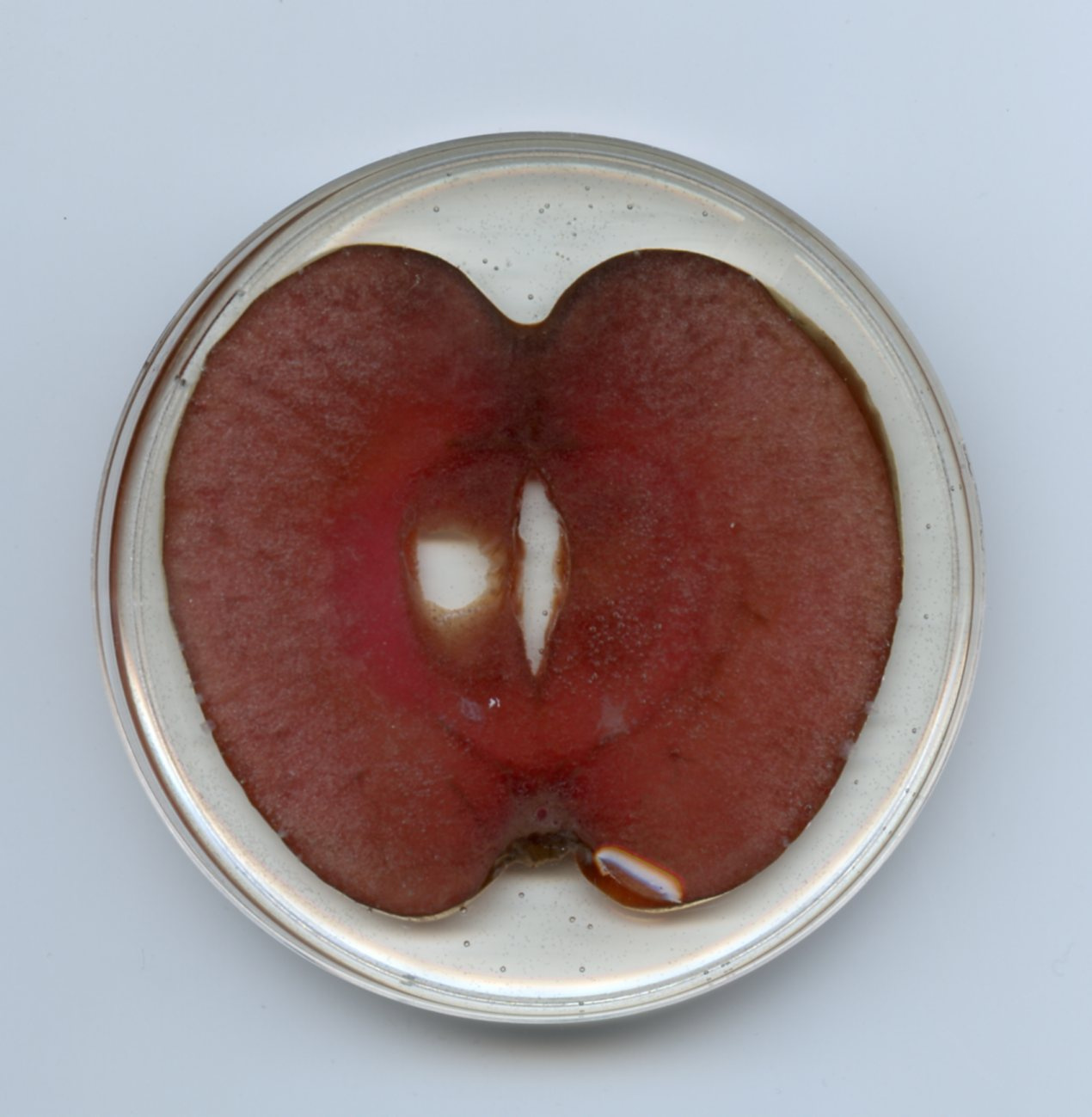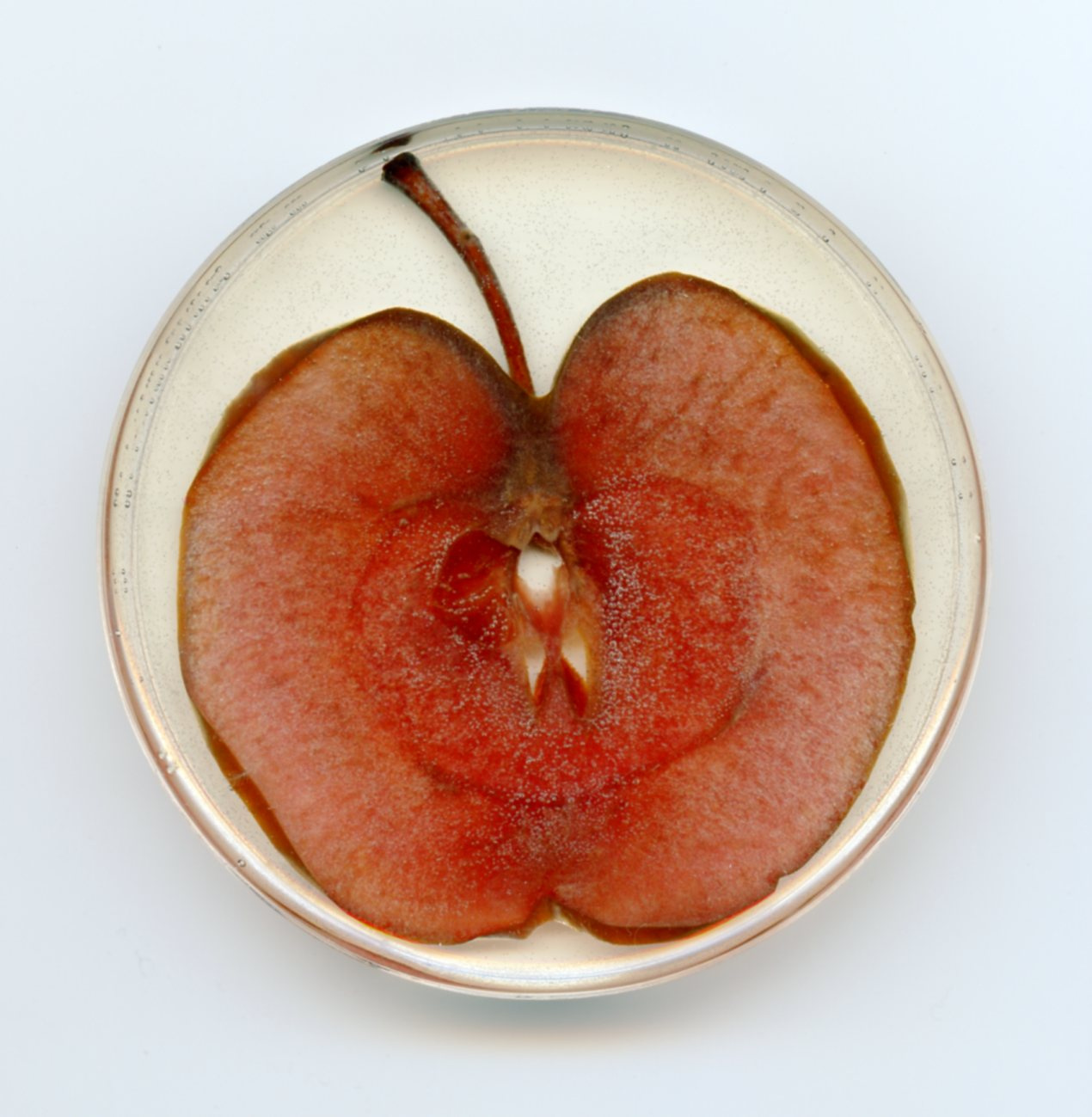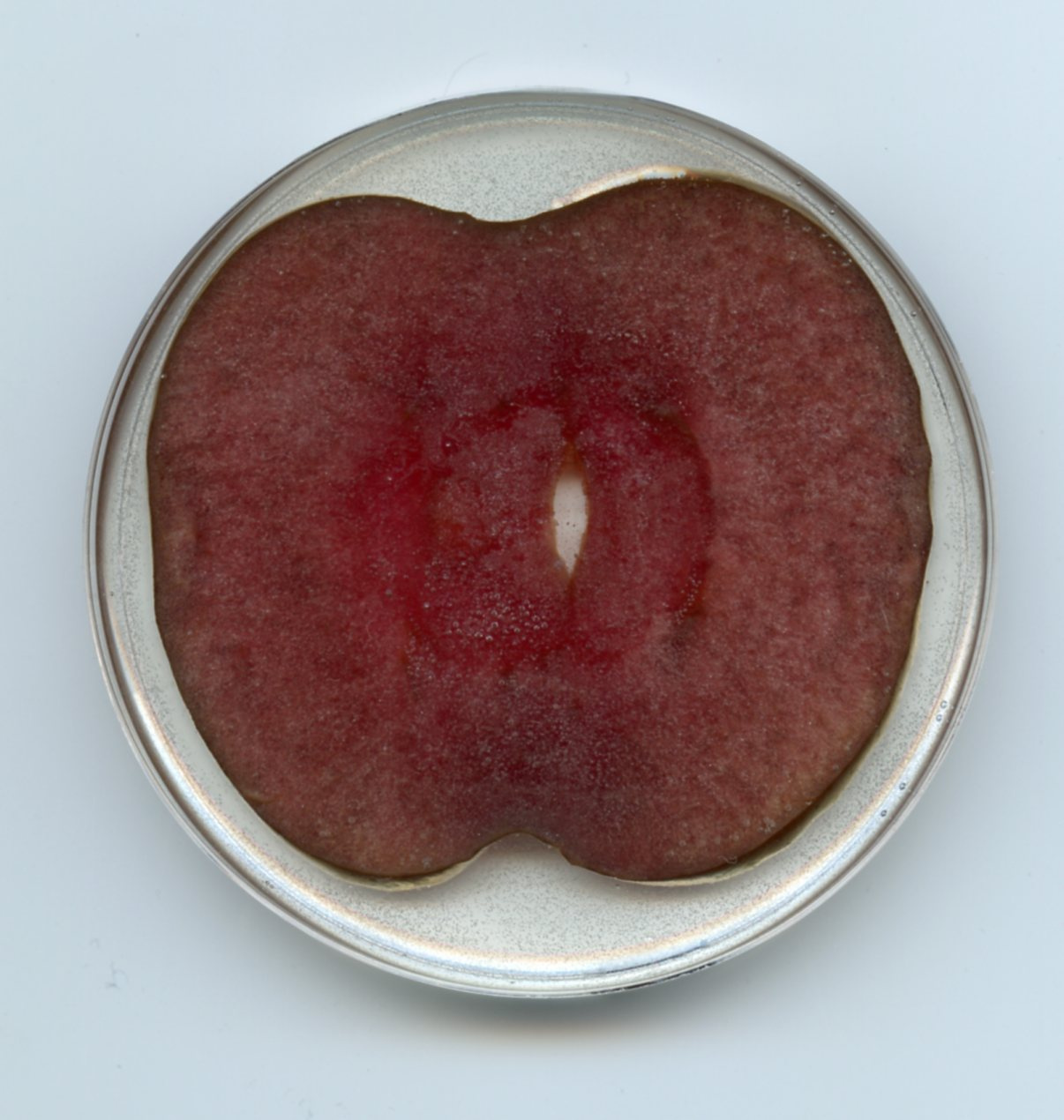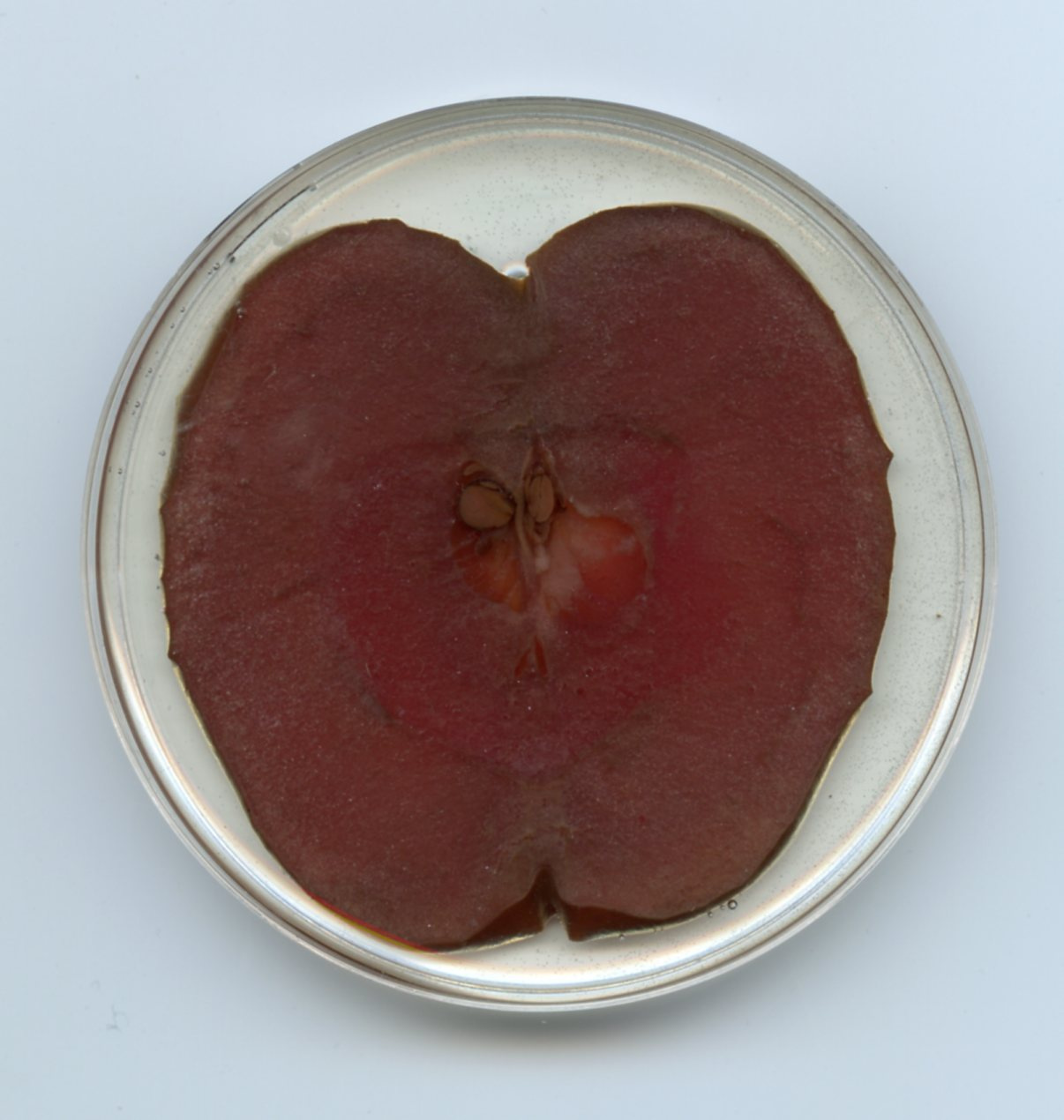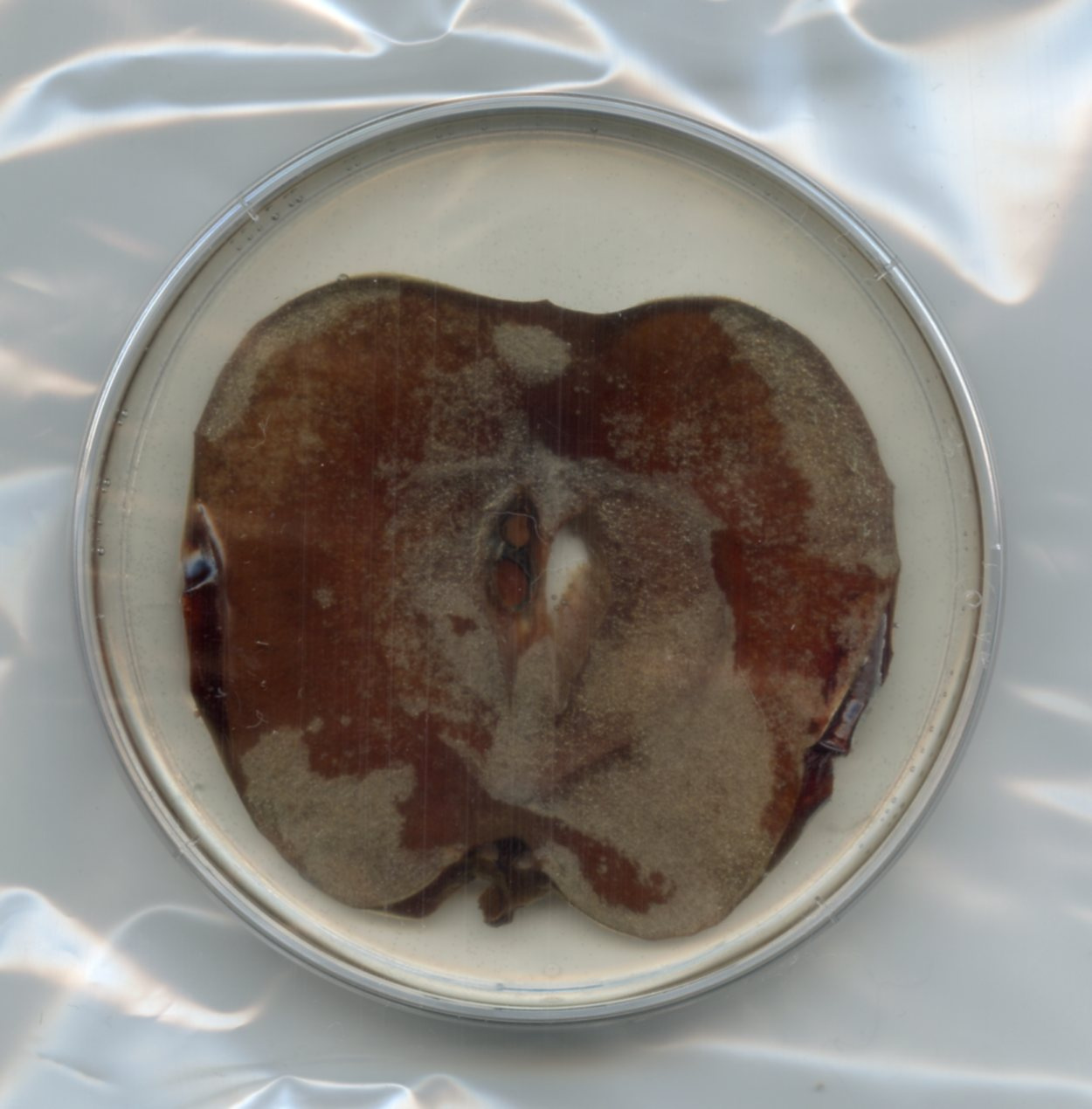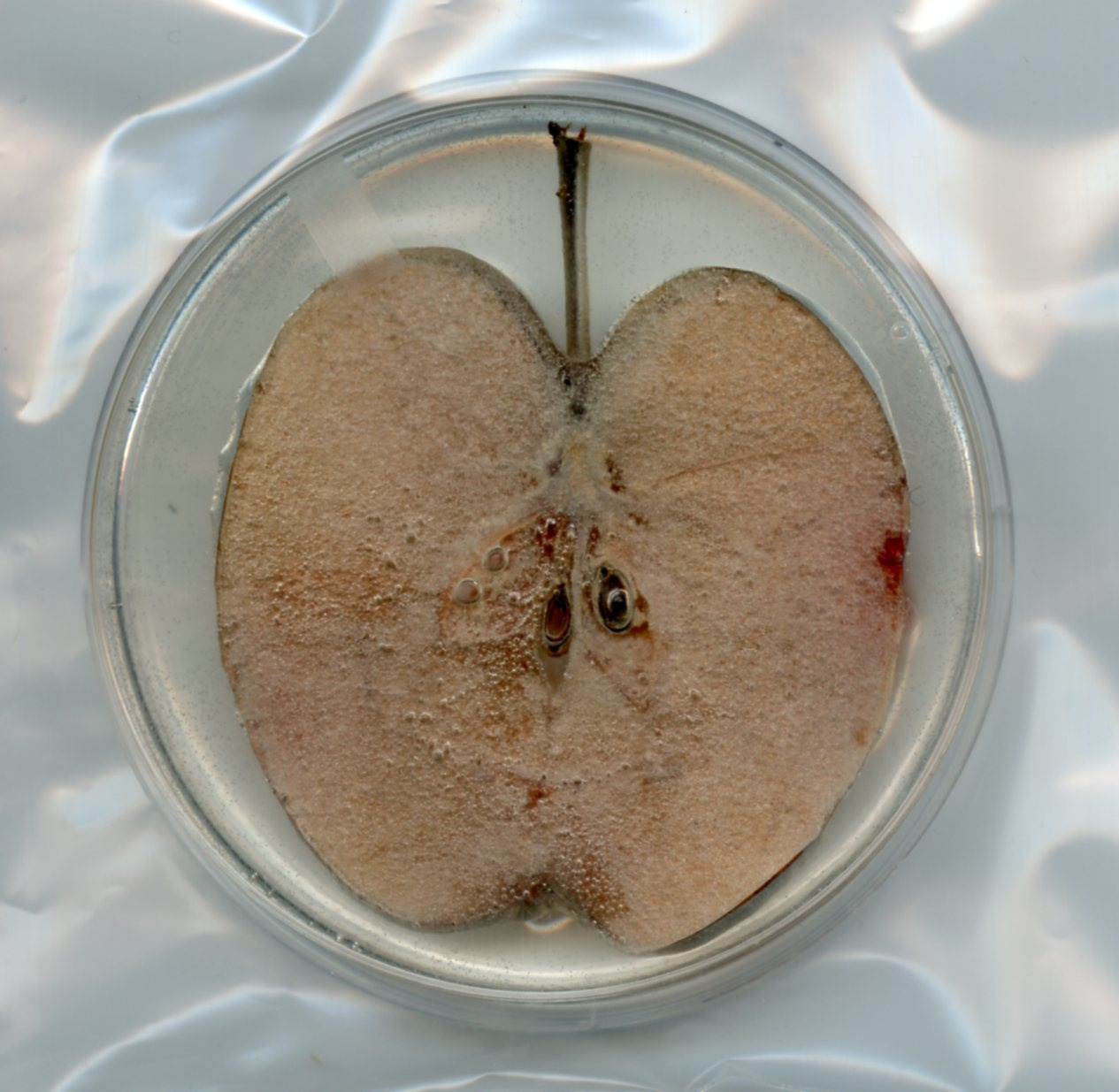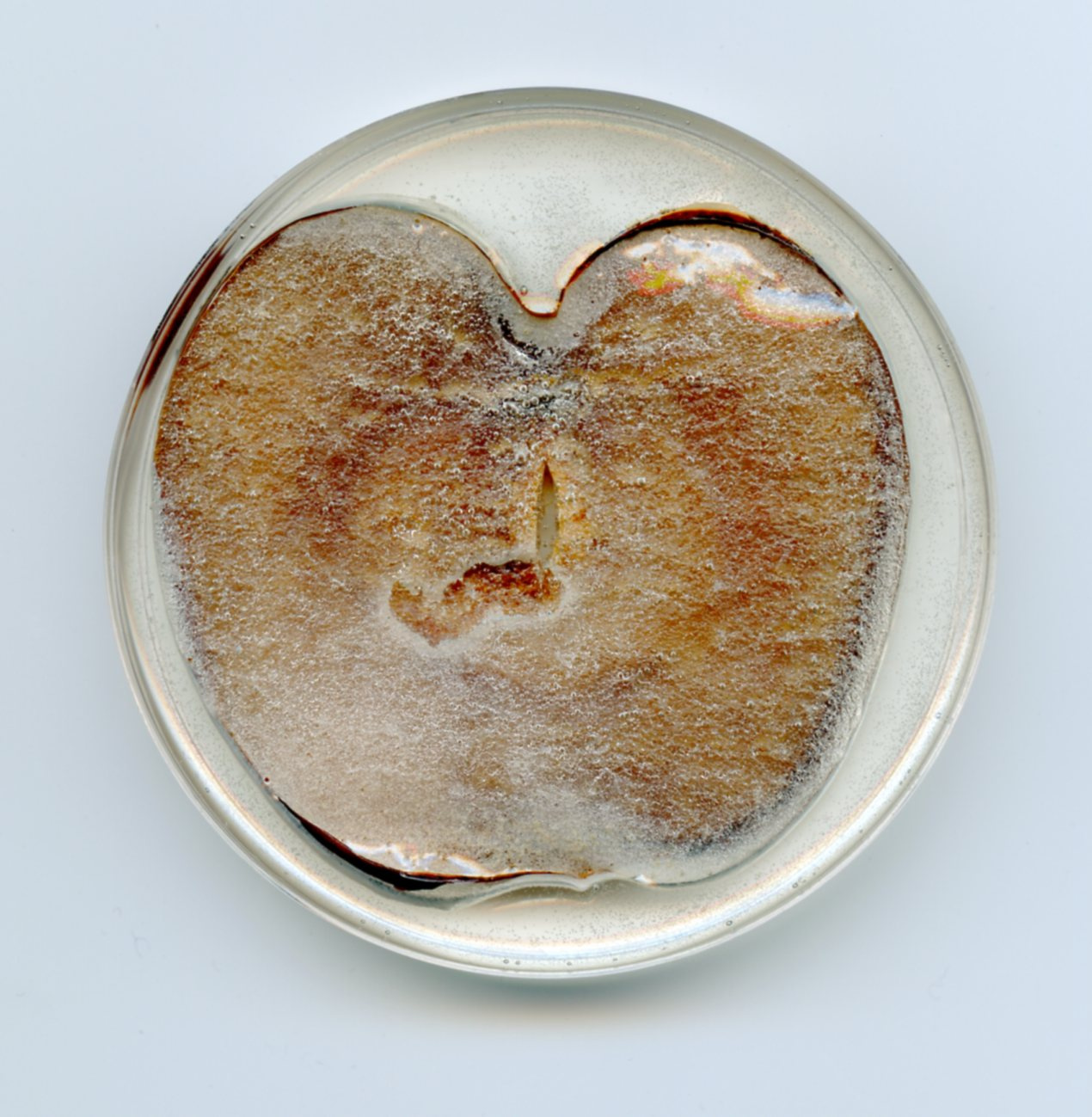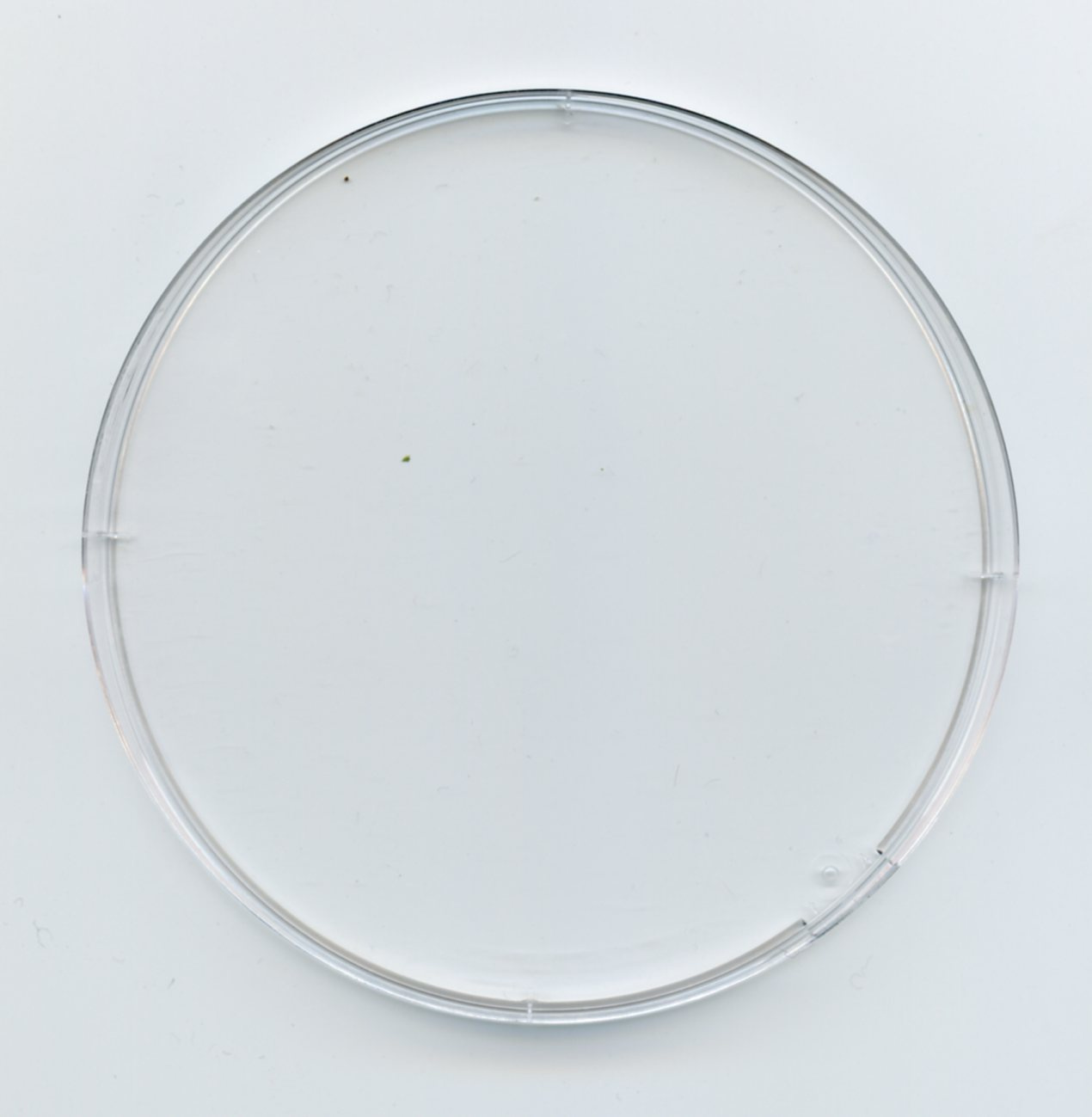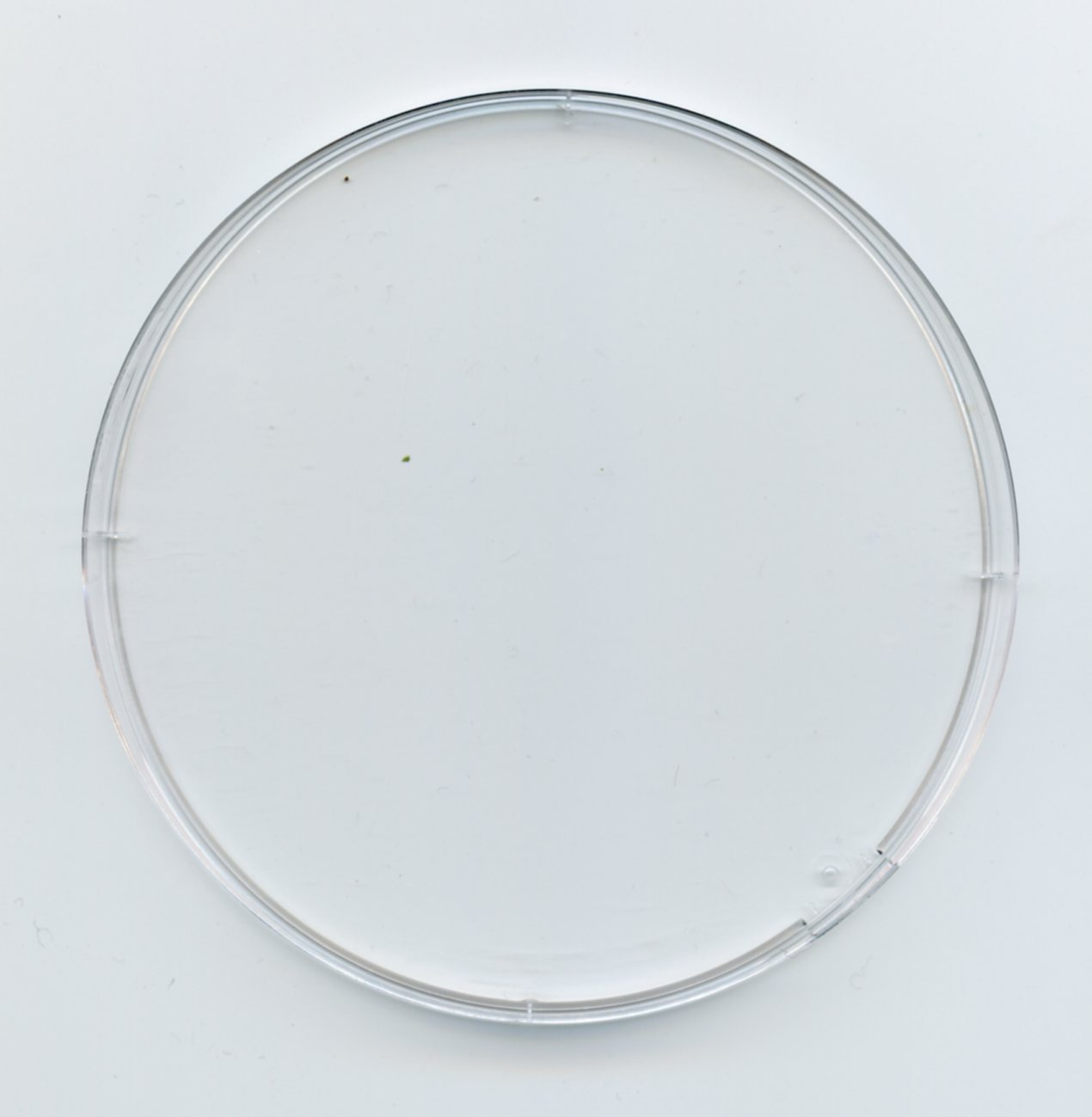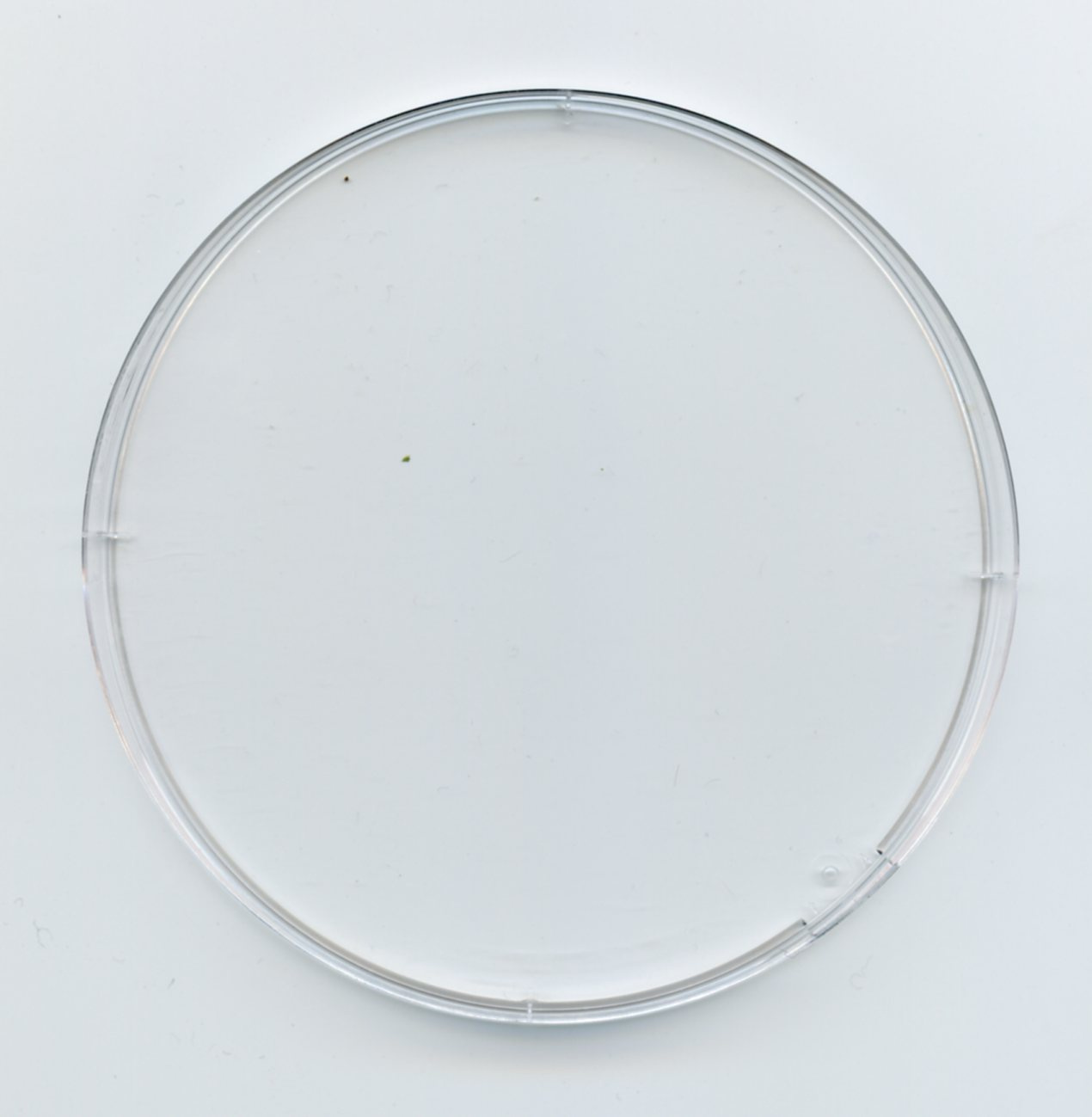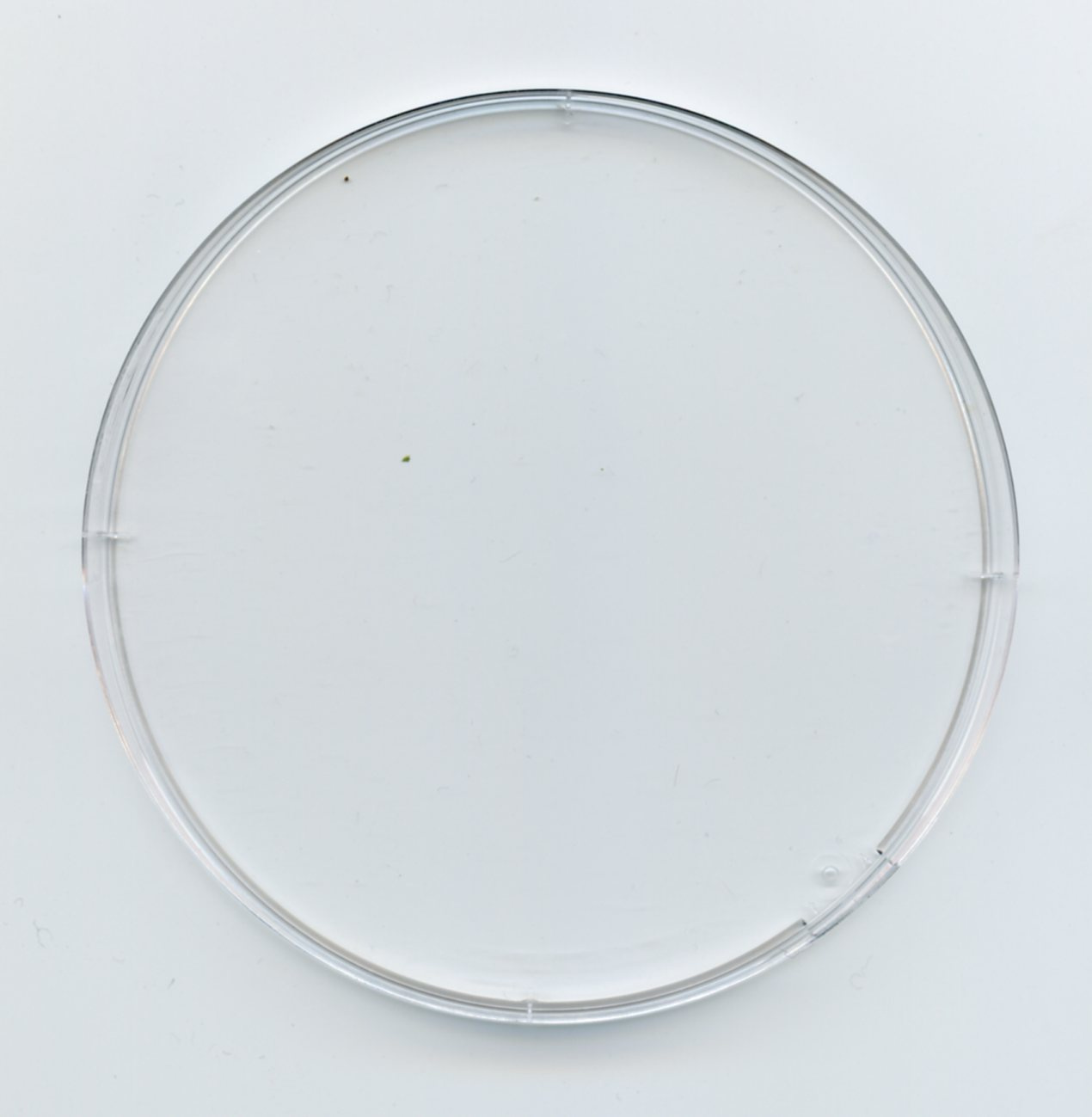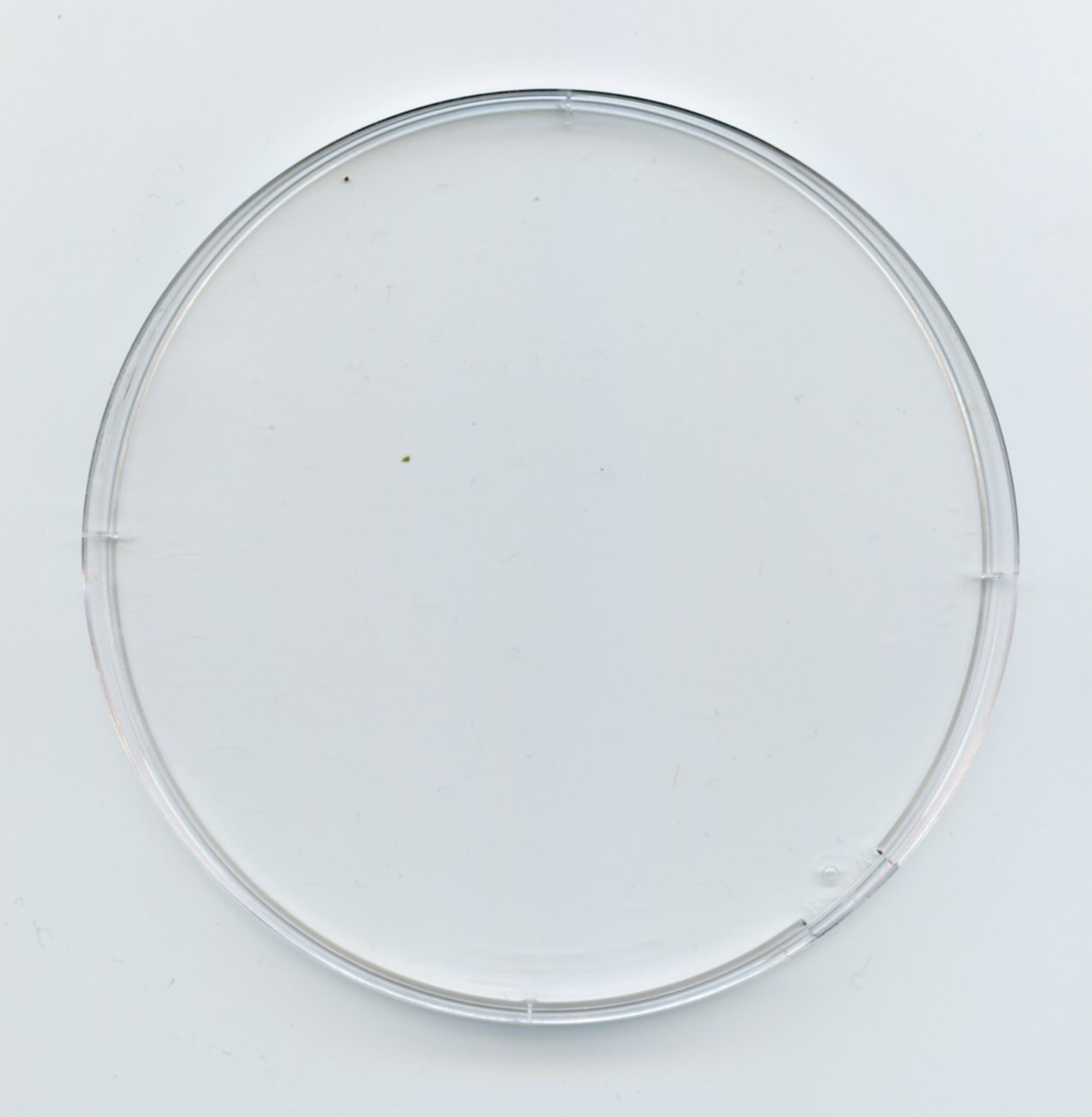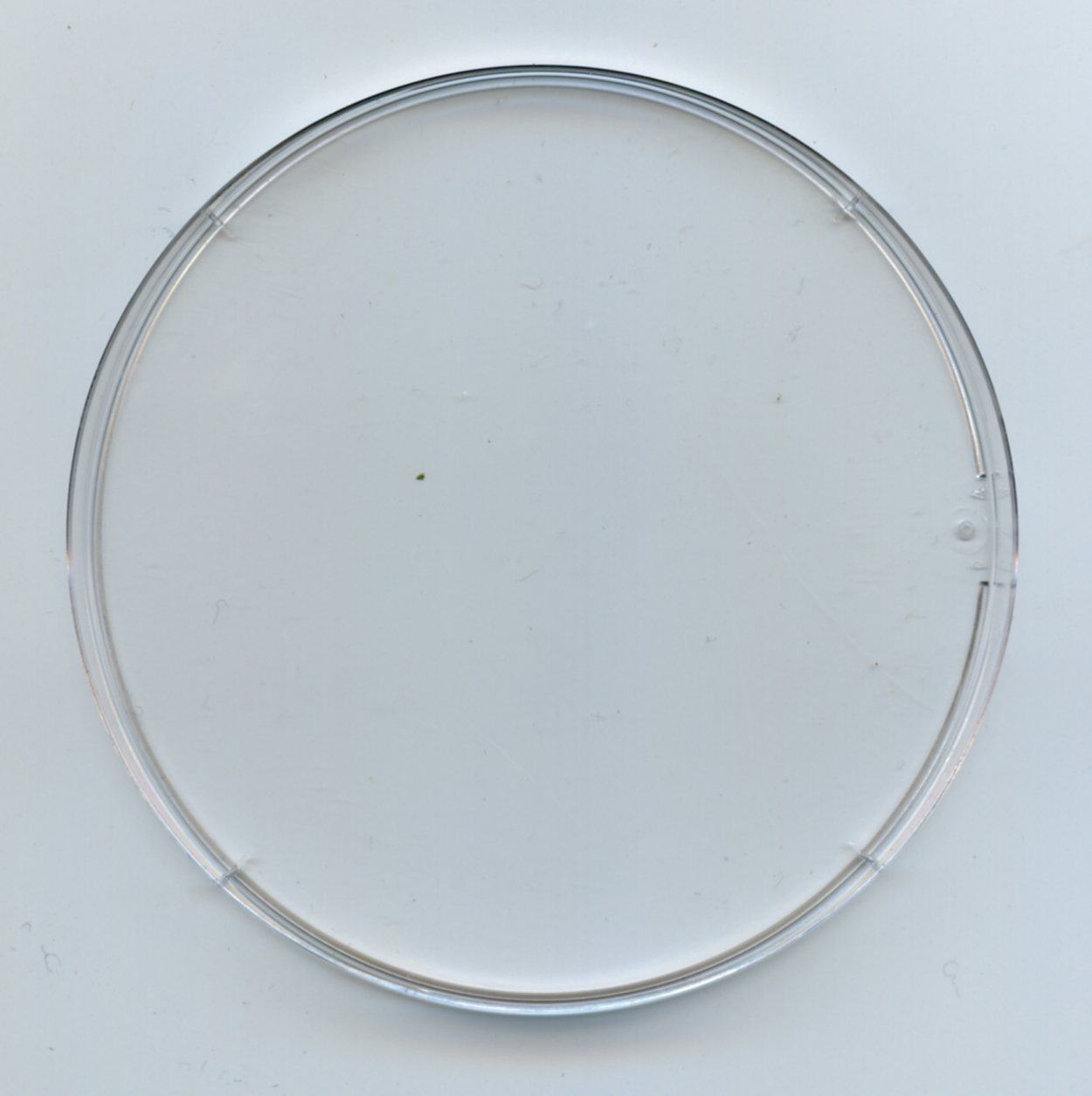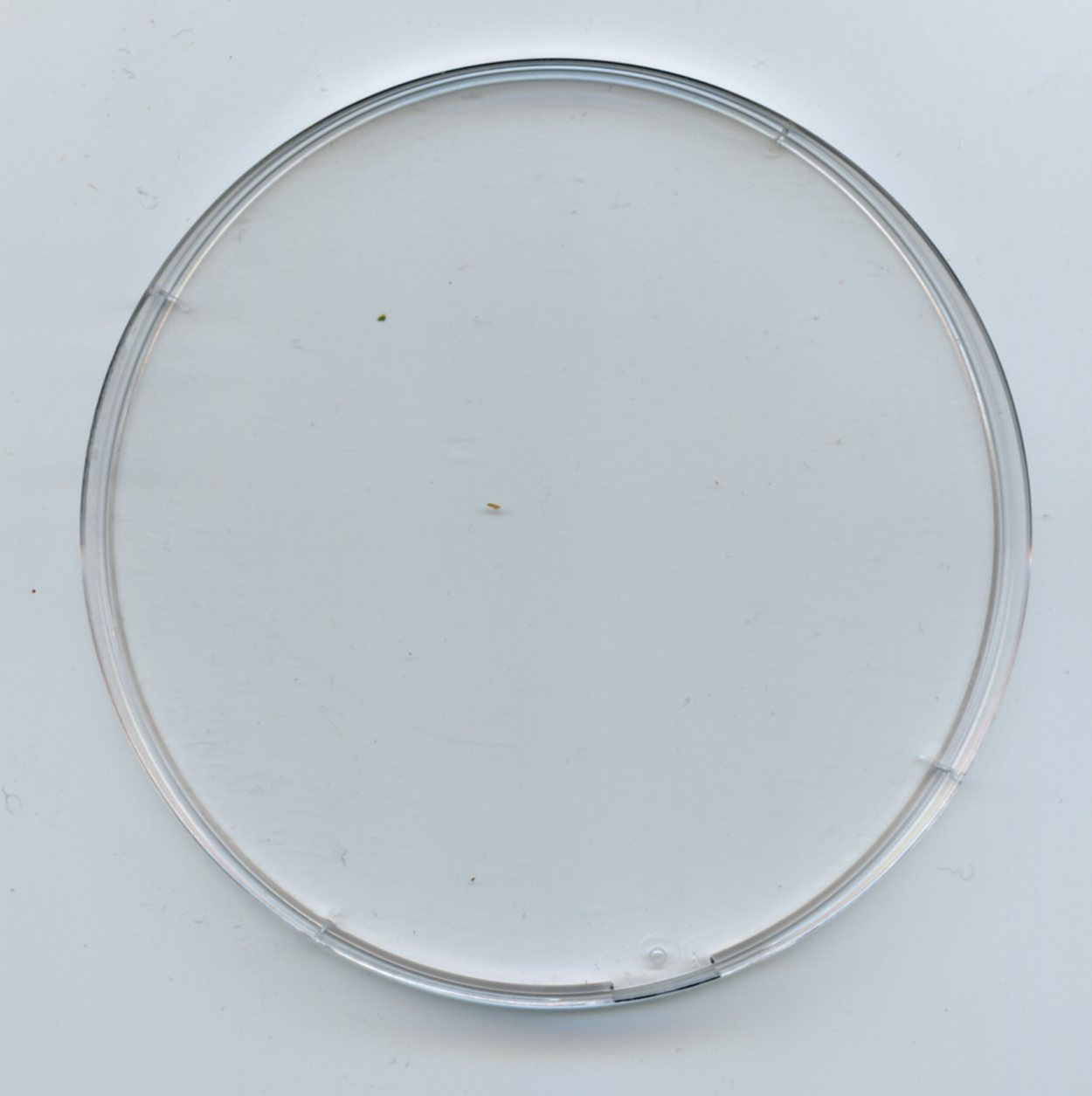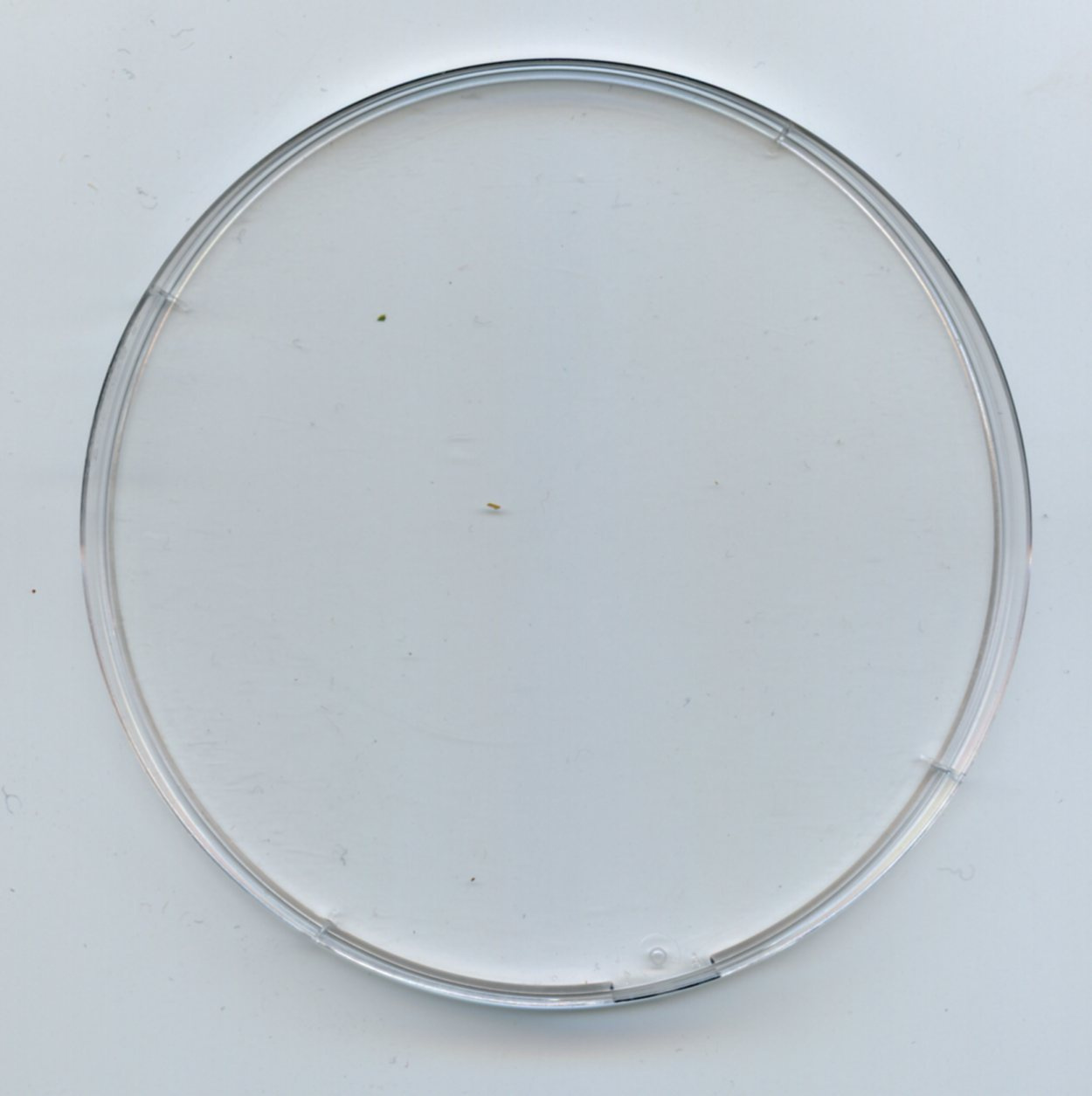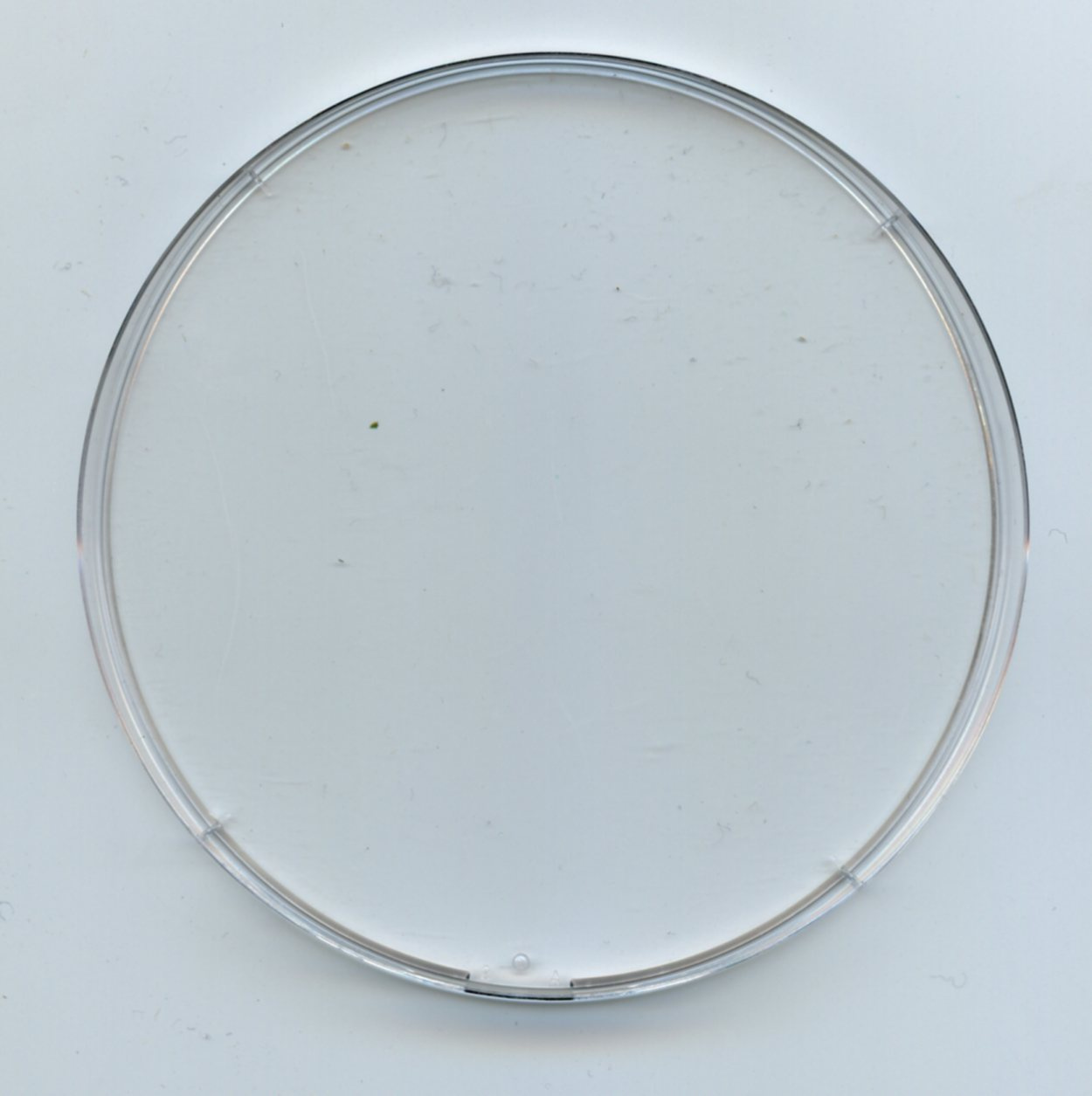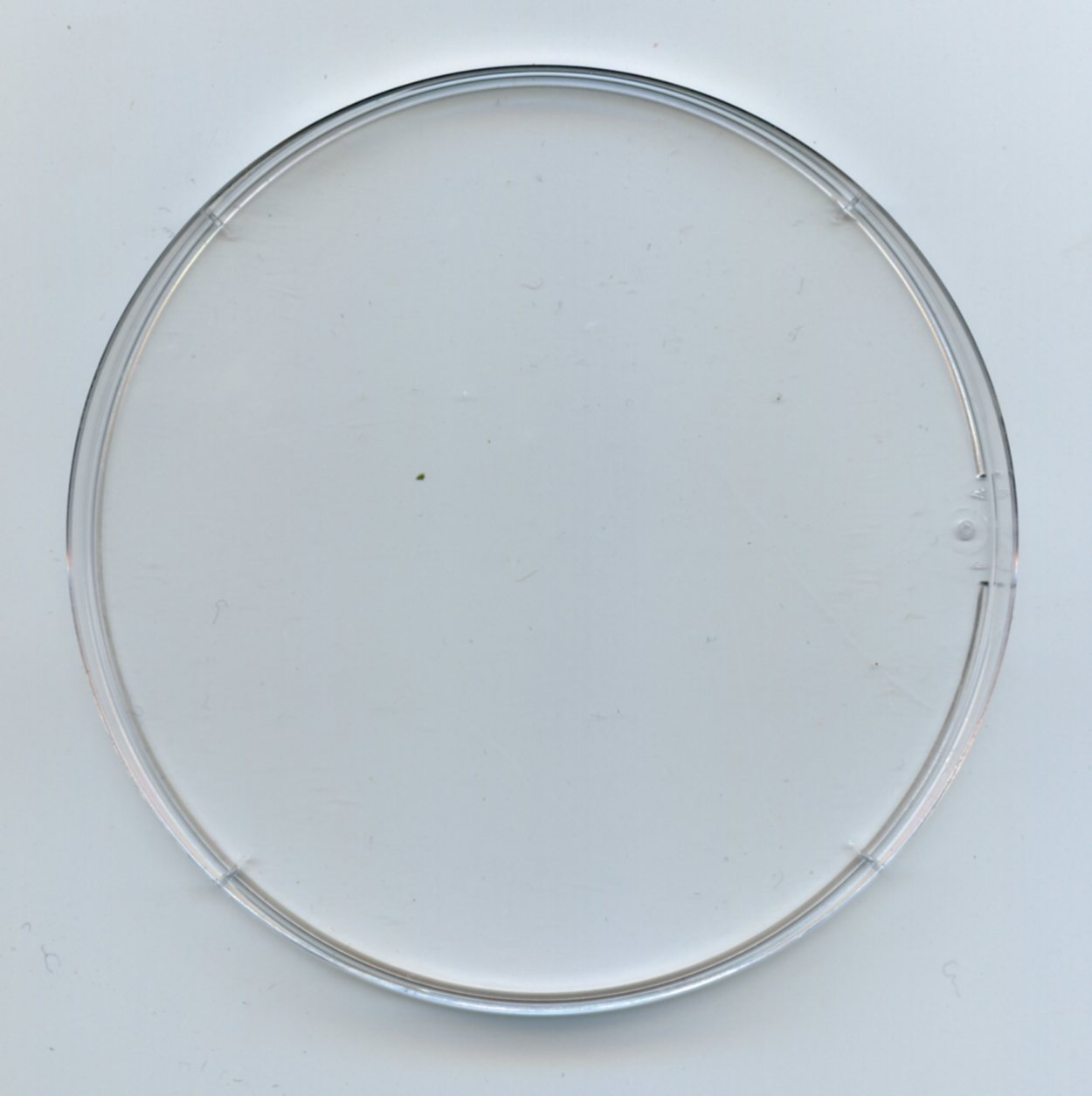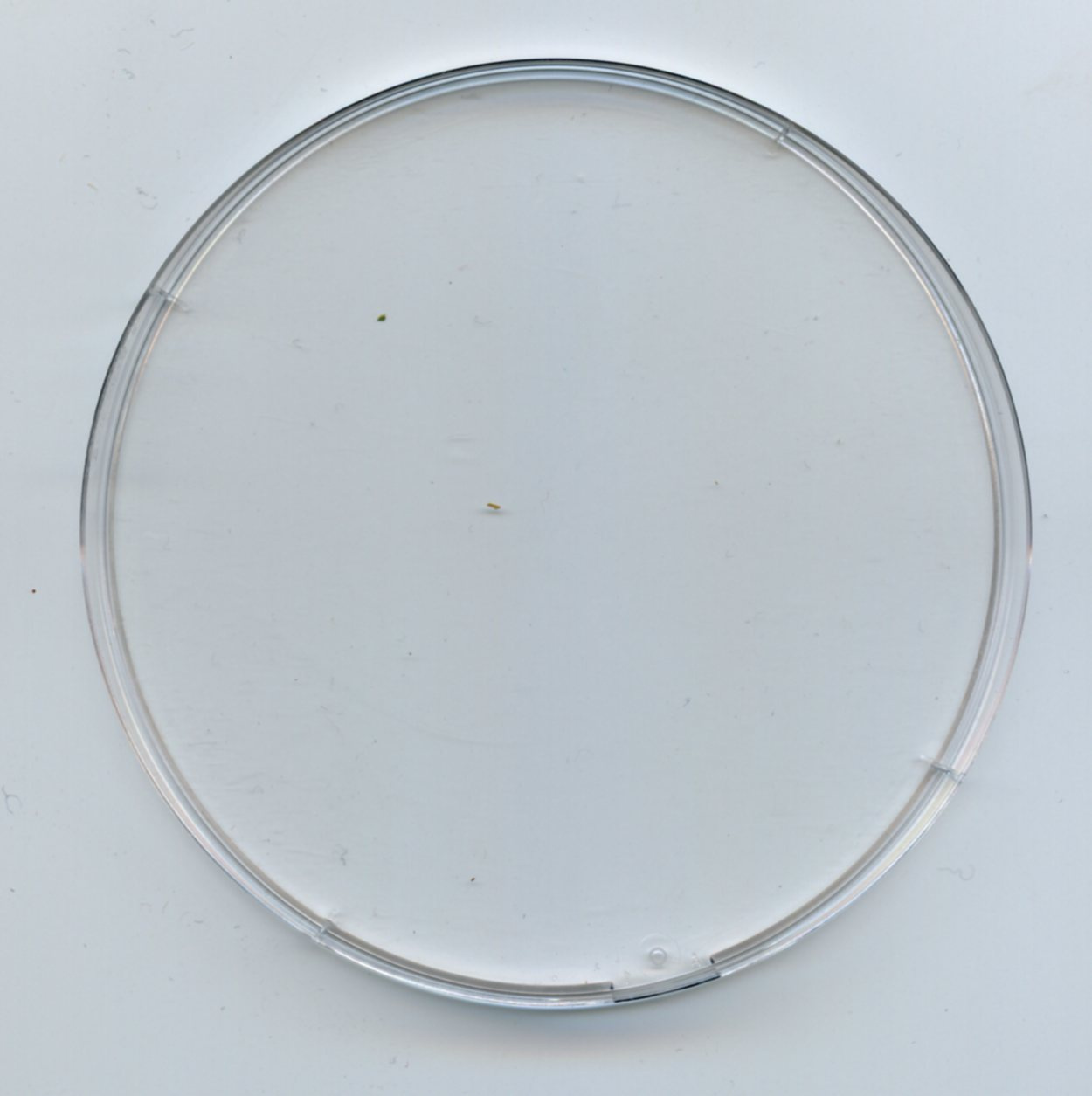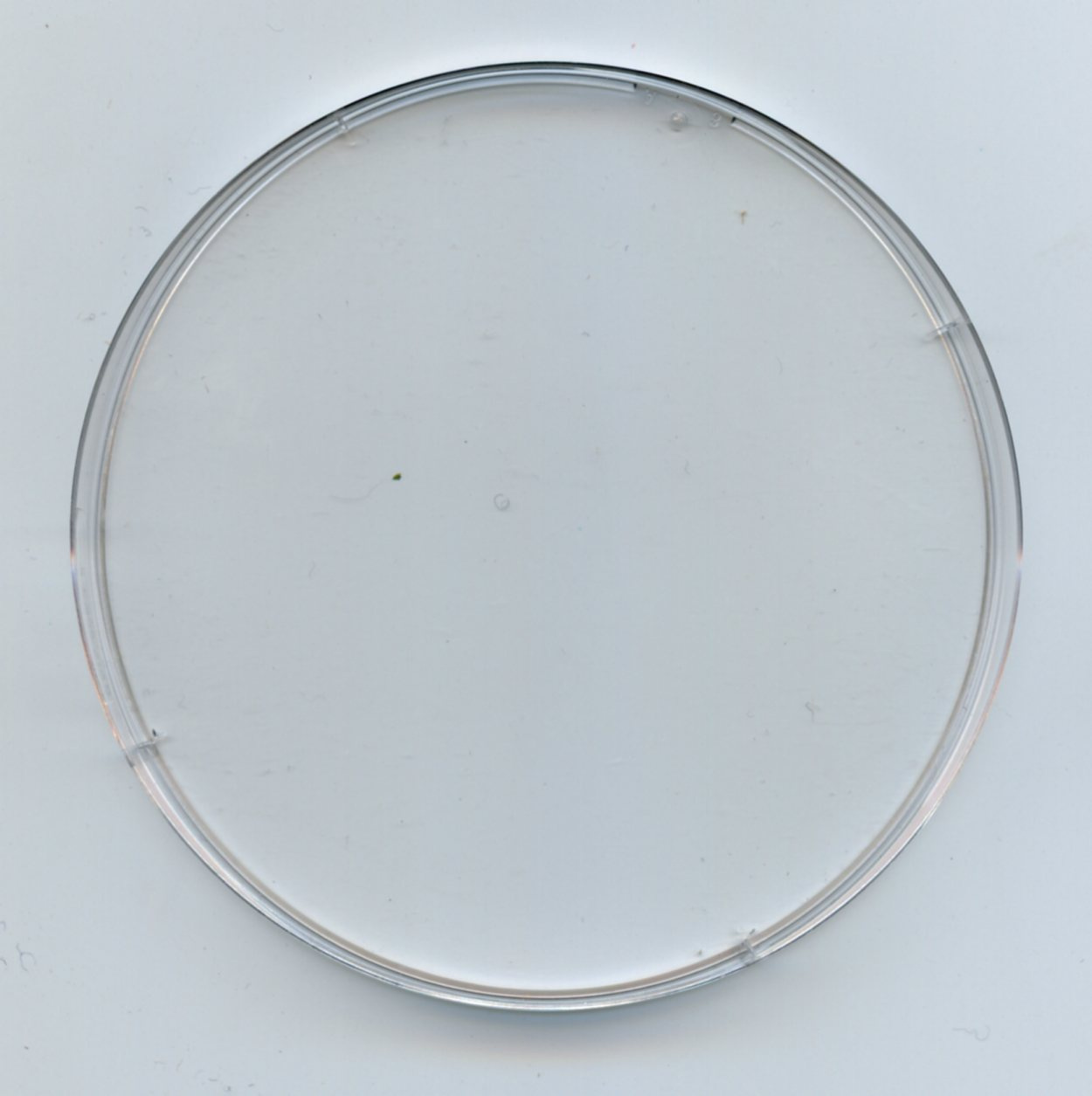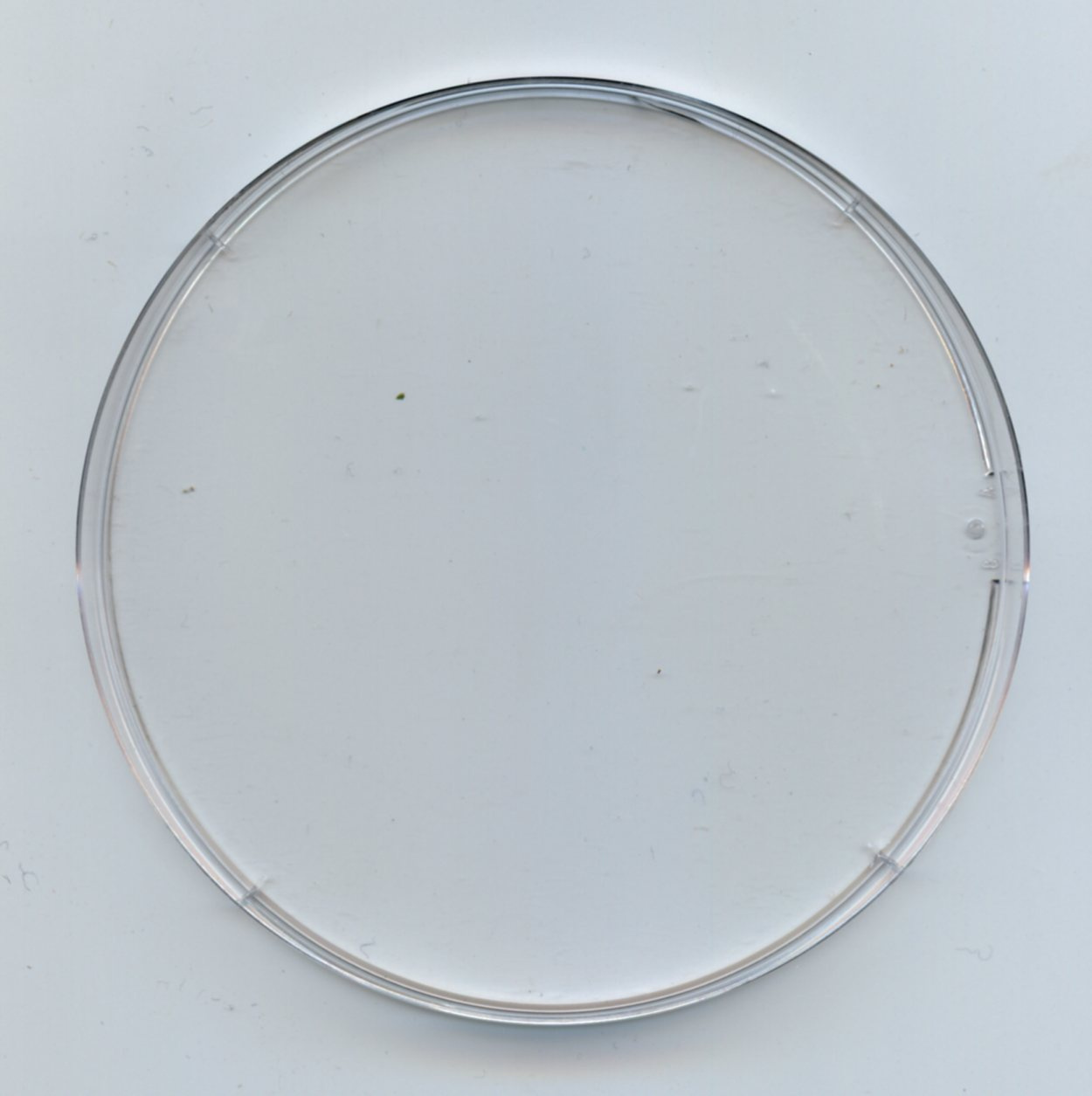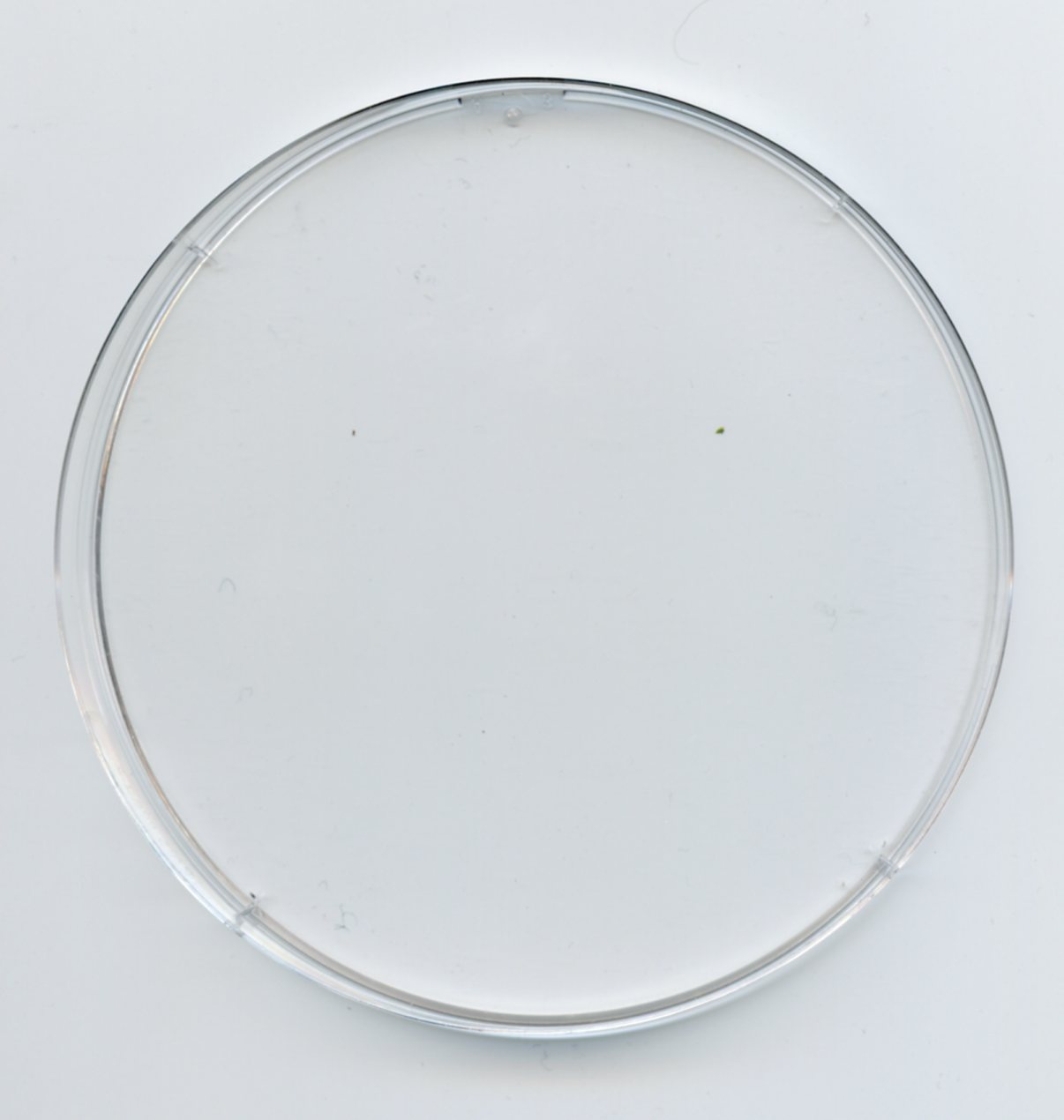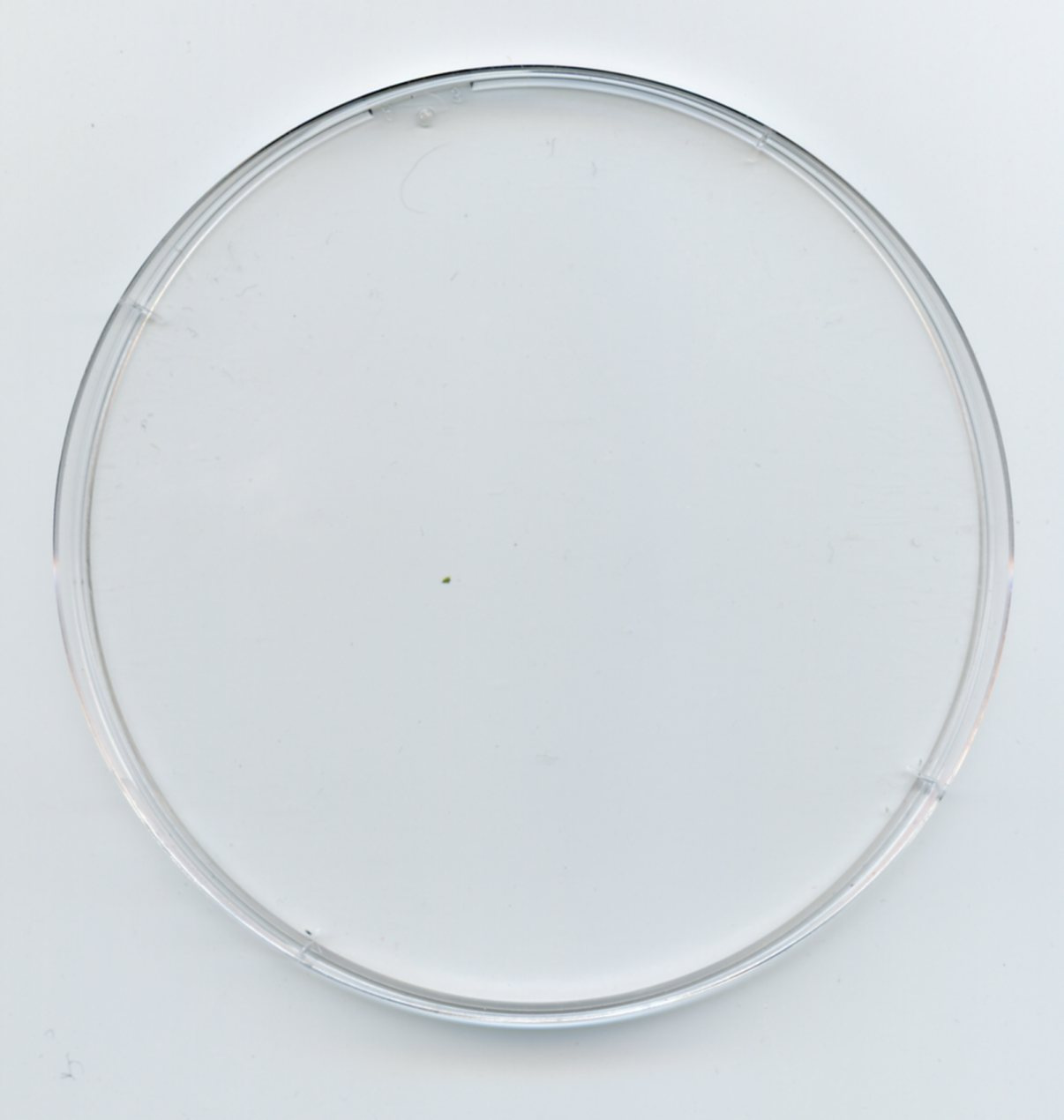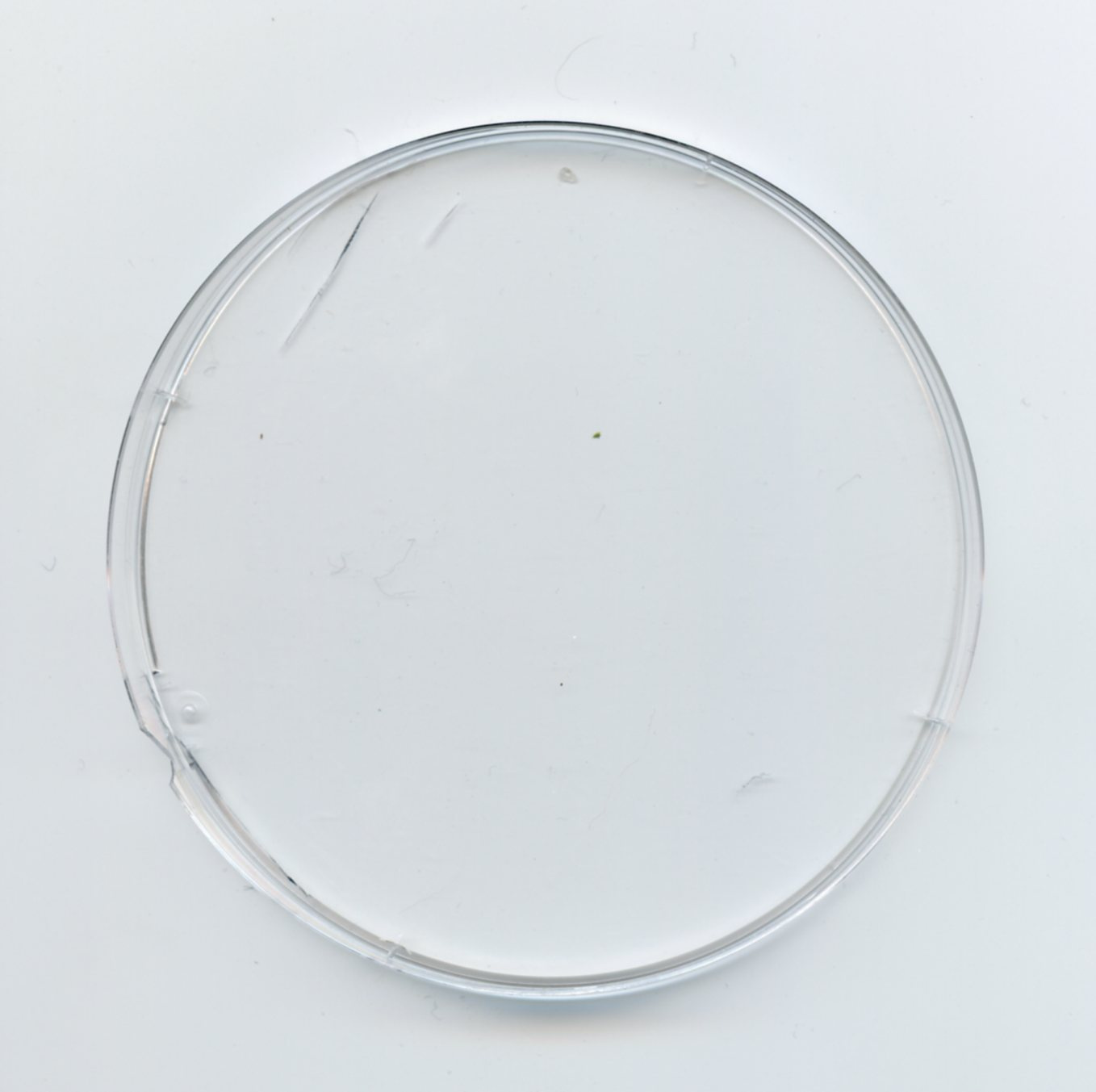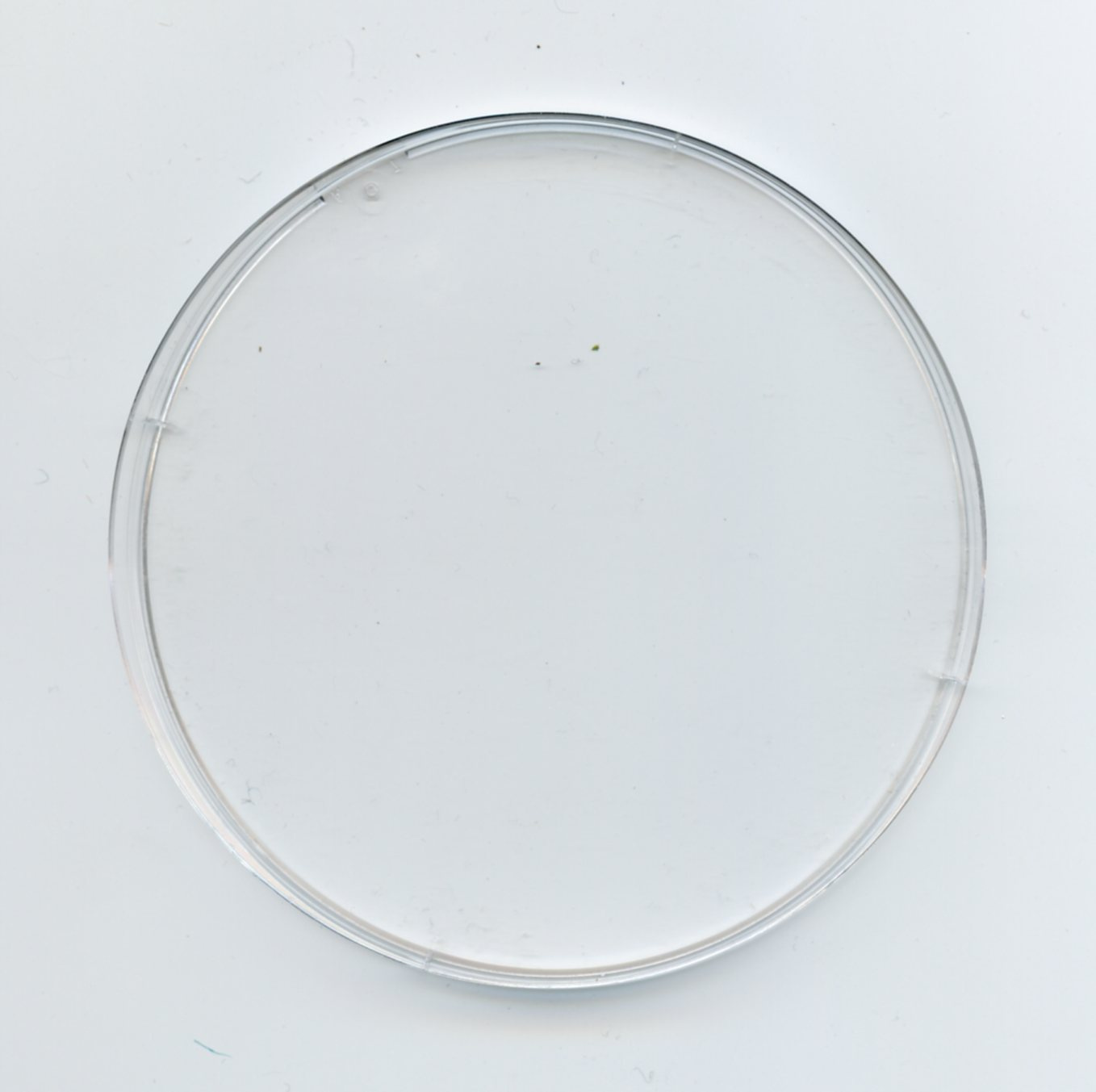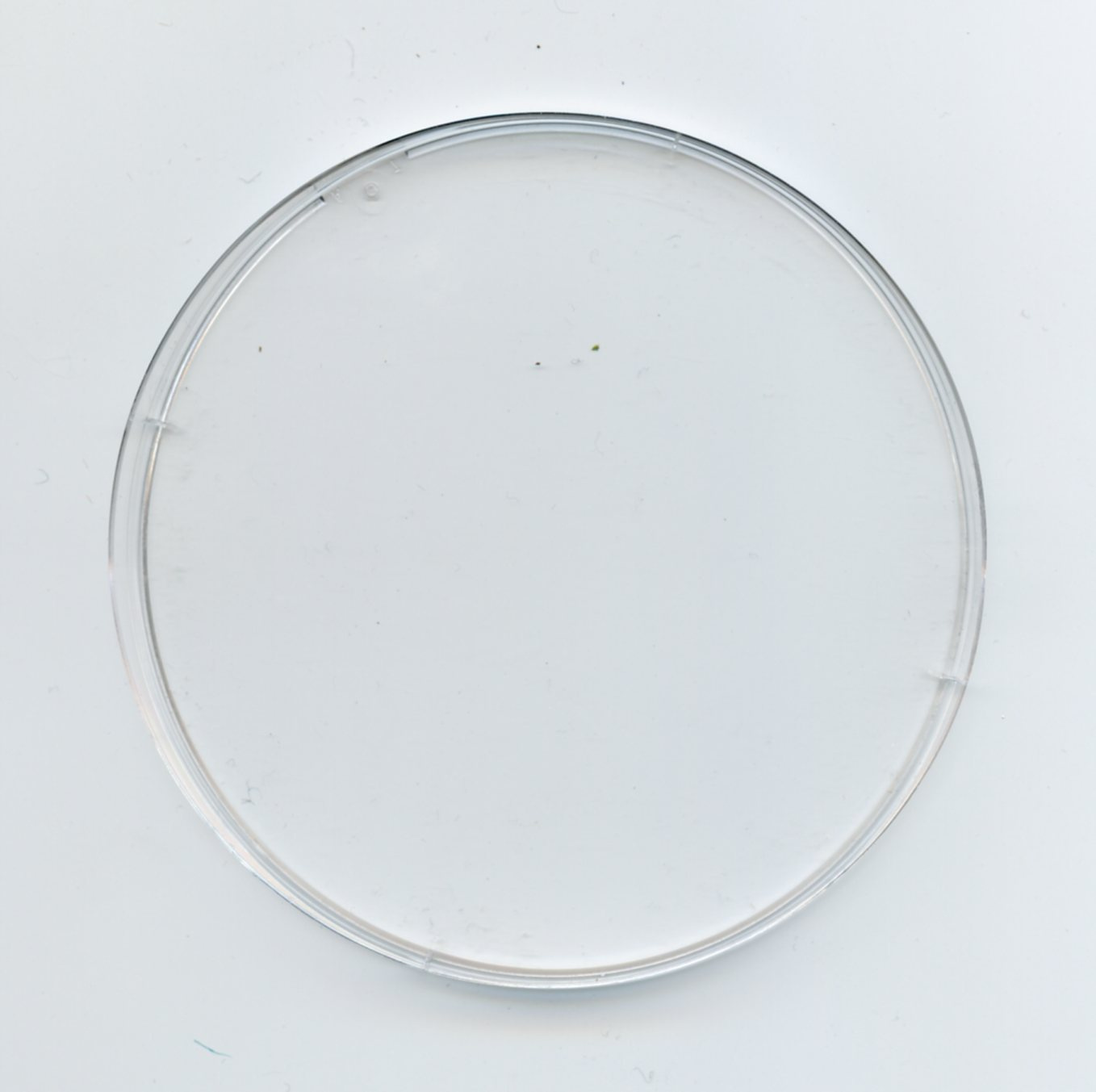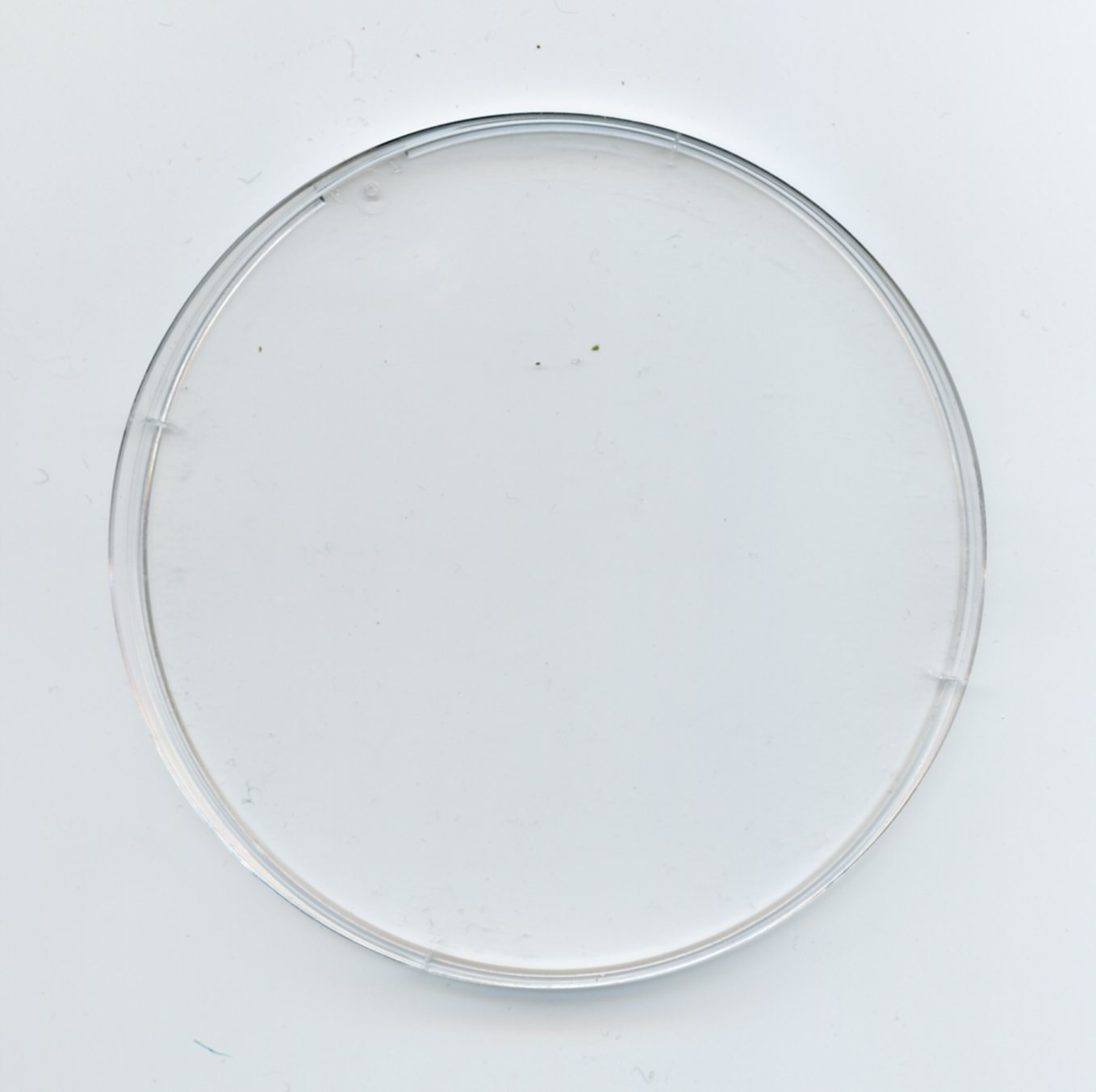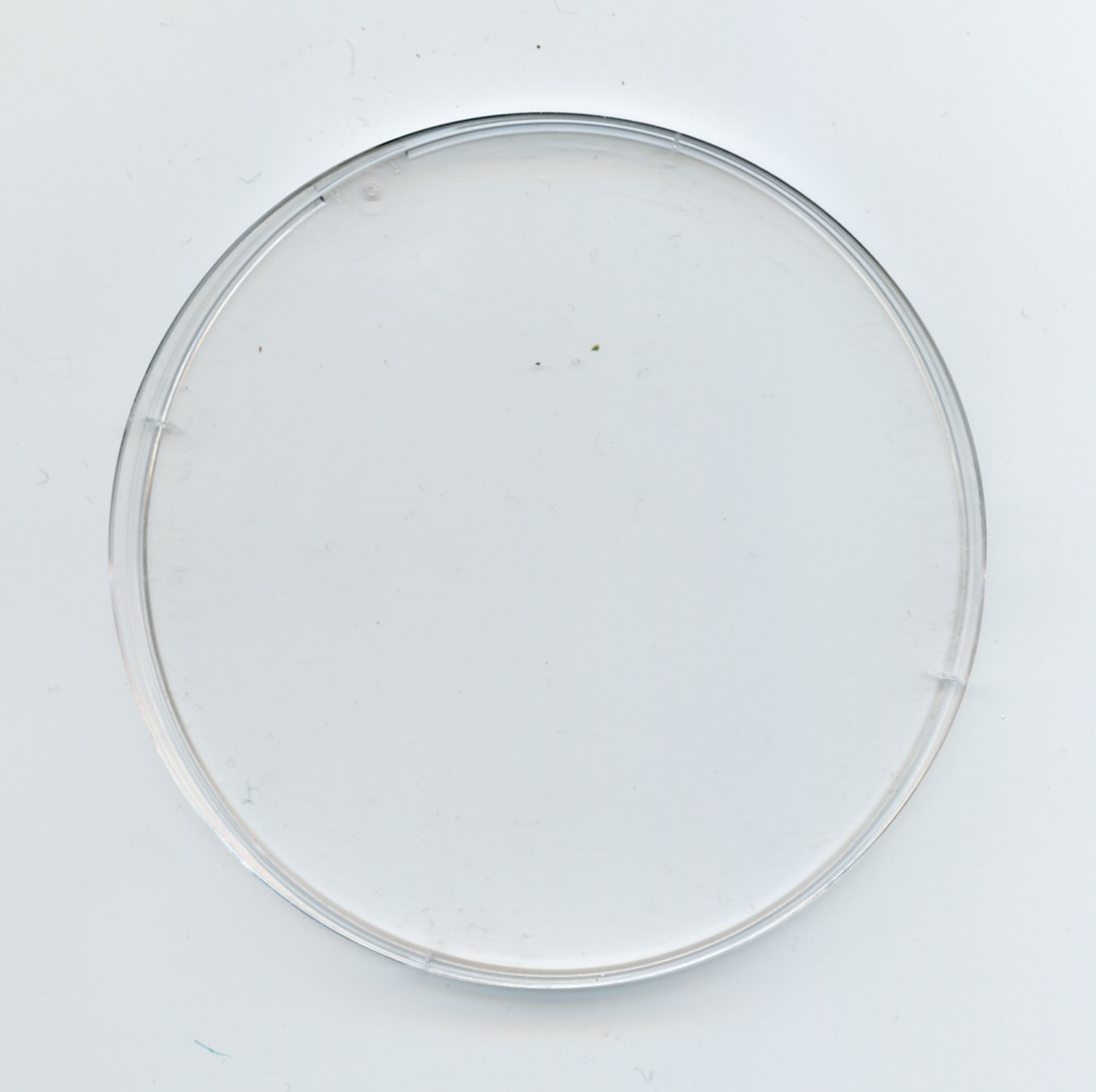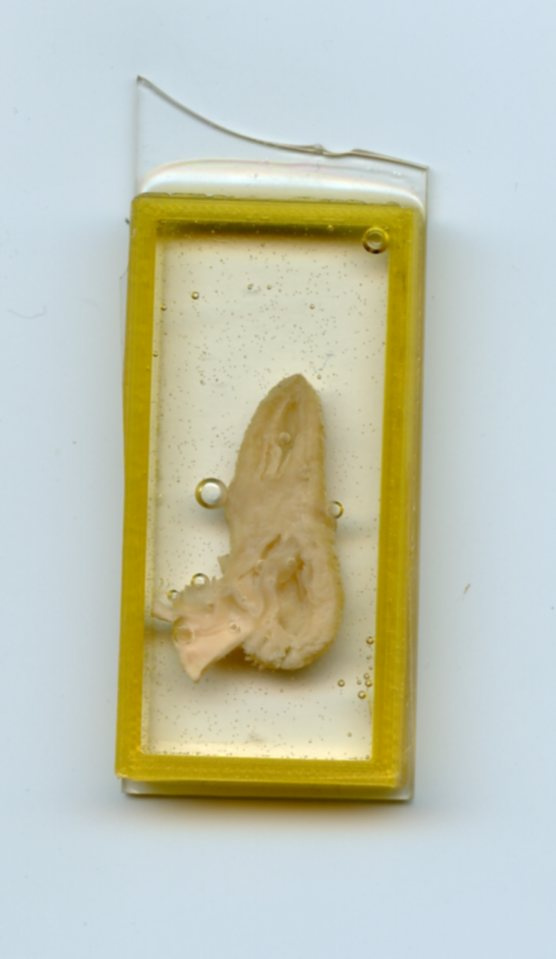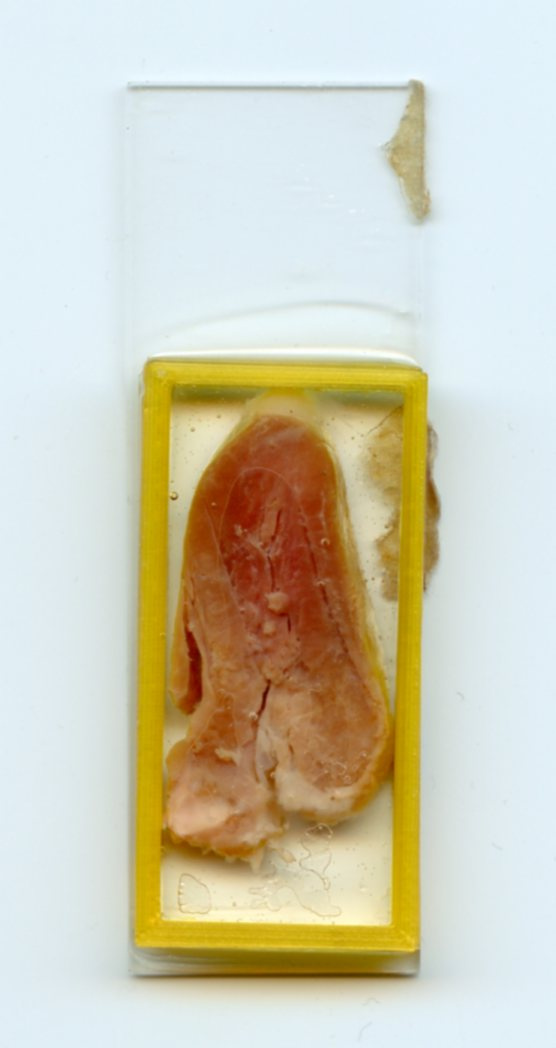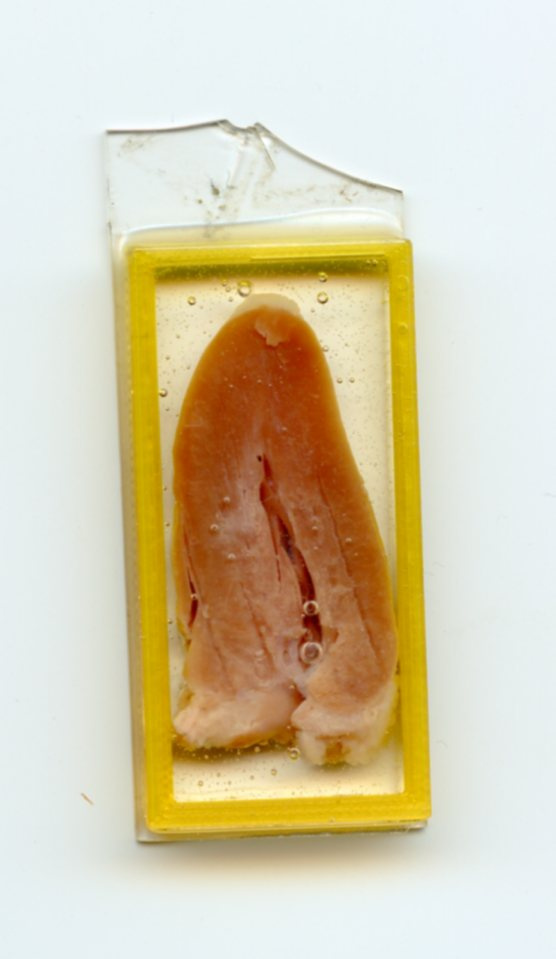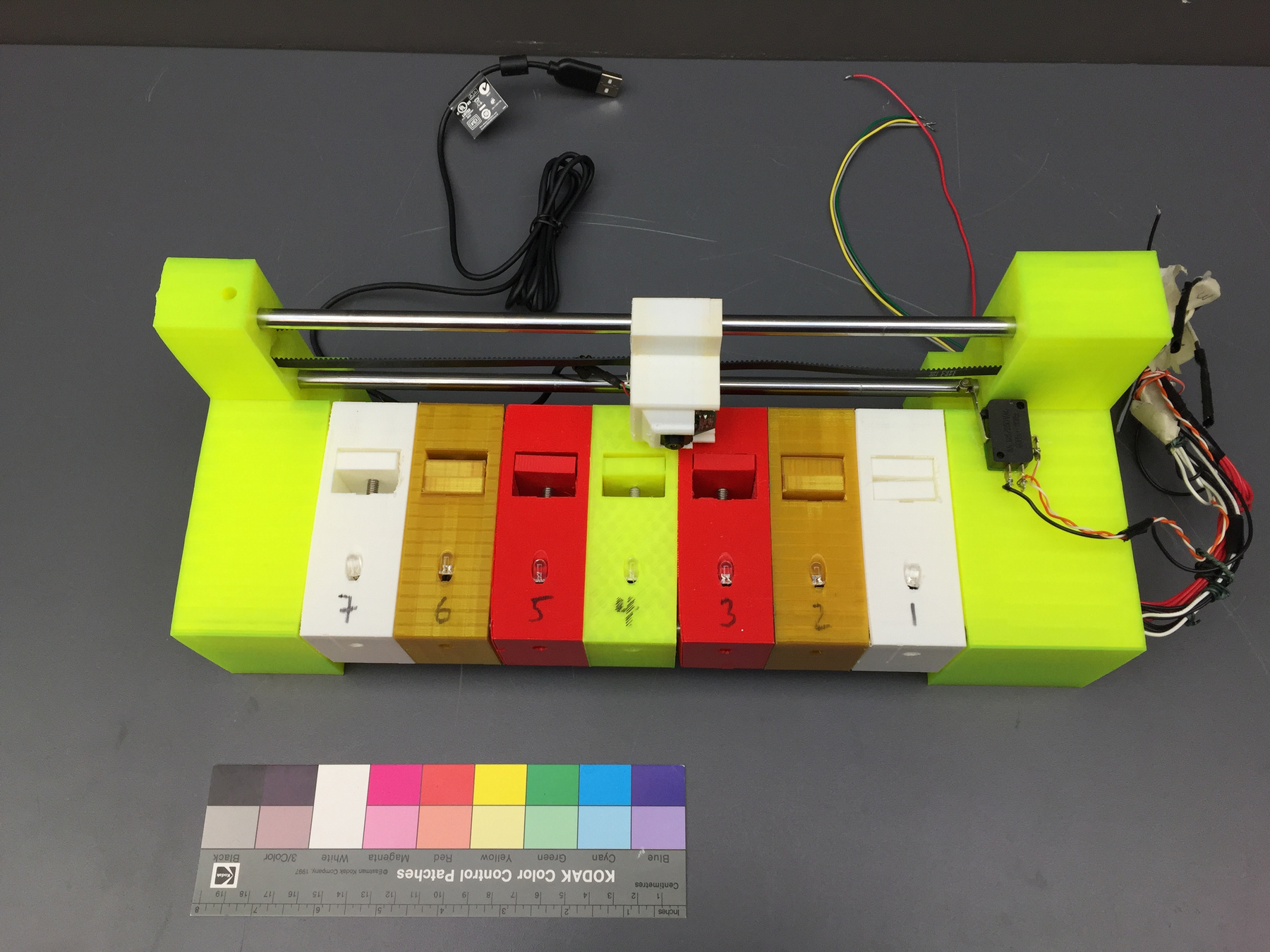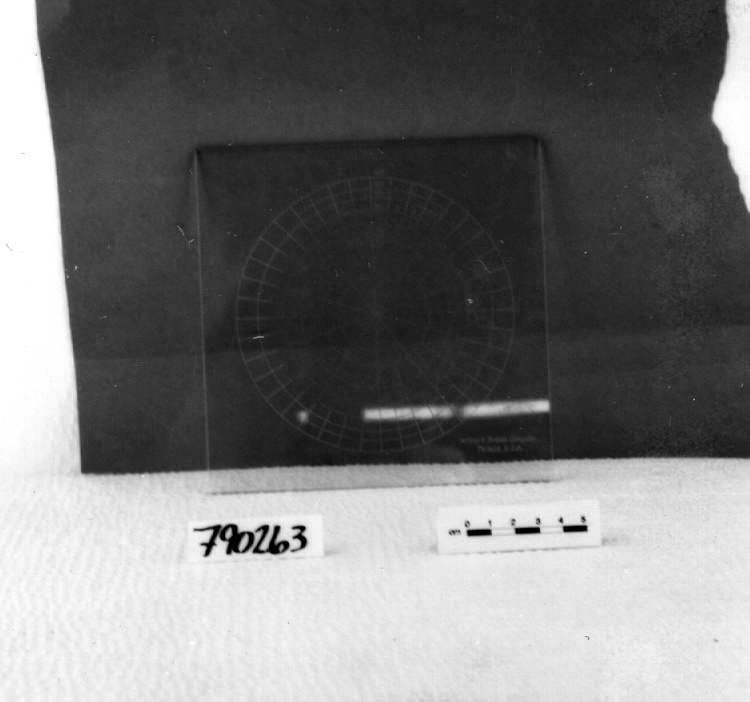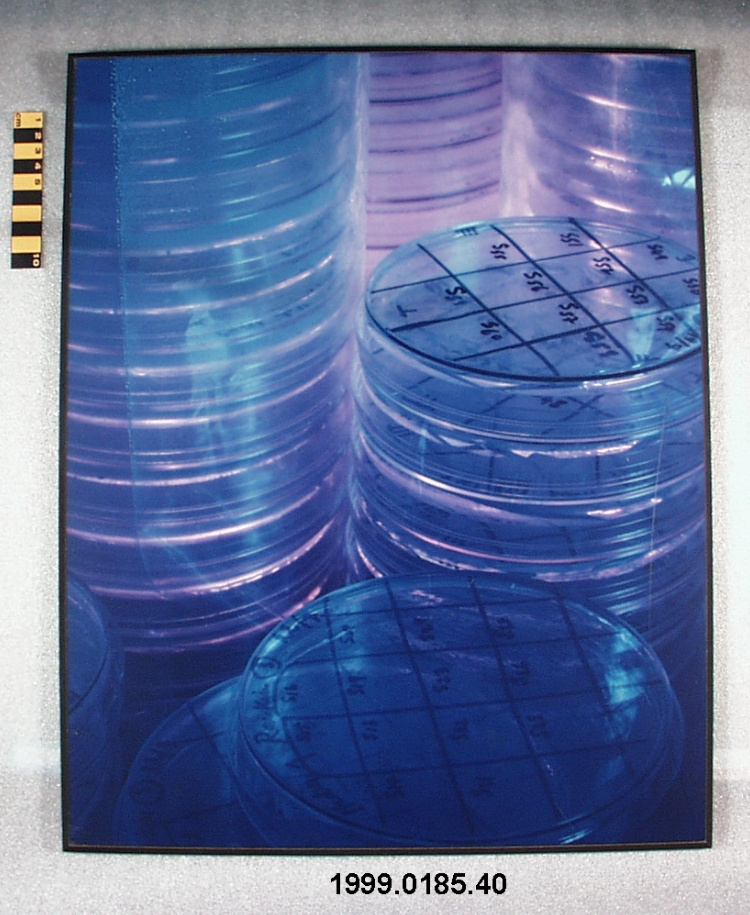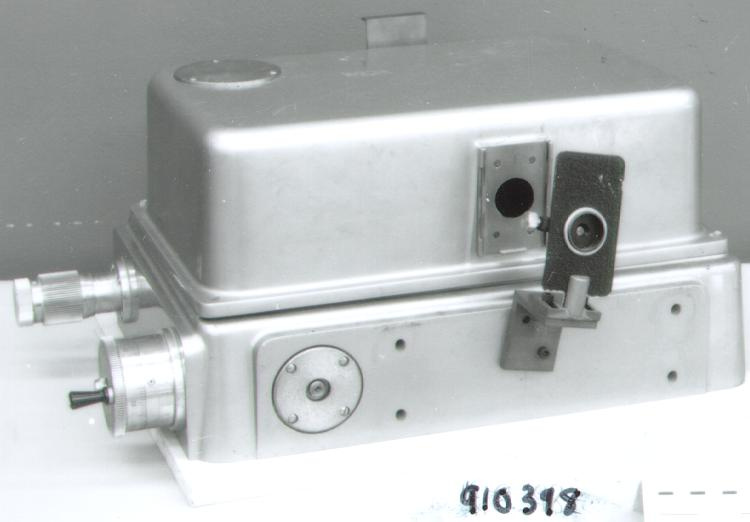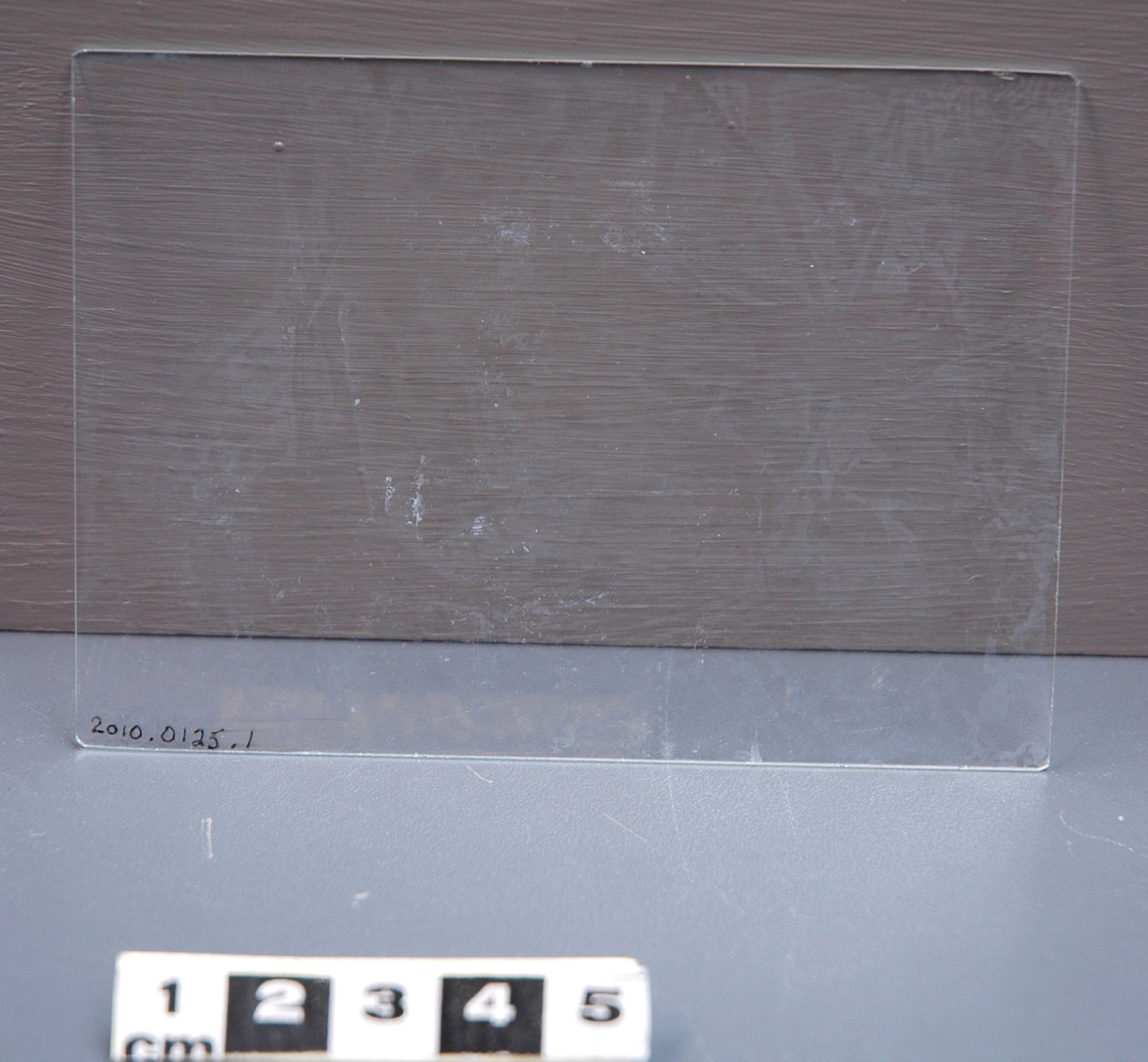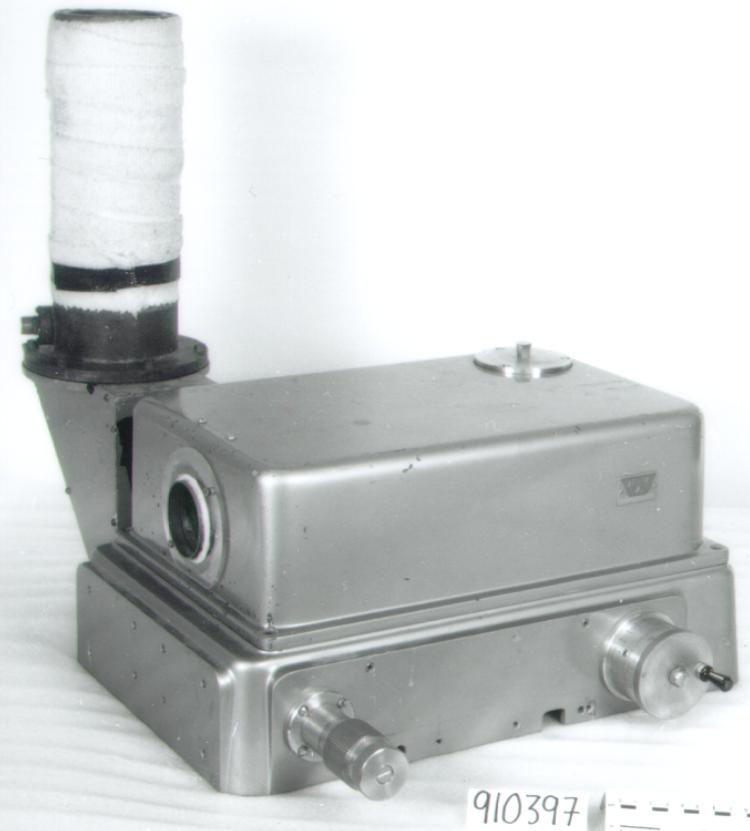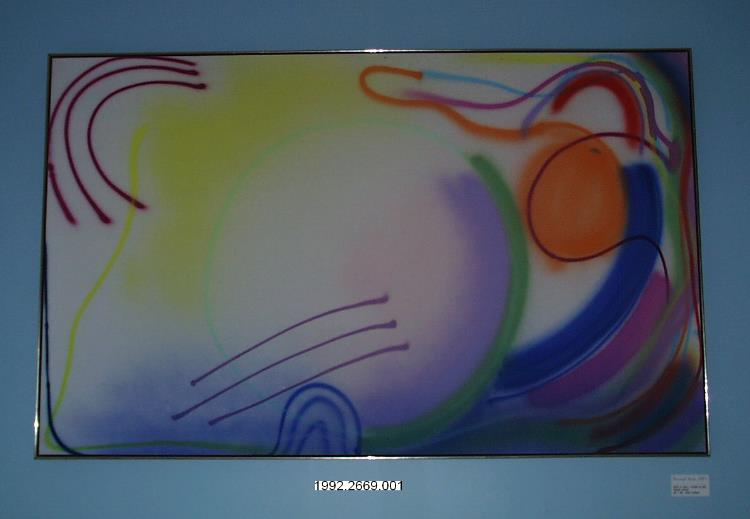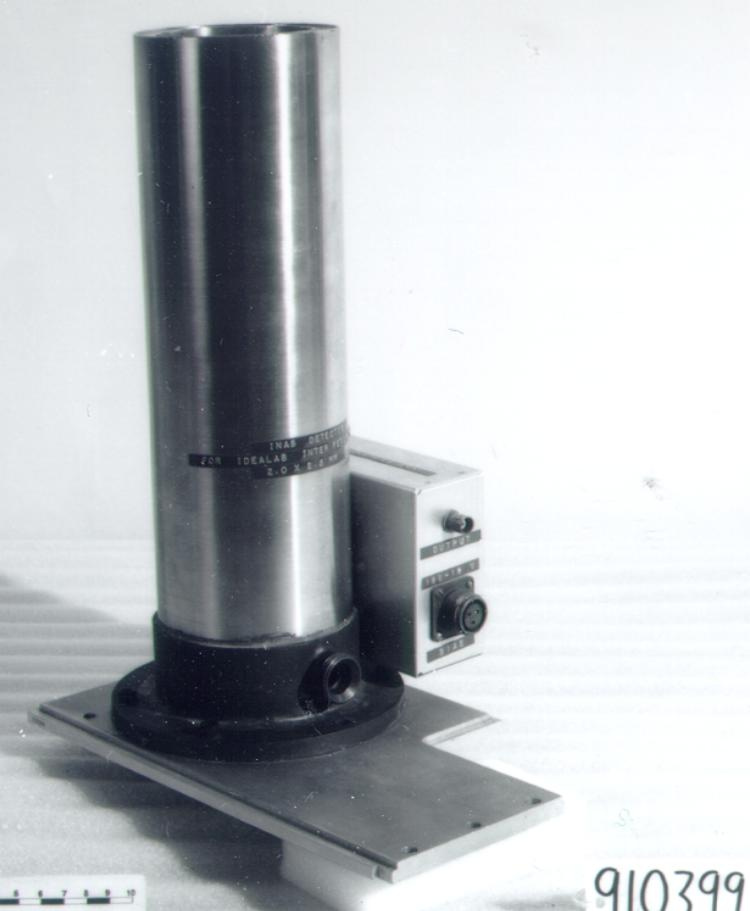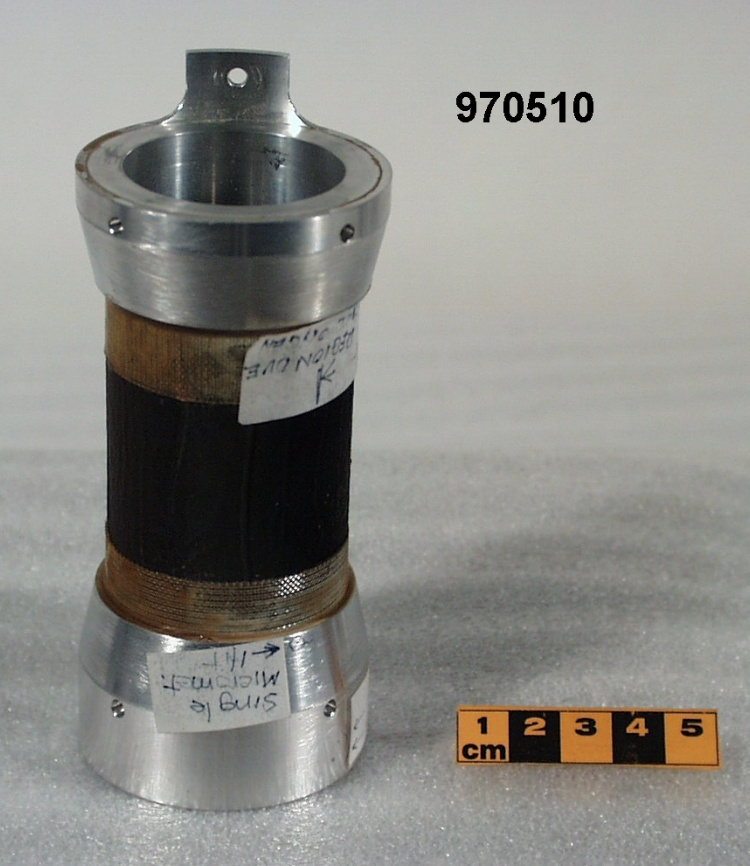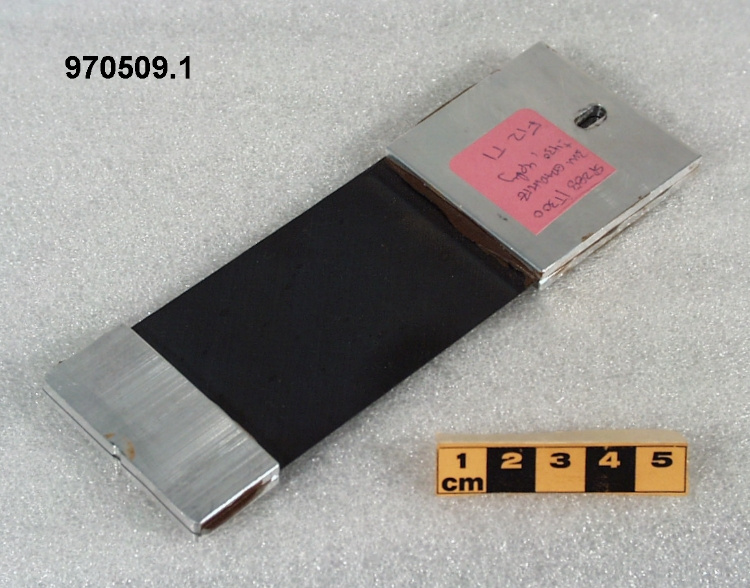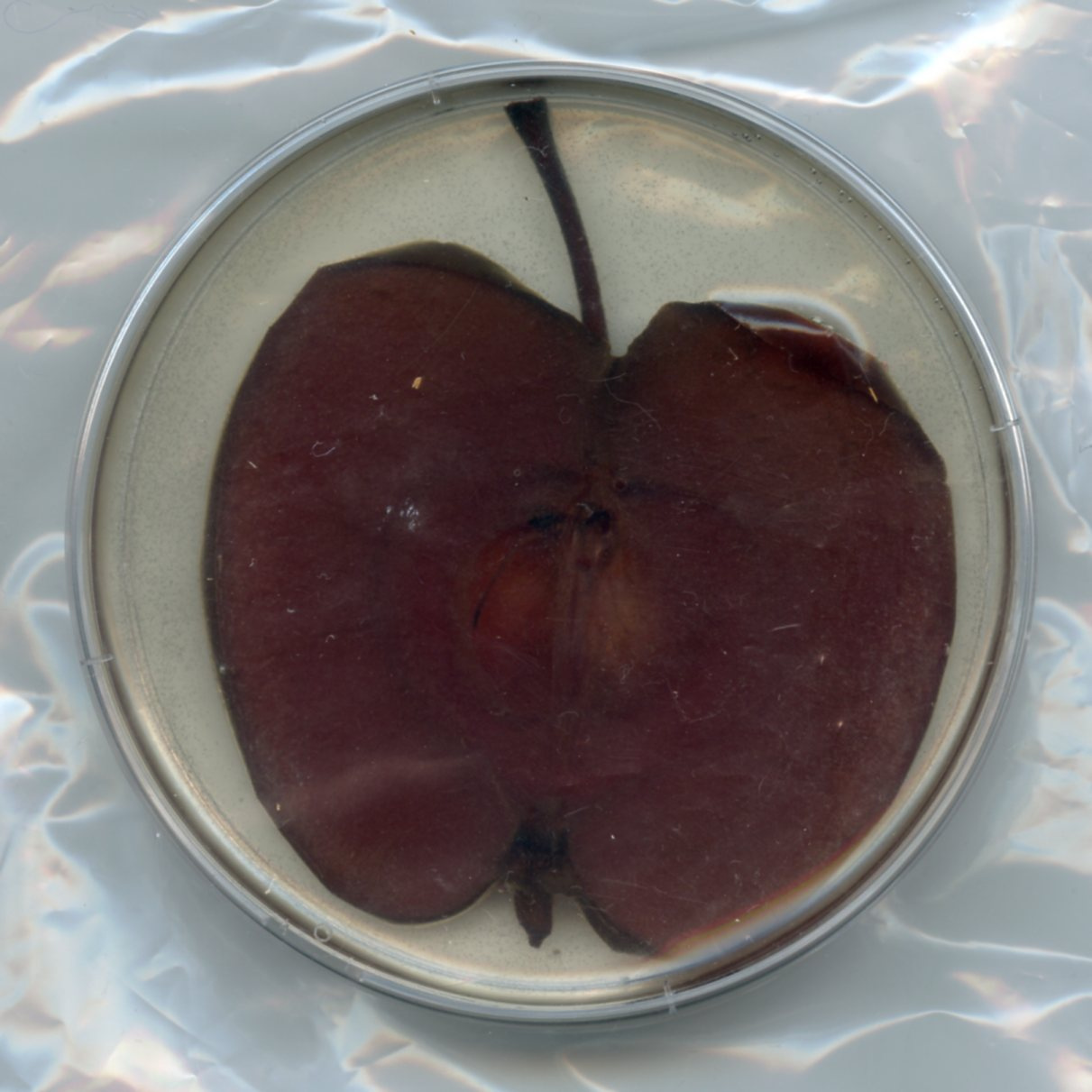Échantillon biologique
Utiliser cette image
Puis-je réutiliser cette image sans autorisation? Oui
Les images sur le portail de la collection d’Ingenium ont la licence Creative Commons suivante :
Copyright Ingenium / CC BY-NC-ND (Attribution-NonCommercial 4.0 International (CC BY-NC 4.0)
ATTRIBUER CETTE IMAGE
Ingenium,
2015.0091.001
Permalien:
Ingenium diffuse cette image sous le cadre de licence Creative Commons et encourage son téléchargement et sa réutilisation à des fins non commerciales. Veuillez mentionner Ingenium et citer le numéro de l’artefact.
TÉLÉCHARGER L’IMAGEACHETER CETTE IMAGE
Cette image peut être utilisée gratuitement pour des fins non commerciales.
Pour un usage commercial, veuillez consulter nos frais de reproduction et communiquer avec nous pour acheter l’image.
- TYPE D’OBJET
- apple/human epithelial/fibroblast cells
- DATE
- 2014
- NUMÉRO DE L’ARTEFACT
- 2015.0091.001
- FABRICANT
- Pelling, Dr. Andrew & Modulevski, Daniel
- MODÈLE
- Re-purposed 46
- EMPLACEMENT
- Ottawa, Ontario, Canada
Plus d’information
Renseignements généraux
- Nº de série
- S/O
- Nº de partie
- 1
- Nombre total de parties
- 2
- Ou
- S/O
- Brevets
- S/O
- Description générale
- Apple, human epithelial, fibroblast cells, acrylic-based epoxy and synthetic dish.
Dimensions
Remarque : Cette information reflète la taille générale pour l’entreposage et ne représente pas nécessairement les véritables dimensions de l’objet.
- Longueur
- S/O
- Largeur
- S/O
- Hauteur
- 1,4 cm
- Épaisseur
- S/O
- Poids
- S/O
- Diamètre
- 8,8 cm
- Volume
- S/O
Lexique
- Groupe
- Chimie
- Catégorie
- Biochimique
- Sous-catégorie
- S/O
Fabricant
- Ou
- Pelling Modulevski
- Pays
- Canada
- État/province
- Ontario
- Ville
- Ottawa
Contexte
- Pays
- Canada
- État/province
- Ontario
- Période
- Date manufactured October 2014 Specimens used between April 28 to May 31, 2015
- Canada
-
Taken from Acquisition proposal, reference #1: In Re-Purposed 46, Andrew Pelling and Daniel Modulevski demonstrate the ability to create living biological composites without resorting to genetic engineering and the manipulation of DNA. The experiment represents a ‘physical biohack’ in which apples were ‘re-purposed’ as a supporting matrix for living, artificial human tissues. This experiment was on exhibit at the 2015 Ontario Scene Festival’s “BioArt / Collaborating with Life” exhibition (Karsh-Masson Gallery, Ottawa City Hall, Apr. 28-May 31, 2015) which also featured talks from the lab’s artists-in-residence program (Tristan Matheson and WhiteFeather Hunter). The experiment is the product of the Pelling Lab’s cross-disciplinary environment where scientists, engineers and artists work together in the fields of biophysical manipulation. The lab is rooted in the biophysical, biological sciences, and the do-it-yourself (DIY) culture of manipulation, and affiliated with the Department of Physics, Department of Biology, and Institute for Science Society and Policy at the University of Ottawa. The Lab is also a member of the Fluxmedia Research-Creation Network (Concordia University) and collaborates closely with SymbioticA (University of Western Australia). Dr. Andrew E. Pelling is an associate professor cross-appointed in the Departments of Physics and Biology at the University of Ottawa. He was named a Canada Research Chair in 2008 (renewed in 2013), received an NSERC Discovery Accelerator Supplement Award in 2009, an Ontario Early Researcher Award in 2010, was elected as a member of the international Global Young Academy in 2013, and named a 2016 TED Fellow . Daniel Modulevsky is currently (2015) a PhD student working under the supervision of Dr. Andrew E. Pelling and is the recipient of PhD fellowship from the Fonds de Recherche du Québec-Santé and was awarded the Presidential Scholar Award from the Microscopy and Microanalysis department in 2013. - Fonction
-
A proof of concept experiment which does not use genetic engineering and the manipulation of DNA in which apples were manipulated into reliable 3D culture scaffolding for the purpose of providing a low-cost and sustainable alternative to synthetic three-dimensional culture systems. - Technique
-
Taken from Acquisition proposal, reference #1: Apples, human epithelial and fibroblast cells, plastic petri dishes and epoxy are preserved Henrietta-Lacks (HeLa) human cells grown in 46 slices of decellularized McIntosh apples (Modulevski, Pelling). The apples were decellularized by washing/bathing in a sodium dodecyl sulphate (SDS) soap solution to decellularize the active apple tissue, leaving the apple cell structure as 'scaffolding' onto which the human cells could take hold and grow in vitro (which took about 2 months). Once the growth phase was completed, each of the 46 samples was preserved in an acrylic-based epoxy which set and fixed the biological material as one solid in order to be preserved. - Notes sur la région
-
Inconnu
Détails
- Marques
- None apparent.
- Manque
- Appears complete.
- Fini
- Thin slice of apple, human epithelial and fibroblast cells in clear synthetic petri dish and set and preserved in a clear acrylic-based epoxy. Apple's skin and flesh is dark red in colour. Thin apple core with stalk, seed and calyx. Petri dish is two-thirds filled with epoxy. Epoxy surrounding the apple is translucent and dark yellow. Minute bubbles all over the apple. Possible mold spots on apple.
- Décoration
- S/O
FAIRE RÉFÉRENCE À CET OBJET
Si vous souhaitez publier de l’information sur cet objet de collection, veuillez indiquer ce qui suit :
Pelling, Dr. Andrew & Modulevski, Daniel, Échantillon biologique, 2014, Numéro de l'artefact 2015.0091, Ingenium - Musées des sciences et de l'innovation du Canada, http://collections.ingeniumcanada.org/fr/id/2015.0091.001/
RÉTROACTION
Envoyer une question ou un commentaire sur cet artefact.
Plus comme ceci
